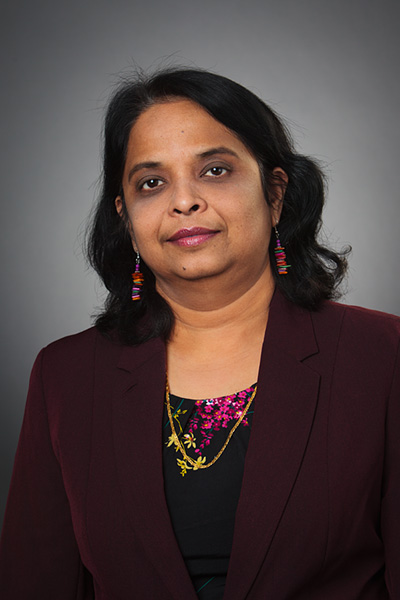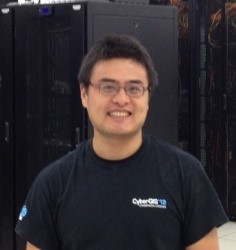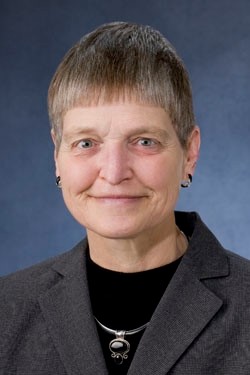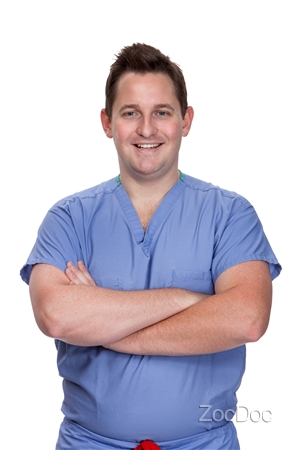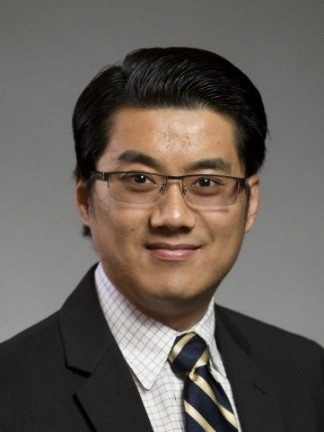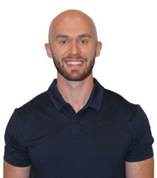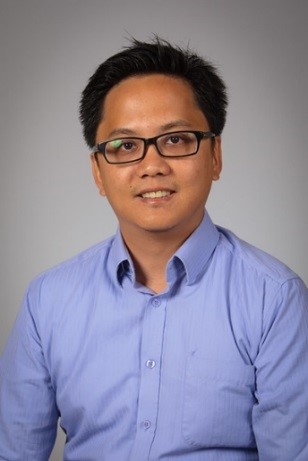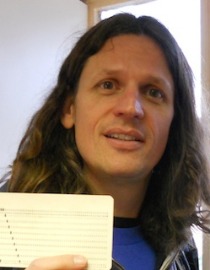TTU & TTUHSC Directory
A B C D E F G H I J K L M N O P R S T V W X Y Z
*For those interested in including your information, please fill out our information form.*
~A~
Noureddine Abidi, Ph.D.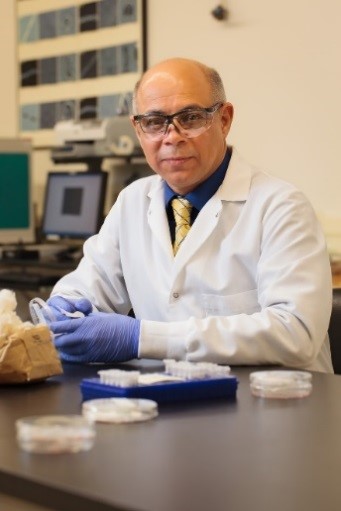
Title: Leidigh Professor, Department of Plant and Soil Science Managing Director; Fiber
and Biopolymer Research Institute Fulbright Scholar
Institution: Texas Tech University
Email: noureddine.abidi@ttu.edu
Phone: 806-742-5333
Website: www.pssc.ttu.edu
www.fbri.ttu.edu/
Keywords: Cellulose, Biopolymers, Spectroscopic imaging
My research is focused on (1) using Fourier transform infrared micro-spectroscopy imaging to study diverse ranges of materials such as biological tissues, plasma, etc. and (2) preparing biomaterials from cellulose biopolymers.
Awasom (Innocent) Afuh, Ph.D.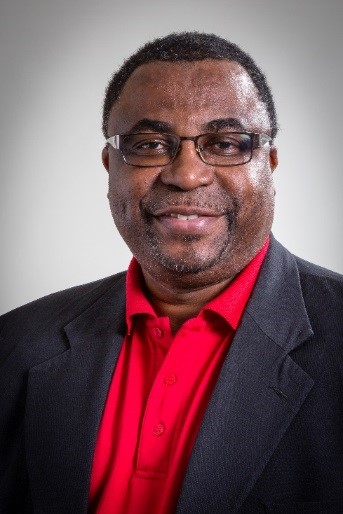
Title: Associate Librarian (STEM), Texas Tech University; Libraries Liaison to the Biological
Sciences, Chemistry and Biochemistry, and the College of Agriculture
Institution: Texas Tech University
Email: awasom.afuh@ttu.edu
Phone: 806-834-2385
Website: https://guides.library.ttu.edu/c.php?g=543228
I am a Life Science Librarian with graduate degrees in the Biological Sciences as well as in Scientific and Technical Information (STI) management. I have collaborated in projects in the Biological Sciences as well as Health Sciences in the area of health information access and literacy, public health as well as in scholarly communications and metrics. I bring erudite research skills to a multidisciplinary research team.
Dr. Richard Alboroto, LMSW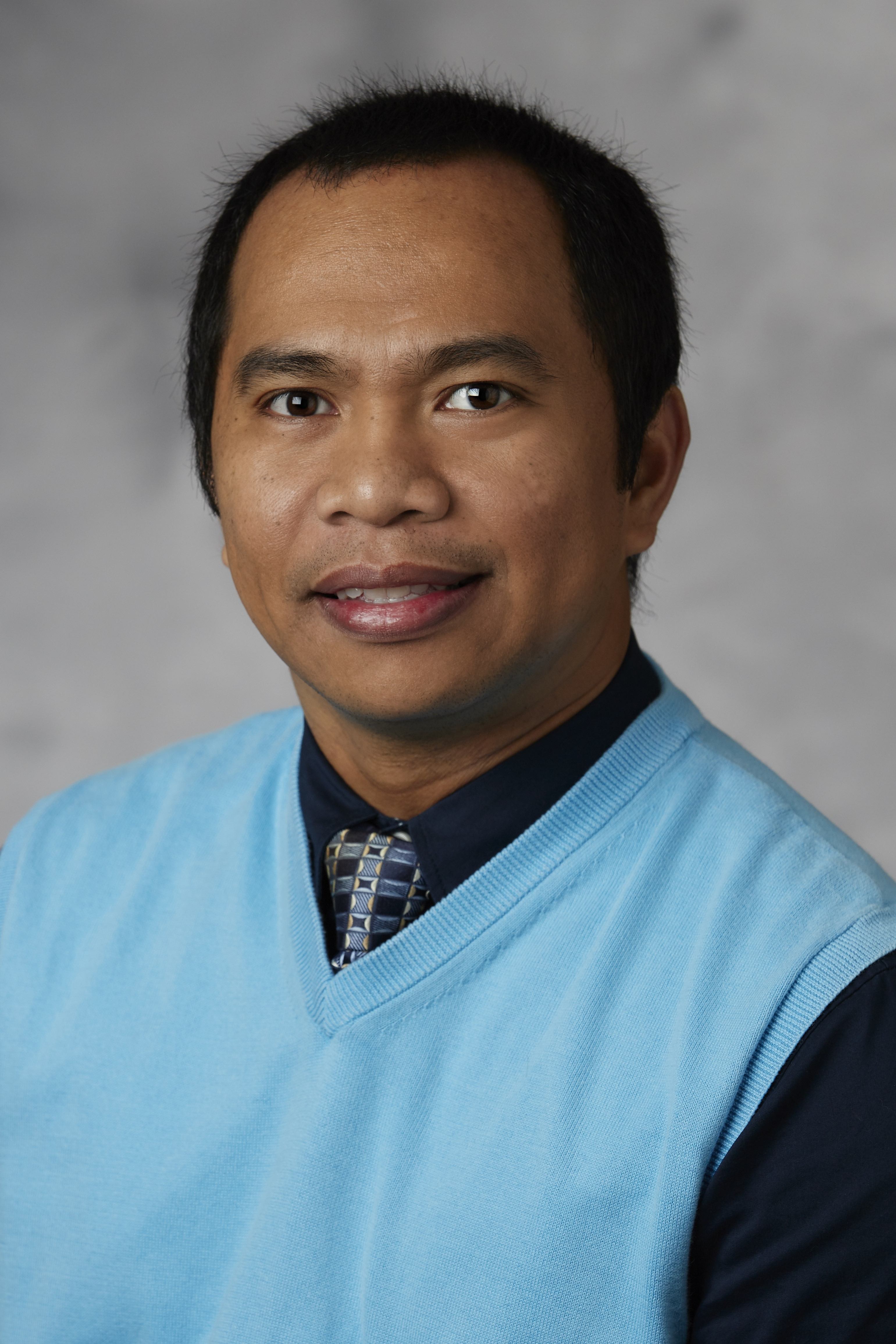
Title: Assistant Professor
Institution: Texas Tech University
Email: richard.alboroto@ttu.edu
Phone: 808-343-2150
Keywords: child welfare, problematic behavior, abuse, neglect, permanency
I am interested in addressing the problematic behavior of children in the child welfare system. I hope to identify the factors or characteristics of children with behavioral problems and assess them to receive the right services needed. The ultimate goal of my research is to find and provide a safe environment for the children so they will live a life free from abusive and risky conditions.
Kembra Albracht-Schulte, Ph.D.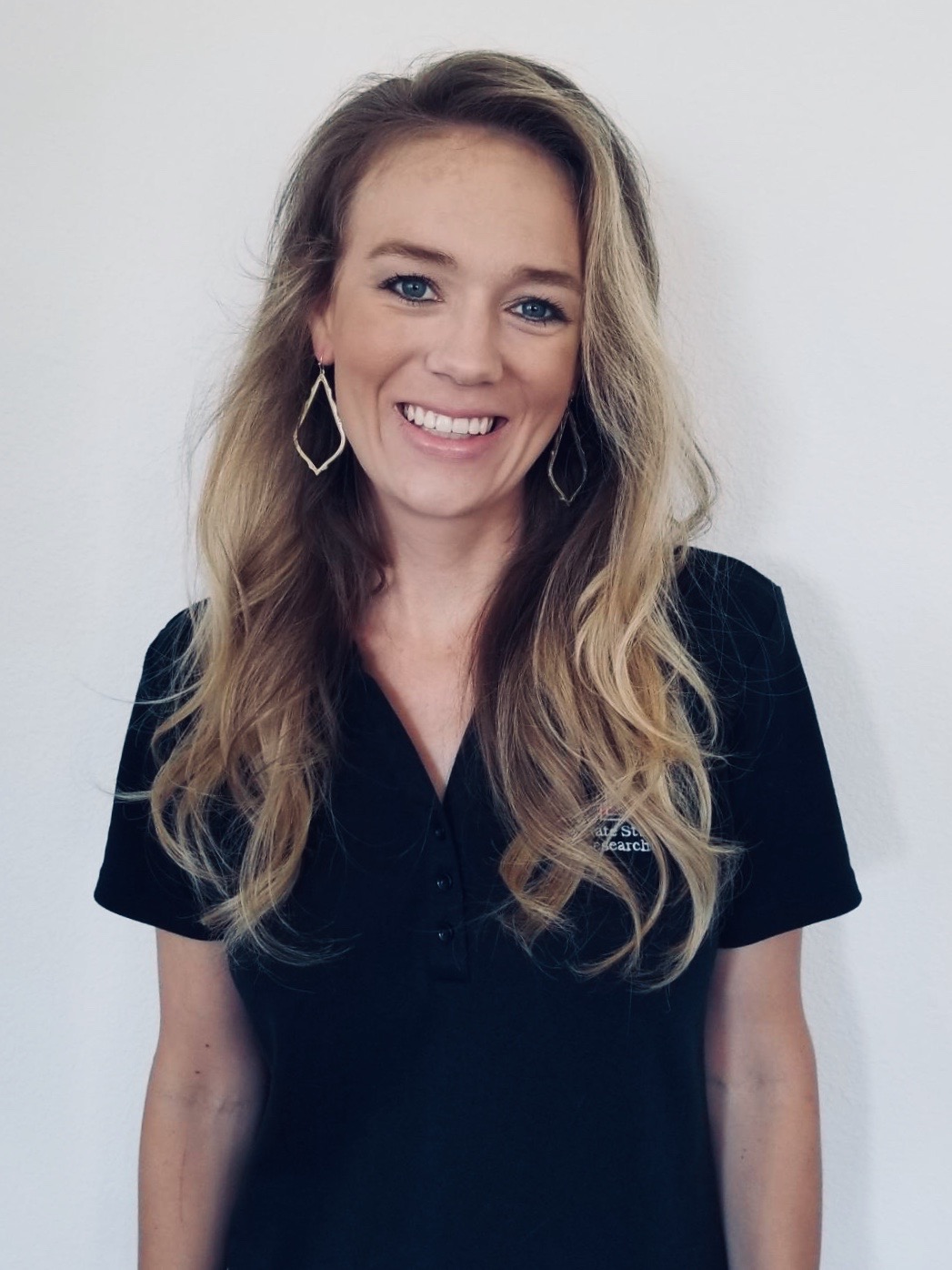
Title: Assistant Professor in Exercise Physiology, Director of the Nutrition, Exercise,
& Translational (NExT) Medicine Lab
Institute: Texas Tech University
Email:kembra.albracht@ttu.edu
Phone: 806-742-5270
Kembra Albracht-Schulte is an assistant professor in exercise physiology and the director of the Nutrition, Exercise, & Translational (NExT) Medicine Lab. She earned her B.S. in Exercise Science at Lubbock Christian University and her M.S. in Exercise Science and Ph.D. in Nutrition at Texas Tech University. Her M.S. research focused on the anxiolytic effectiveness of acute sessions of yoga. Under the mentorship of Dr. Naïma Moustaid-Moussa and Dr. Latha Ramalingam, her doctoral research focused on investigating the effects of an omega 3 fatty acid from fish oil, eicosapentaenoic acid (EPA) on liver metabolism and inflammation. A USDA NIFA ELI Predoctoral Fellowship (2017-2019) funded this work. Additionally, her dissertation included collaborative work with Dr. Nishan Kalupahana at the University of Peradeniya, which investigated the association between adiposity, insulin resistance and plasma adipokines with the presence of fatty liver in Sri Lankan adults. Her research interests include understanding mechanisms of bioactive food components and exercise in the treatment/prevention of obesity and related metabolic diseases.
Sharilyn Almodovar, Ph.D.
Title: Assistant Professor, Department of Immunology and Molecular Microbiology
Institution: Texas Tech University Health Sciences Center
Email: sharilyn.almodovar@ttuhsc.edu
Phone: 806-743-1091
My research focuses on pulmonary vascular complications of HIV infection and how viral proteins reprogram the normal biomolecular landscape in vascular cells leading to pulmonary vascular remodeling and pulmonary hypertension. Laboratory techniques and tools include HIV bioinformatics, standard molecular biology (WB, genomics, etc.), BSL2+ facilities for infectious cell cultures (following strict BSL3 practices) with real time fluorescence cell imager, and BSL2+ animal procedure room (barrier area) to handle HIV-infected humanized mice. Animal room is also equipped with an in vivo cabinet with automatic air filtration system (CoyLabs) for hypoxia studies, small animal ventilators and MPVS Ultra Pressure Volume Loop System with PowerLab software for right heart catheterizations in mice. Techniques applied in this field can certainly be applied to research in other vascular systems as well.
Guillermo A. Altenberg, M.D, Ph.D.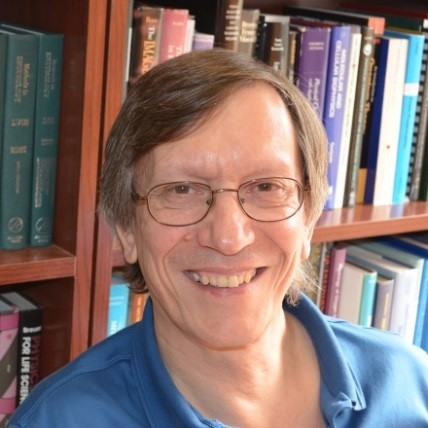
Title: Professor, Department of Cell Physiology and Molecular Biophysics Chair, School
of Medicine
Institution: Texas Tech University Health Sciences Center
Email: g.altenberg@ttuhsc.edu
Phone: 806-743-2531
My laboratory is interested in the mechanisms of transport across biological membranes and in the development of new nanodisc-based technologies for medical and biotechnology applications. Our main target proteins are connexins, the gap-junction-forming proteins, and multidrug-resistance proteins of the ATP-binding cassette (ABC) superfamily, which export a number of chemically dissimilar compounds from the cells. Connexins are essential for cell-to-cell electrical and chemical communication, and are involved in development, as well as in physiological and pathophysiological processes. Expression of multidrug-resistance proteins such as P-glycoprotein (MDR1) confers resistance to chemotherapeutic agents in cancer cells.
Karin Ardon-Dryer, Ph.D.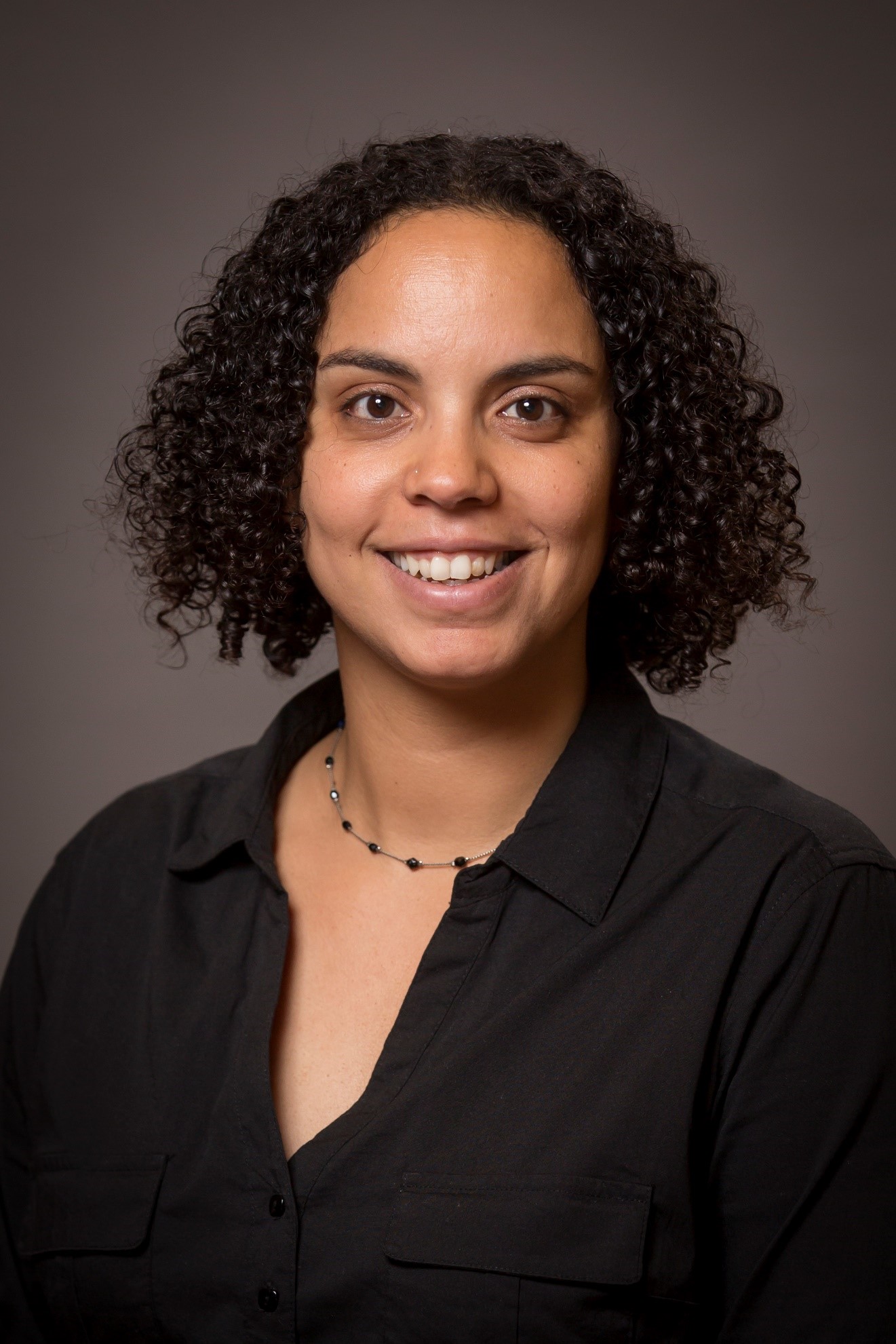
Title: Assistant Professor, Department of Geosciences, Atmospheric Science Group
Institution: Texas Tech University
Email:karin.ardon-dryer@ttu.edu
Phone: 806-834-5214
Website:http://www.atmo.ttu.edu/karinard/
Karin Ardon-Dryer, PhD, is an Assistant Professor in the Department of Geosciences at the Atmospheric Science Group at Texas Tech University. Dr. Ardon-Dryer studies the effect that aerosols have on climate, the environment, and our health. In particular, she takes an interdisciplinary approach and combines field and laboratory work to investigate the interaction between dust storm events and human health. Among others, she is employing an interdisciplinary approach to observe the effects of air pollution particles on health at a single cell level. I am interested to collaborate with people who are interested in air pollution and health effect.
~B~
Jaime Banks, Ph.D.
Title: Associate Professor
Institution: Texas Tech University
Email: j.banks@ttu.edu
Phone: 806-834-6287
Website: http://www.depts.ttu.edu/comc/faculty/faculty/jbanks.php
Keywords: robots, video games, morality, mind, trust
Dr. Banks is a scholar of human-technology relationships, from those that people have with on-screen characters or mobile devices to online bots and embodied robots. This work is animated by questions about how peoples' interactions with machines influence their self-perceptions and their understandings of humankind more broadly. Her current research (supported by a 3.5-year grant from the Air Force Office of Scientific Research) explores the ways that people may see social robots as legitimate mental and moral agents and how such perception contributes to human-robot interaction. This work builds on more than eight years of prior work on player-avatar relations in video games. She has published more than 40 peer-reviewed journal articles and edited three volumes on these topic, and serves on editorial boards of the journals Human-Machine Communication, Journal of Broadcasting & Electronic Media, and Communication Research Reports.
Rashmita Basu, Ph.D.
Title: Assistant Professor, Department of Healthcare Management & Leadership
Institution: Texas Tech University Health Sciences Center
Email:Rashmita.basu@ttuhsc.edu
Phone: 806-743-1716
I am an Assistant Professor in the Department of Healthcare Management & Leadership at Texas Tech University Health Sciences Center. I received my PhD in health economics from Washington State University. My research examines the economics of aging with a particular interest in the areas of long-term care delivery and financing. I started my research career at Baylor Scott&White Health, where I participated in a variety of collaborative and interdisciplinary research projects focusing on population health, care coordination, disease prevention and health promotion. As a health economist, I am always fascinated about demonstrating value of healthcare resources utilized towards promoting efficiency of care delivery and well being of people living within the communities.
Katie Bennett, Ph.D., MB (ASCP) CM, NRCC-CC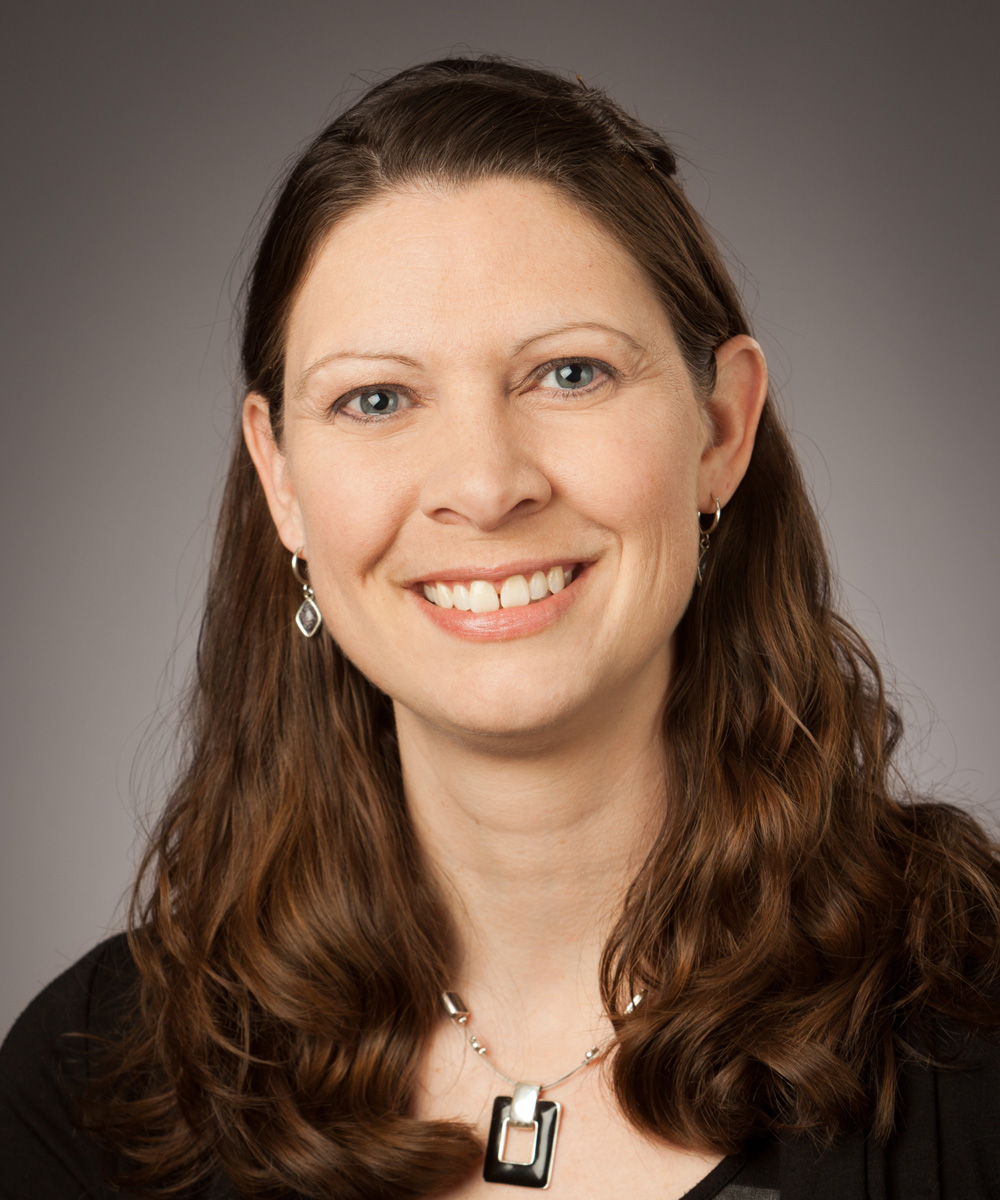
Title: Associate Professor, Molecular Pathology & Laboratory Director, Chromatox Diagnostics
Institution: Texas Tech University Health Sciences Center
Email:katie.bennett@ttuhsc.edu
Phone: (806) 743-4138
Website: https://www.ttuhsc.edu/health-professions/master-of-science-molecular-pathology/faculty.aspx
I am an Associate Professor in Molecular Pathology at the Texas Tech University Health Sciences Center, in the School of Health Professions. I am an alumna of TTUHSC, earning my Ph.D. from the Graduate School of Biomedical Sciences at the School of Pharmacy in Amarillo (Pharmaceutical Sciences, 2009). I hold national board certifications in molecular biology and clinical chemistry. Currently, I teach molecular laboratory methods and mentor graduate students in the Molecular Pathology graduate program in Lubbock. As clinical service to the university, I serve as a medical laboratory director in local clinical laboratories. I am the Laboratory Director for Chromatox Diagnostics, which performs confirmatory clinical urine drug testing for pain management and primary care clinics in Lubbock. For eight years, I also directed a molecular diagnostic reference laboratory for the TTU Student Wellness Center. I serve as a study section reviewer for a National Institutes of Health small business SBIR/STTR/R21 Infectious Agent Detection/Diagnostics grant review panel. I have expertise in a variety of molecular methods and instruments that are available in the Molecular Pathology laboratory, including DNA/RNA isolation, real-time PCR, pyrosequencing, digital PCR, and Sanger sequencing. My professional and research interests are focused on molecular diagnostic method design and validation, genetic susceptibility to disease, molecular mechanisms of inflammation, and genetic effects on host-pathogen interactions in infectious disease. I am curious about a variety of biological topics, including genetics in medicine and public health, as well as molecular mechanisms in cellular biology.
Yangzom D. Bhutia, D.V.M, Ph.D.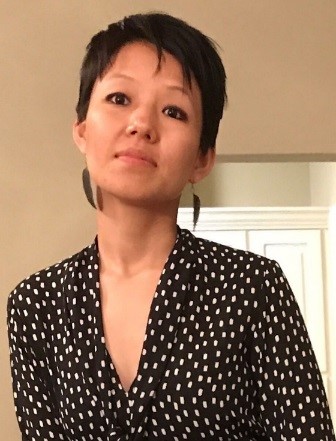
Title: Assistant Professor, Department of Cell Biology and Biochemistry
Institution: Texas Tech University Health Sciences Center
Email: yangzom.d.bhutia@ttushc.edu
Phone: 806-743-1282
Pancreatic cancer especially the pancreatic ductal adenocarcinoma (PDAC) is the most lethal of all cancers with a five-year survival rate of less than 5%. Currently, gemcitabine is the standard of care for the locally advanced and metastatic PDAC. FOLFIRINOX and nab-paclitaxel-gemcitabine are also used in the metastatic setting for patients with good performance status. Though it shows a better survival advantage over the gemcitabine monotherapy, toxicity is a big concern. That's why there is an urgent need to discover new drug targets or identify biomarkers that could help in the early diagnosis of the disease and thereby better survival. My lab focuses on nutrient transporters especially the amino acid and the peptide transporters. Since tumor cells have an increased demand for nutrients due to their fast proliferation rate, they upregulate these transporters to their advantage. We are trying to use these transporters as drug targets. Our study uses both in vitro (cancer cell) as well as in vivo (animal) models. Using cancer cell models, we try to understand the mechanism of upregulation of the transporters in cancer cells. In animal experiments we implant tumor cells in syngeneic mice or orthotopically in the pancreas of athymic nude mice and evaluate the efficacy of drugs in attenuating pancreatic cancer growth. Overall, the focus of the lab is to identify proper biomarkers and drug targets that can lead to early detection and better treatment of pancreatic cancer. We are also interested in identifying FDA-approved drugs that could be repurposed as an anti-cancer agent.
Elize Bisanz, Ph.D.
Title: Professor, Director
Institution: Texas Tech University
Email: elize.bisanz@ttu.edu
Phone: 806-392-6233
Keywords: Visual Communication, Virtual Reality, Cognitive Psychology, Image Theories
My focus is on interdisciplinary research for the study of visual communication. I am specifically interested in the impact of images across media on human interaction, emotionally and cognitively, and in their role as memory transmitters.
Gerardine Botte, Ph.D.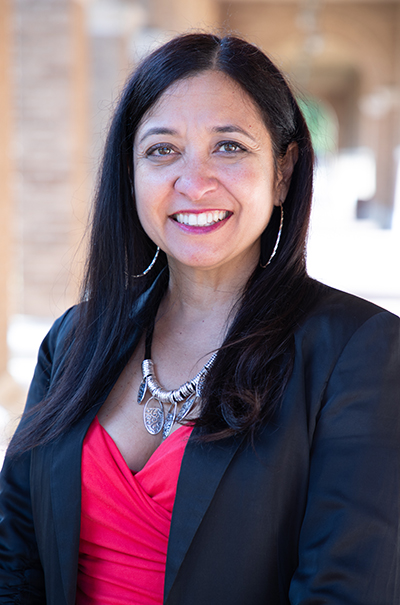
Title: Professor and Whitacre Department Chair
Institution: Texas Tech University
Email: gerri.botte@ttu.edu
Phone: 806-834-8187
Website: https://www.depts.ttu.edu/che/faculty/Gerardine_Botte/index.php
Keywords: Electrocatalysis, sensors, advanced materials, biomedical applications of electrochemistry
Dr. Botte and members of her research group are working on the foundation of applying electrochemical engineering principles for advanced and sustainable manufacturing, process intensification, food/energy/water sustainability, and nanomaterials with expertise in electro- synthesis, batteries, electrolyzers, sensors, fuel cells, mathematical modeling, and electro- catalysis. Example projects include: electrochemical extraction of/and recovery of rare earth elements from solid fuels and produced water, hydrogen production from ammonia, biomass, urea, coal, and pet-coke, synthesis of carbon nanotubes and graphene, water remediation and disinfection, selective catalytic reduction, ammonia synthesis, electrochemical conversion of CO2 to high value products, novel electrolytes for thermal batteries, advanced electrowinning, disinfection, and electrochemical microbial sensors. Dr. Botte is also an entrepreneur, she has been involved in the commercialization of technologies and has founded and co-founded companies.
Nick Bowman, Ph.D.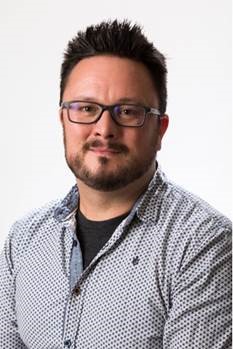
Title: Associate Professor
Institution: Texas Tech University
Email: nick.bowman@ttu.edu
Phone: 314-307-6794
Website: https://ndbowman.info/
Keywords: video games, interactive media, virtual reality, social media, media psychology
Dr Bowman (PhD, Michigan State University) is an associate professor of Journalism and Creative Media. At TTU, he studies the cognitive, emotional, physical, and social demands of interactive media.
Sarai Brinker, Ph.D.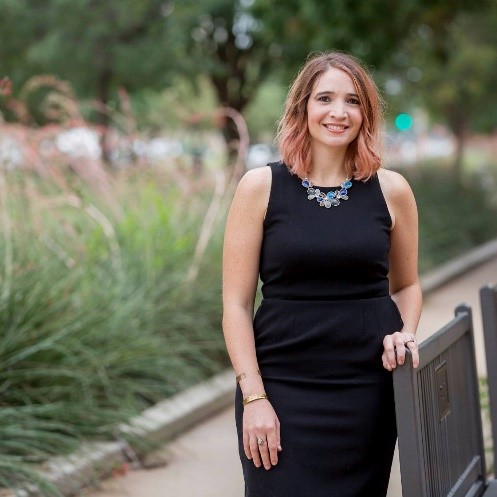
Title: Instructor, Musicology
Institution: Texas Tech University
Email: s.brinker@ttu.edu
Phone: 806-317-4460
My research project is called CRADLE, which stands for Creative Arts During prenatal Education. We currently offer prenatal education at two sites and are hoping to extend the reach of the classes for additional populations. The classes we offer integrates arts practices, such as painting and creating lullabies, into recommended prenatal education. The goal of the class is to pair pregnant women with professional artists in order to create art while supporting maternal health, aid in child development, and strengthen bonds within a cohort of pregnant women among each other and with their babies.
Jean-Michel Brismée, P.T, S.C.D.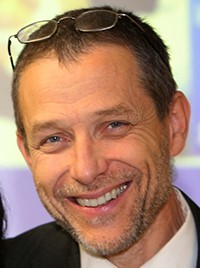
Title: Professor, Doctor of Science Program in Physical Therapy
Institution: Texas Tech University Health Sciences Center
Email: jm.brismee@ttuhsc.edu
Phone: 806-743-3243
Research focused on investigating ways for clinicians to rehydrate the intervertebral disc using movements and positions of the spine to decrease spinal shrinkage associated with aging.
Toby Brooks, Ph.D., LAT, ATC, CSCS
Title: Associate Professor, TTUHSC Master of Athletic Training Program
Institution: Texas Tech University Health Sciences Center
Email: toby.brooks@ttuhsc.edu
Phone: 806-743-2261
Dr. Toby Brooks is an Associate Professor in the Department of Rehabilitation Sciences at the TTUHSC. His research interests include early youth sports specialization and exercise interventions to reduce the risk of non-contact knee injuries in female athletes.
Amanda Brown, Ph.D.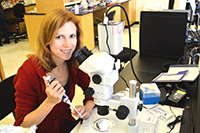
Title: Assistant Professor, Department of Biological Sciences
Institution: Texas Tech University
Email: amanda.mv.brown@ttu.edu
Phone: 806-834-0984
My research examines how microbes interact to form stable partnerships that facilitate or limit processes such as species invasions, disease outbreaks, or biomass production. This research is significant because microbes are ubiquitous, occurring in almost every habitat on Earth, including in and on multicellular organisms. While much of the past two hundred years of microbial research has focused on pathogens, we now know that many host-associated microbes have evolved to serve biochemically fundamental processes In their hosts. Familiar examples include organelles such as mitochondria and chloroplasts and beneficial microbiomes of humans.
I focus on:
- microbiomes of agricultural pests such as plant-parasitic nematodes and sap-feeding insects
- microbiomes/viromes of mosquitoes that vector diseases such as Zika/West Nile
- microbiomes associated with human disease
- disease-protective endophytes of plants and the rhizosphere
To infer function and functional changes in microbial communities, we use metagenomics, transcriptomics, miRNomics, bioinformatics, and fluorescence microscopy. My lab develops new lab methods and computer algorithms for microbiome analysis. Students trained in my lab will gain cutting-edge skills relevant to careers in biotechnology, bioinformatics, medicine, agriculture, and other fields.
Jennifer Burns, Ph.D.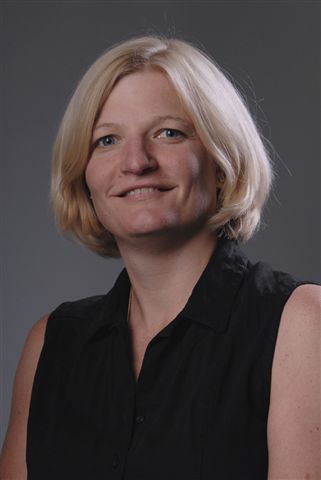
Title: Professor and Chair
Institution: Texas Tech University
Email: jenn.burns@ttu.edu
Phone: 907-863-8809
Website: https://www.depts.ttu.edu/biology/people/Faculty/Burns/
Keywords: physiological ecology, comparative physiology, marine systems, ecophysiology
Over the past two decades, research in my laboratory has explored the linkages between physiology, nutrition, and performance in mammalian systems. Primarily, our work is focused on polar marine mammals, as the challenges these species face to exploit underwater food resources in a highly seasonal environment have led to multiple unique adaptations that highlight basic physiological principles.
Theresa Byrd, Ph.D.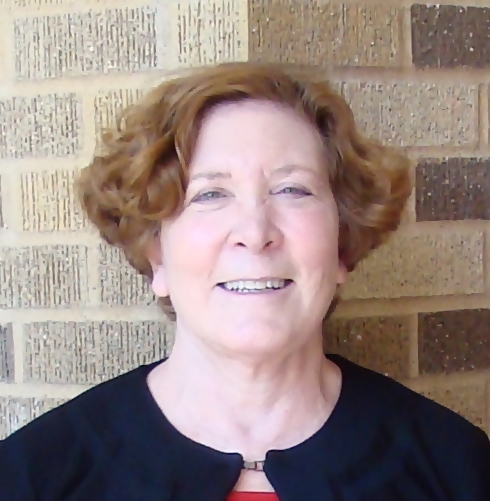
Title: Associate Dean and Chair, Department of Public Health
Institution: Texas Tech University Health Sciences Center
Email: theresa.byrd@ttuhsc.edu
Phone: 806-743-1195
Theresa Byrd, Ph.D., is Associate Dean and Chair of the Department of Public Health in the Graduate School of Biomedical Sciences at Texas Tech University Health Sciences Center. Dr. Byrd received a BSN from the University of Arizona and worked as a public health nurse for several years in the Tucson area before obtaining her MPH from UCLA. She worked in Cd. Juarez, Chihuahua, Mexico for three years with Proyecto Verdad serving very marginalized populations with basic public health needs, and then went to Houston where she received a Dr.PH in Behavioral Sciences and Health Education from the University of Texas School of Public Health, where she worked as a faculty member for almost 20 years. Dr. Byrd's research is focused on cancer prevention and screening, especially in the area of cervical and colorectal cancer. She led the development and testing of the AMIGAS program, an intervention to increase cervical cancer screening in Hispanic populations which has been adopted by the CDC as a recommended intervention. Her research has been funded by NCI, CDC and the Cancer Prevention Research Institute of Texas (CPRIT).
~C~
Guofeng Cao, Ph.D.
Title: Assistant Professor, Department of Geosciences
Institution: Texas Tech University
Email: guofeng.cao@ttu.edu
Phone: 806-834-8920
Guofeng Cao is an Assistant Professor in the Department of Geosciences with expertise in geographic information science, spatial statistics and Big Data. He is interested in integrating advances in geospatial technologies (e.g., GIS, GPS, remote sensing and location-based social media) in improving the understanding of environmental health and community health dynamics. Related research activities include digital epidemiology, high resolution mapping of air pollutant exposure and the associated health effects.
James Carr, Ph.D.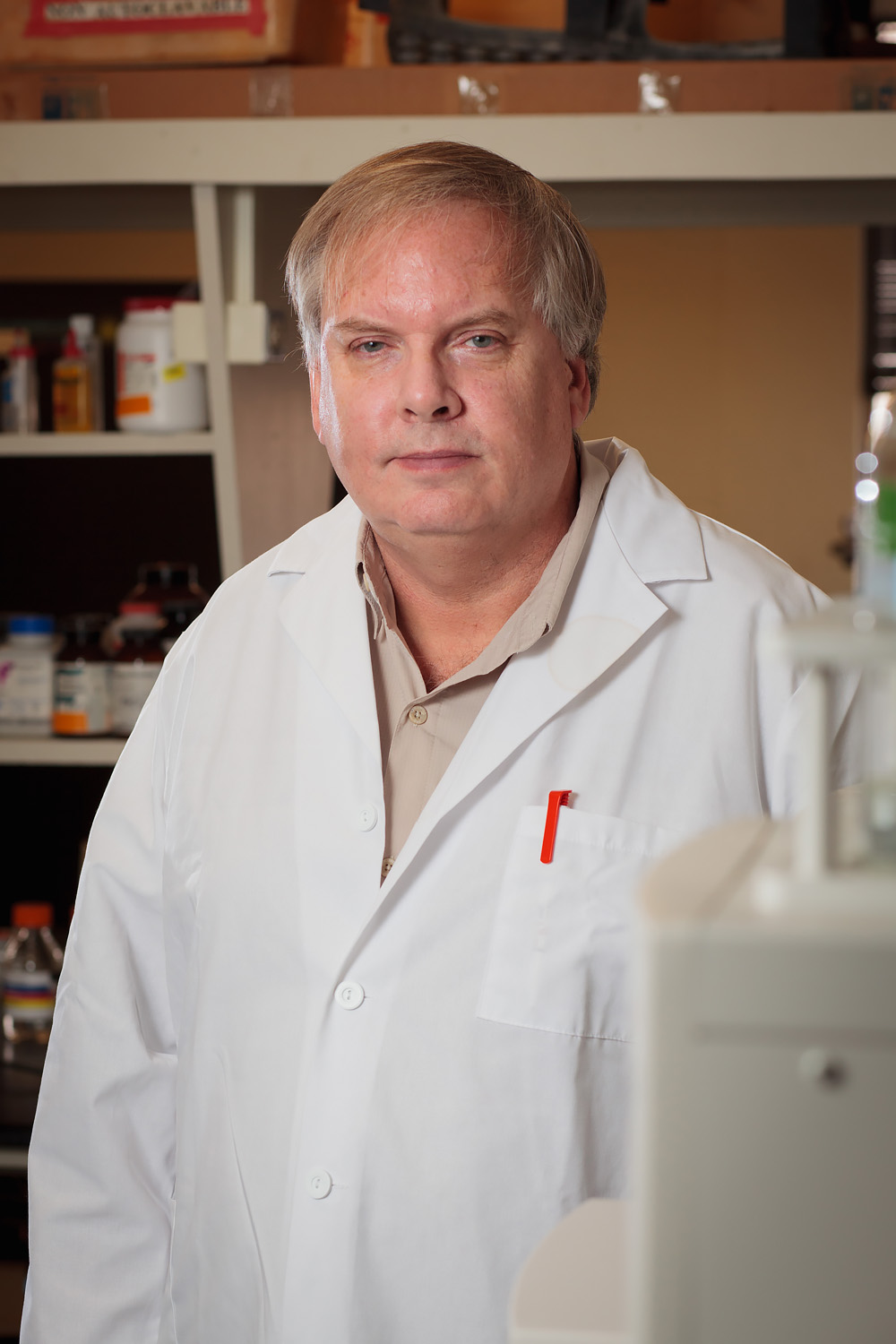
Title: Professor
Institution: Texas Tech University
Email: james.carr@ttu.edu
Phone: 806-234-8027
Keywords: stress; stressor; endocrinology; neurobiology; behavior; adrenal; CRF; CRH; endocrine
disruptor; HPLC
My training is in neuroendocrinology, with an emphasis on stress. My main research focus is hormonal modulation of subconcious vision. We use a number of methods and tools including hormone measurement (RIA, ELISA), immunohistochemistry, histopathology, behavioral analysis (ethovison), molecular analyses (qRTPCR), biochemical and pharmacological analyses (HPLC-EC, catecholamine and excitatory amino acid analysis, receptor binding, HPLC gradient for peptide analysis) and imaging (Ca flux, laser confocal).
We also have considerable experience in analyzing and testing endocrine disrupting chemicals and their effects on reproductive an thyroid physiology in aquatic vertebrates.
We have recently embarked on studies in humans, in collaboration with TTU MCOM, investigating stress effects on visual attention and oculomotor parameters.
Perry L. Carter, Ph.D.
Title: Associate Professor, Department of Geography
Institution: Texas Tech University
Email: perry.carter@ttu.edu
I am a social/cultural geographer whose primary research focus has been on race and racialized spaces. Over the past six years I have been drawn through my graduate students into the sub-geographic field of environmental racism and environmental justice. "Urban Landscape as Mirror of Ethnicity: Trees of the South Plains," by Sorrensen, Carter, and Phelps (Urban Geography, 36(7), 2015) springs from my student, Jack Phelps, master's thesis on tree cover in the city of Lubbock. This study found that tree cover is less dense in the city's Hispanic neighborhoods. This is because most of these neighborhoods are located near or within industrial corridors that are devoid of trees. Here lack of tree cover reflects co-location with heavy industry. "Spatial Environmental Inequality in Lubbock, Texas," by Post, Carter, and Sorrensen, (Current Research Journal of Social Sciences and Humanities, 1(1), 2018) once again uses Lubbock as a case study. This work originates from my student Jason Post's master's degree work. It found that toxic release sites in the city are primarily located near or within African-American and Hispanic communities. The findings of this study found their way into a recent Lubbock Avalanche Journal article: "North and East Lubbock residents share concerns of living near environmental hazards." Currently I am working with Emily Glaeser on her master's degree research on how the Deaf community of Austin, Texas accesses healthcare. In addition to the work described here, I have skills in spatial analysis, statistics, data science, survey research, and qualitative methods.
Ryan Cassidy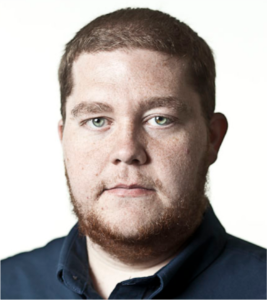
Title: Associate Librarian
Institution: Texas Tech University
Email: ryan.cassidy@ttu.edu
Phone: 806-834-4013
Website: https://www.depts.ttu.edu/library/make/index.php
Keywords: makerspace; 3d printing; virtual reality
The Texas Tech University Library is now offering 3D printing, 3D scanning, and other maker technology in a new area available to all students, faculty, and staff.
Our mission is to provide excellent service in helping you develop your ideas and bring them to life. Though printing does cost a nominal fee for all projects, which helps us cover the cost of materials and maintenance of the hardware, the expertise is free!
Ioannis Chatzakis, Ph.D.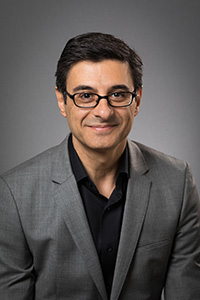
Title: Assistant professor
Institution: Texas Tech University
Email: ioannis.chatzakis@ttu.edu
Phone: 646-321-1344
Keywords: nanotechnology, ultrafast dynamics in quantum materials
My research focuses on the optical and electronic properties of nanomaterials and nanostructures, and in particular, on understanding the fundamental processes related to the dynamics of charge carriers, phonons, and other excitations (i.e. polaritons). Understanding the principles that govern these excitations will enable the fabrication of optoelectronic and photonic devices with novel and enhanced functionalities. I also develop new methods for THz generation/modulation by artificial nanostructures, and investigate novel methods for light confinement beyond the diffraction limit. In addition, I study materials that operate as single photon sources (quantum light emitters) for applications in quantum information systems. I use femtosecond pump-probe techniques complemented by other optical spectroscopy methods.
Seungjong Cho, MSW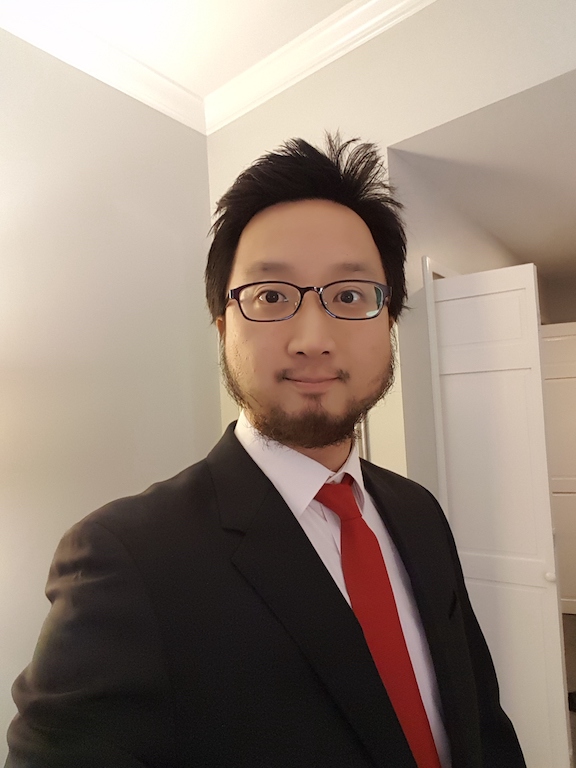
Title: Assistant Professor
Institution: Texas Tech University
Email:Seungjong.Cho@ttu.edu
Phone: 806-834-6726
Keywords: Depression, neighborhood stressors, social support, mental health racial disparities,
community-based mental health initiatives
Seungjong Cho, Ph.D., is an Assistant Professor of Social Work since 2020. He earned
his Ph.D. from Jack, Joseph and Morton Mandel School of Applied Social Sciences at
Case Western Reserve University. He earned his BA and MSW from Yonsei University in
South Korea. During his MSW, his research focused on nonprofit management and philanthropic
civic engagements. Before joining academia, Seungjong worked at Good Neighbors International,
an international humanitarian nonprofit organization, as a researcher specialized
in fundraising, marketing, and strategic planning.
At Tech, he aims to identify how neighborhood stressors and psychosocial resources
differentially affect mental health symptoms, especially depressive symptoms. For
the first several years, he wants to get to know about West Texas. He is one of the
Faculty Ambassadors of the 2020-2021 Faculty C-Startup Program, designed by Innovation
Hub at Research Park to support Texas Tech faculty interested in creating a culture
of innovation and entrepreneurship.
Gordon Christopher, Ph.D.
Title: Associate Professor, Whitacre College of Engineering Department of Mechanical Engineering
Institution: Texas Tech University
Email:gordon.christopher@ttu.edu
Phone: 806-834-4725
Website:http://www.myweb.ttu.edu/gchristo/
Dr. Christopher has been is an Associate professor in the Department of Mechanical Engineering at Texas Tech University, where he has worked since 2011. He received a BS in Mechanical Engineering (2002) and a BA in Film (2003) from Columbia University. He attended Carnegie Mellon and graduated with a PhD in Mechanical engineering and a MS in Chemical Engineering in 2008. Afterwards, he spent 2 years in the Polymers Division of the National Institute of Standards and Technology as a NRC Postdoc. His research focuses on the development on study of complex fluids, complex interfaces, and flows of these materials through the development of novel techniques, including microfluidics, interfacial rheology, and bulk rheology. Since beginning work at Texas Tech, he has been named a Whitacre Research Fellow and won the TA Distinguished Young Rheologist award.
Kelli Cargile Cook, Ph.D.
Title: Professor and Founding Chair of the Professional Communication Department
Institution: Texas Tech University
Department: Professional Communication
Email:kelli.cargile-cook@ttu.edu
Phone: 806-834-2883
Kelli Cargile Cook is a Professor and Founding Chair of the Professional Communication Department at Texas Tech University. Prior to this appointment, she served as a Professor of Technical Communication and Rhetoric (TCR) from 2009-2018. Her research interests include program development and assessment, online education, online training, and user-experience design. She has co-edited two collections on online education in professional and technical communication: Online Education 2.0: Evolving, Adapting, and Reinventing Online Technical Communication (2013) and Online Education: Global Questions, Local Answers (2005). The 2005 collection received the NCTE Award for Excellence for Best Collection in Technical and Scientific Communication, 2006. Her scholarship has appeared in Technical Communication Quarterly, Technical Communication, Journal for Technical Writing and Communication, Programmatic Perspectives, and Business Communication Quarterly.
Mark Charney, Ph.D.
Title: Director of the School of Theatre and Dance
Institution: Texas Tech University
Email: mark.charney@ttu.edu
Phone: 864-356-2150
Website: http://www.depts.ttu.edu/theatreanddance/
Keywords: Playwriting, Kevorkian, Directing, Leadership, Site-Specific theatre
As a playwright, I change interest areas often but right now, I have a contract with HBO to do a play about Kevorkian, sort of a fantasia about his life and assisted suicide. Also writing about site-specific theatre and producing theatre based on found spaces.
Emily Choi, Ph.D.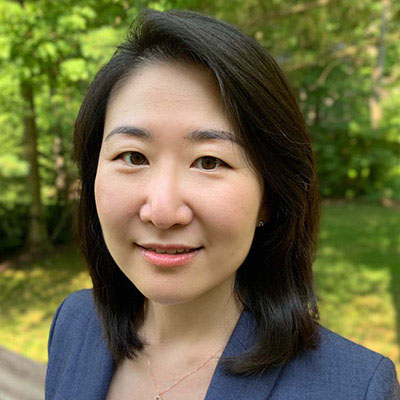
Title: Assistant Professor
Institution: Texas Tech University
Email: seungwon.e.choi@ttu.edu
Phone: 806-834-3036
Keywords: Racial/Ethnic Disparities in Health, Aging, Life Course, Family Demography, Quantitative
Methodology
My research addresses the intertwined relationships among family life, health disparities, and aging. My current projects focus on how marriage and intergenerational relationships shape the physical/cognitive health of older adults in the U.S. and East Asia.
Ioana Coman, Ph.D.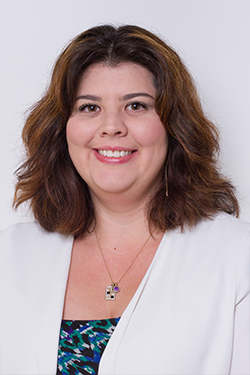
Title: Assistant Professor
Institution: Texas Tech University
Email: ioana.coman@ttu.edu
Phone: 865-607-5406
Keywords: Risk & Crisis Communication & Management; Social/New Media; Dis/Misinformation; International/Comparative
My research focuses on how different actors (officials, organizations, institutions, media/journalists, publics, etc.) engage and interact in risk and crisis communication situations via different platforms, within different contexts, such as health (health outbreaks, mis/disinformation, vaccines, prevention), terrorist attacks, disasters, and at different levels (local, national, international). Her research has received different national and international awards and grants including Page/Johnson Legacy Scholar (2019 & 2020).
Chiquito Crasto, Ph.D.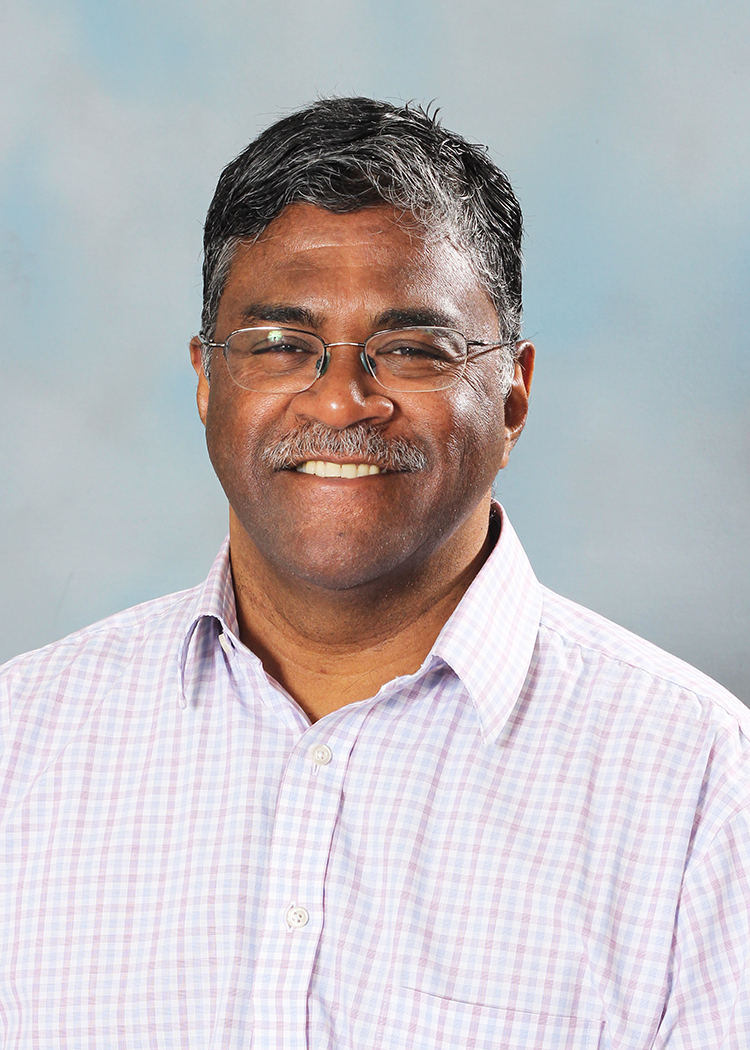
Title: Research Associate Professor, Center for Biotechnology and Genomics
Institution: Texas Tech University
Phone: 806-834-5448
Email:chiquito.crasto@gmail.com
Website:https://www.depts.ttu.edu/biotechnologyandgenomics/about/staff/chiquito.php
Dr. Crasto, a recipient of the Government of India National Merit Scholarship, graduated from the University of Mumbai and the Indian Institute of Technology with degrees in Chemistry. He has a Master's degree in Chemistry from the Ohio State University and a doctorate in Chemistry from the University of New Orleans. Dr. Crasto has postdoctoral training at the Fox Chase Cancer Center and the Yale University School of Medicine. Dr. Crasto has been the PI on an NIH grant and several intramural grants. Dr. Crasto also has extensive teaching experience--having taught Chemistry, Biology, Biochemistry, and Proteomics. Dr. Crasto has spoken at several national and international conferences, has several peer-reviewed publications and is the editor of two books.
Jennifer A. Cross, Ph.D.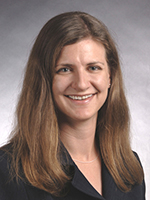
Title: Associate Professor, Department of Industrial, Manufacturing & Systems Engineering
Institution: Texas Tech University
Email: Jennifer.Cross@ttu.edu
Phone: 806-742-3543
Website:https://www.depts.ttu.edu/imse/faculty/jennifer_cross/index.php
Research Interests: Organizational improvement methods (e.g., Lean, Six Sigma); Performance measurement; Teams
Glenn Cummins, Ph.D.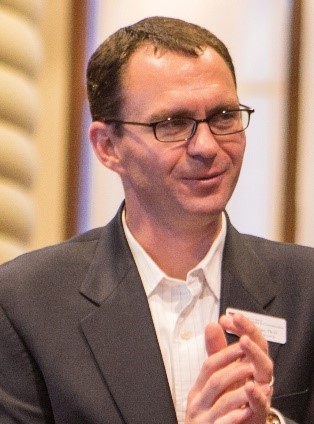
Title: Professor in Journalism & Creative Media Industries
Institution: Texas Tech University
Email: glenn.cummins@ttu.edu
Phone: 806-834-3117
Dr. Glenn Cummins is a professer of journalism and creative media industries in the College of Media & Communication. He has methodological expertise in communication message testing using a variety novel research tools or approaches, including eye tracking, continuous response measurement (or dial testing) of video content or in-person presentations, psychophysiology, or reaction time. His research explores how audiences respond to specific structural and content aspects of media messages. Through his administrative appointments, Dr. Cummins also works to build partnerships with scholars from across campus, as well as external organizations. His research has increasingly explored the role of communication and media messages in partnership with scholars working in a variety of disciplines and topics, including agricultural sciences, climate and the environment, and health and obesity.
~D~
Tim Dallas, Ph.D.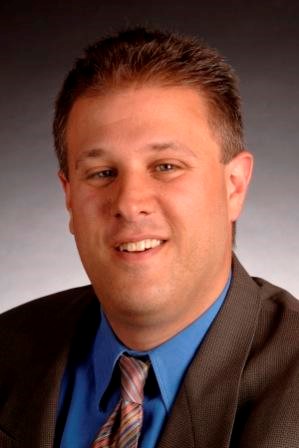
Title: Associate Dean, Graduate School and Professor Professor, Department of Electrical
and Computer Engineering
Institution: Texas Tech University
Email: tim.dallas@ttu.edu
Phone: 806-834-6856
Tim Dallas, PhD is an Associate Dean of the Graduate School and Professor of Electrical and Computer Engineering at Texas Tech University. As an Associate Dean, he oversees internal and external graduate fellowship programs. Dr. Dallas' research includes developing MEMS-based education and research tools. Currently, he is working with colleagues in the College of Education and the Office of International Affairs on the development of the Solar Powered Digital Classroom in a Box. This technology has been deployed to off-the-grid locations in Africa to provide much needed educational content to entire classrooms using picoprojectors. In 2008, he established Class on a Chip, Inc. to commercialize an array of micro-experimental devices for use in engineering, physics, and MEMS classes. In 2014, he established a new class in the Whitacre College of Engineering, Technology Start-up Lab, which takes students through a process to develop their own technology projects for commercialization. The Tech Start-up Class partners with a class in business to form student development teams that jointly work on innovative product ideas.
Dr. Dallas has served as the principal investigator for a National Science Foundation sponsored Research Experience for Undergraduates Site, a Course Curriculum and Laboratory Improvement (CCLI) project, and a Scholarships in STEM (S-STEM) program. He has also been funded by the Keck and Welch Foundations for MEMS-based education technologies. He served for three years as an Associate Editor for IEEE Transactions on Education. He is a Senior Member of IEEE and a Fellow of TTU's STEM-CORE.
Mark Dame, MHA, CPHRM, FACHE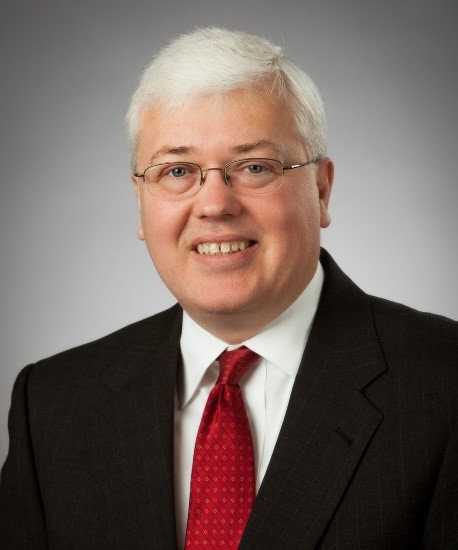
Title: Director & Assistant Professor, Health Care Management
Institution: Texas Tech University Health Sciences Center
Email:mark.dame@ttuhsc.edu
Phone: 806-743-2577
Mark Dame, MHA, CPHRM, FACHE has over 30 years of leadership experience in healthcare administration and business and has served as a TTUHSC Assistant Professor and BSHM Program Director and as an executive with the TTU Physicians and the School of Health Professions Speech and Hearing Clinic. He earned his MHA from Indiana University and is currently completing his doctorate at Texas Tech in healthcare administration and instructional technology. He has been published, has served on various ACHE and ASHRM committees and has been a recipient of multiple awards. He served on the ACHE publications' editorial board, ASPEN's editorial board, the editorial board for the award winning publication, the ASHRM Journal, and on the Forum editorial board. He has served on several public and private boards.
In 2017 he was an invited inductee to Phi Kappa Phi. For ACHE, he serves on the Regents Advisory Committee. He continues as a certified healthcare risk manager while serving as faculty in the healthcare administration program at TTUHSC. He also serves on the Global Health Consortium and many academic performance improvement projects. He assists other faculty with their instructional design and serves as a research expert for the TTUHSC Clinical Research Institute.
Tommy Dang, Ph.D.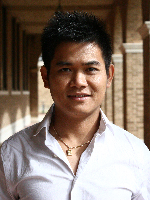
Title: Assistant professor, Department of Computer Science, Whitacre College of Engineering; Director
of Interactive Data Visualization Lab (iDVL)
Institution: Texas Tech University
Email: tommy.dang@ttu.edu
Phone: 806-319-3156
Websites:http://www.myweb.ttu.edu/tnhondan/index.html
http://myweb.ttu.edu/tnhondan/iDVL/index.php
Research Interests:
- Virtual and Augmented Reality
- Big Data Visualization and Visual Analytics
- Human and Computer Interaction
- Computer Animation
- Empirical software engineering
- Statistical data analysis
Dr. Tommy Dang is an assistant professor of computer science at Texas Tech University. His research focuses on big data visualization and visual analytics, 3D modeling, and virtual reality. Dr. Dang has previously been a post-doc on a DARPA-funded project on biological network visualization at the Electronic Visualization Lab at the University of Illinois at Chicago which focuses on advanced virtual reality, notably the CAVE2™ hybrid reality environment and the SAGE2™ scalable amplified group environment. In his research, he studied the visual characterizations of high dimensional data (funded by NSF: Visually-Motivated Characterizations of Point Sets Embedded in High-Dimensional Geometric Spaces). Building upon a systematic approach of visual specification and characterization, the Dr. Dang's ambition is to effectively connect the three components: Big Data - Visual Interface - Users.
The interactive Data Visualization Lab (iDVL) focuses on developing methods and tools for analyzing, visualizing, and interacting with massive, dynamic, and ambiguous data arose from various application domains. iDVL research efforts explore the novel marriage of human-computer interaction, scientific and information visualization, computer animation, and machine learning. iDVL moves beyond traditional computing environments by experiencing interactive visualization techniques on mobile devices as well as within immersive virtual reality environments. Currently, Dr. Dang is the Director of the laboratory and leading four Ph.D. students, two Master students, and two undergraduate students.
Doug Dendy, PT, ScD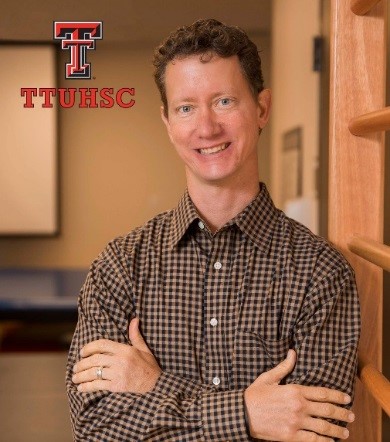
Title: Assistant Director & Assistant Professor, Clinical Education, Department of Physical
Therapy
Institution: Texas Tech University Health Sciences Center
Email: doug.dendy@ttuhsc.edu
Phone: 806-743-3236 (Office)
806-789-5493 (Mobile)
Doug Dendy is an Assistant Professor and Assistant Director of Clinical Education for the Texas Tech University Health Sciences Center, Department of Physical Therapy. Academically, he teaches courses in pediatrics, human development, orthotics, and assistive technology. In addition, he has multiple certifications and licensures associated with hippotherapy, instrument-assisted soft tissue mobilization (IASTM), Schroth C2 Barcelona Scoliosis Physical Therapy School (BSPTS) for scoliosis, neurodevelopmental techniques, and qualitative assessment of general movement. He still works clinically in pediatric populations: ECI, outpatient, and hospital settings. Current, research areas he is working include scoliosis with Schroth, hippotherapy with early intervention children, injury prevention related to female athletes, and innovations in teaching.
John Dascanio, VMD, DACT, DABVP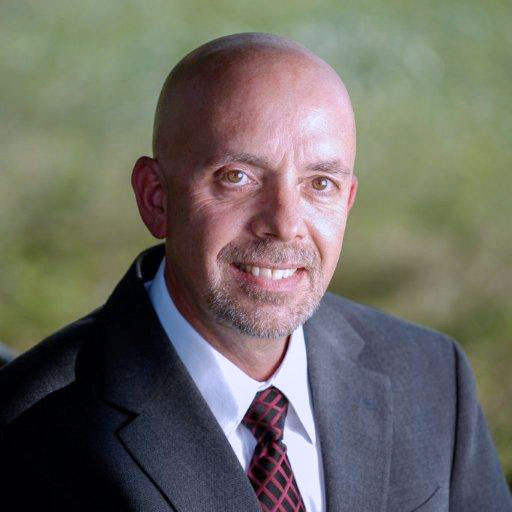
Title: Senior Associate Dean for Academic and Student Affairs, School of Veterinary Medicine
Institution: Texas Tech University
Email:john.dascanio@ttu.edu
Phone: 806-834-3922
Keywords: Theriogenology, Reproduction, Equine, Simulations, Education
My research has involved reproductive research in multiple species with my primary interest in horses. I have also worked in educational technologies for instruction including simulation development and validation, as well as the integration of technology in education. Currently I am working on a USDA VSGP grant on creation of a Food Safety Database To Support Early Career Veterinarians In Rural, Large Animal Practice As An Amazon Alexa Skill.
Nik Dhurandhar, Ph.D.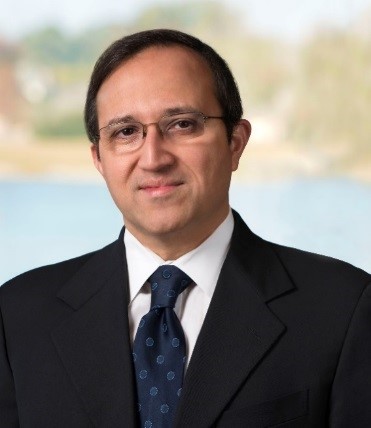
Title: Helen DeVitt Jones Endowed Chair Chairman, Department of Nutritional Sciences; Professor,
Department of Nutritional Sciences
Institution: Texas Tech University
Email: nikhil.dhurandhar@ttu.edu
Phone: 806-742-5270
Dr. Dhurandhar is a physician, nutritionist and biochemist by training. He has been involved with obesity treatment and research for 35 years and has treated more than 15,000 patients for obesity using lifestyle therapy as well as medication. His research focuses on molecular biological aspects of obesity and diabetes. He especially examines the impact on obesity due to microbes and clinical treatment of obesity. Along with colleagues, he discovered that infections due to two adenoviruses cause obesity in animal models and show a strong association with human obesity. He coined the term Infectobesity to describe the phenomenon, which is now being studied by many research groups globally. Dr. Dhurandhar's group is currently focused on developing an anti-diabetic agent from a protein of an adenovirus. In this field of study, he has received 10 US patents and 33 international patents and was inducted to the National Academy of Inventors as a senior member of Texas Tech University chapter in 2017. Dr. Dhurandhar conducts clinical trials in obesity (nutritional, behavioral and pharmacological treatment). He would like to draw attention to the Nutrition and Metabolic Health Initiative (NMHI), which is an initiative supported in TTU strategic plan) of the department of Nutritional Sciences (College of Human Sciences) which provides obesity treatment, facilities and infrastructure for clinical nutrition research, student training, and outreach activities. NMHI is rapidly expanding, currently working with various entities on TTU and TTU-HSC campus and remains interested in further collaborative projects of various types.
David L. Doerfert, Ph.D.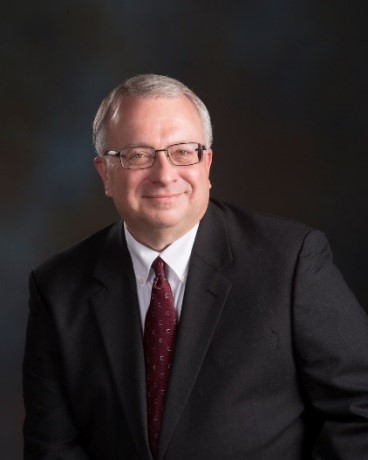
Title: Professor, Department of Agricultural Education and Communications
Institution: Texas Tech University
Email: david.doerfert@ttu.edu
Phone: 806-834-4477
Website: www.gradschool.ttu.edu
My program of research is focused on the development of effective digital intelligence and science information systems for agriculture. This research program weaves together:
- Decision-making including the variables that influence this use of information to solve problems and make decisions including behavior change
- Science communication including the complexities of sharing and receiving agriculture between industry stakeholders and the public
Dongping Du, Ph.D.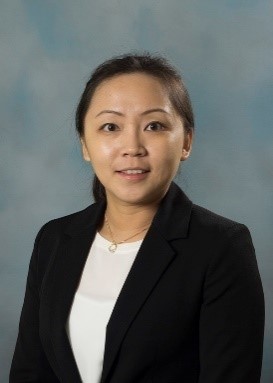
Title: Assistant Professor, Department of Industrial, Manufacturing and Systems Engineering
Institution: Texas Tech University
Email: dongping.du@ttu.edu
Phone: 806-834-7388
Website: http://myweb.ttu.edu/ddu/
Dr. Du's research develops advance technologies and methodologies in modeling and simulation, data mining and image analysis, system control and optimization for cardiac risk stratification, medical decision making, and postoperative management. Some specific applications include: image segmentation and machine learning to assist cardiac diagnosis, modeling and simulation of cardiac electrophysiology and electromechanics to aid treatment design, and remote monitoring and control to promote home-based cardiac rehabilitation. Dr. Du's is open to all research opportunities that demand her expertise.
~E~
Stacy Elko, M.F.A.
Paul Egan, Ph.D.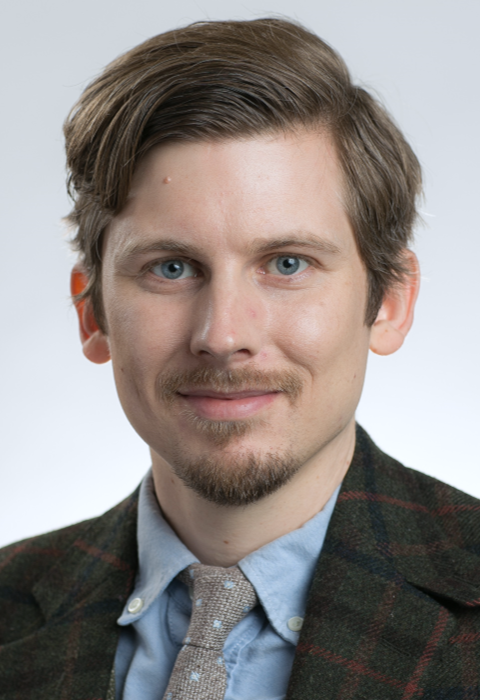
Title: Assistant Professor and Lab Director, Mechanical Engineering
Institution: Texas Tech University
Email:paul.egan@ttu.edu
Phone: 806-834-2583
Website:https://paul-egan.com
Keywords: 3D Printing, tissue engineering, nutrition, design, biomechanics
Paul has developed expertise in computational approaches for data analysis, software user interfaces, biomechanical systems modeling, and design optimization. His lab is currently working on the challenge of using computational methods and big data to personalize 3D printed devices optimized for specific patient needs. Additional application areas include muscle, bone, and food engineering.
Taylor Ernst, M.A.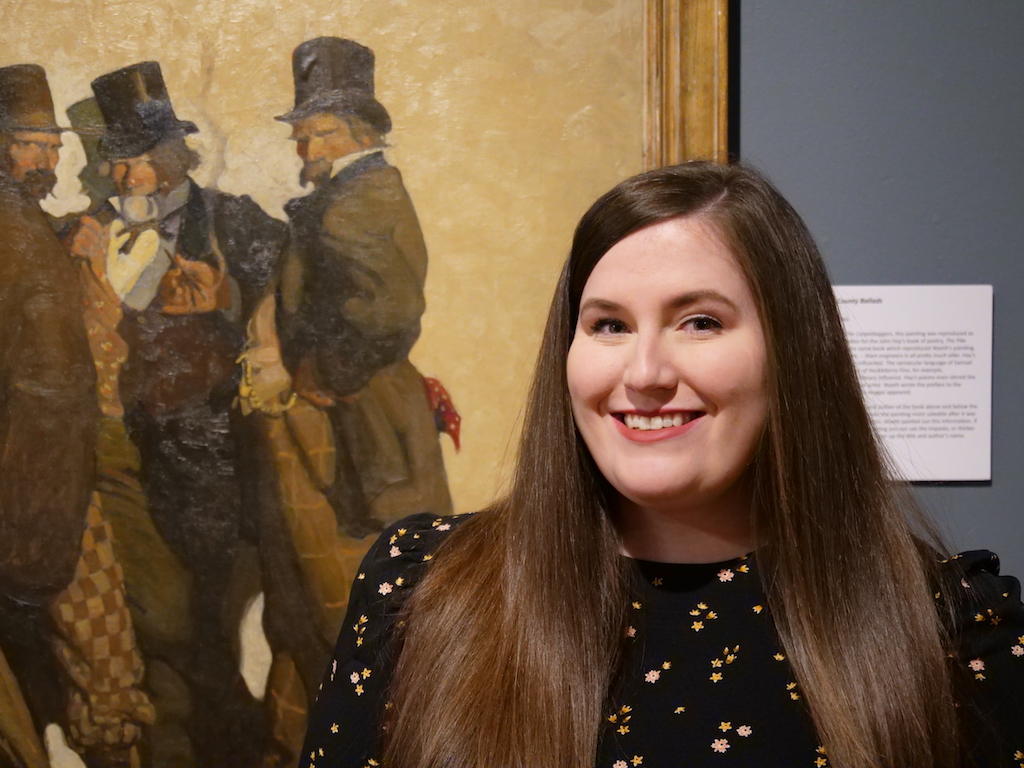
Title: Assistant Collections Manager
Institution: Museum of Texas Tech University
Email:taylor.ernst@ttu.edu
Phone: 806-834-8609
Taylor Ernst currently works as the assistant collections manager for the Art Division at the Museum of Texas Tech University. She earned her B.F.A. in Visual Studies with an emphasis in ceramics in 2011 and her Master of Arts in Heritage and Museum Sciences in 2017. Currently, Ernst's research focuses on X-ray techniques used to explore the possibility of an image underneath the visible layer of paint. Artists, especially in the early 1900s, would create an image, then paint over part of the image to create a new piece. One such artist is N.C. Wyeth, an American artist and illustrator. The Museum of Texas Tech University collection holds several pieces by N.C. Wyeth that are excellent candidates for this technique.
~F~
Michael Findlater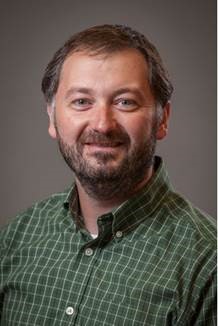
Title: Associate Professor
Institution: Texas Tech University
Email:michael.findlater@ttu.edu
Phone: 310-876-9838
Website: https://findlatergroup.wixsite.com/ucmerced/prof-findlater
Keywords: heavy metals, toxicity, sequestration, catalysis, organic synthesis
My group has a number of specialties:
- Heavy metal removal
- Catalysis
- Organic synthesis
I'd be open to collaboration in any area but really want to partner with someone on heavy metal toxicity and development a method to selectively remove targeted metal ions at low concentration within a mixture of other (benign) metals.
Stephen T. Fife, Ph.D., LMFT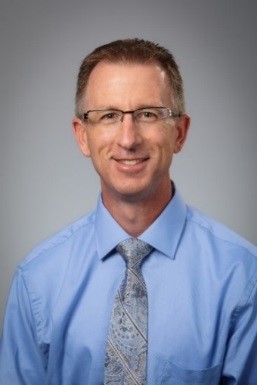
Title: Associate Professor, Department of Community, Family, and Addiction Sciences; Couple,
Marriage, and Family Therapy Program
Institution: Texas Tech University
Email: stephen.fife@ttu.edu
Phone: 806-834-7580
Website: http://www.depts.ttu.edu/hs/cfas/fife.php
The TTU Department of Community, Family, and Addiction Sciences (CFAS) is collaborating with the University Medical Center's (UMC) Pediatric Trauma Center and the TTU Clinical Psychology program to establish a trauma screening protocol and follow-up intervention for all UMC pediatric trauma patients and family members of trauma-exposed children. The primary goal of this interdisciplinary collaboration is to establish an effective comprehensive screening and intervention program to reduce acute stress disorder (ASD) and post-traumatic stress disorder (PTSD) in pediatric trauma patients and their families. In addition to providing clinical services, the collaboration includes a significant research component to evaluate how well the screening protocol and treatment approach, including the use of telehealth services, meets the mental health needs of local pediatric trauma patients and families, as well as those from rural communities in West Texas and Eastern New Mexico. CFAS Faculty members' areas of expertise and research interests include medical family therapy, integrative care, telemental health, the treatment of ASD and PTSD in pediatric trauma patients and family members, and community-based participatory research (CBPR).
Arturo Figueroa, M.D., Ph.D.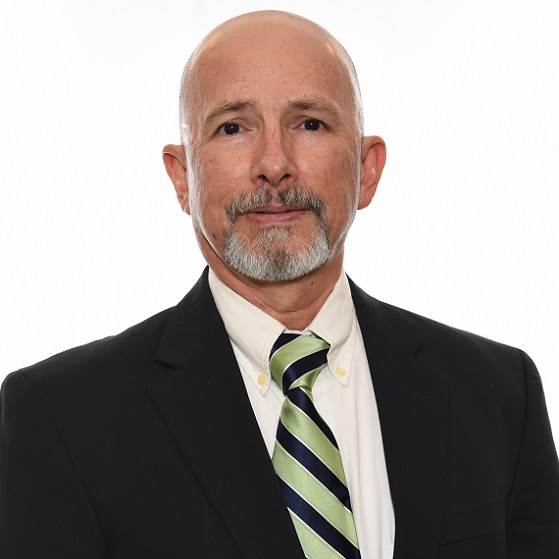
Title: Professor
Institution: Texas Tech University
Email: arturo.figueroa@ttu.edu
Phone: 806-834-5587
Website: https://www.depts.ttu.edu/ksm/research/AFigueroa.php
Keywords: arterial aging, endothelial dysfunction, arterial stiffness, sarcopenia, resistance
exercise, L-citrulline suppementation
Dr. Figueroa's research is focused on the impact of resistance exercise training and dietary supplementations (L-citrulline) on arterial function and structure, central blood pressure, and sarcopenia in older adults. My primary interest is in middle-aged and older adults with hypertension, obesity, and type 2 diabetes. I would like to collaborate with researchers interested in populations with age- and obesity-related cardiovascular and metabolic dysfunctions.
Ghislaine Fremaux, Ph.D.
Title: Associate Professor
Institution: Texas Tech University
Email: ghi.fremaux@ttu.edu
Phone: 806-834-5514
Website: https://www.fremauxvaldez.com/
Keywords: body, bioethics, patient experiences, aging, embodied cognition
Current and recent projects examine the practice of social nudism, aging, intimacy, consent and bioethics, and the medical body. My work concerns the corporeal effects of grief, the phenomenology of intimacy, and ethical questions regarding the representation of the body. In the service of these, I have undertaken interdisciplinary collaboration with sociologists, gerontologists, and gastroenterologists. My works are (typically) outsize drawings executed in chalk pastel.
~G~
Vadivel Ganapathy, Ph.D.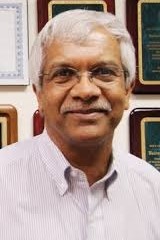
Title: Department Chair, Department of Cell Biology and Biochemistry
Institution: Texas Tech University Health Sciences Center
Email: vadivel.ganapathy@ttuhsc.edu
Phone: 806-743-2518
Dr. Vadivel Ganapathy has been teaching gastrointestinal physiology for the medical students for more than 20 years, which includes topics such as digestion and absorption and liver physiology. His primary research interest for the past 40 years has been on nutrient transporters that are expressed in tissues such as the intestinal tract, placenta, liver, and retina. To date, he has published 475 full-length research articles and 30 book chapters. This includes chapters on Digestion and Absorption in gastroenterology textbook series such as the Textbook of Gastroenterology (edited by Yamada) and the Physiology of the Gastrointestinal Tract (edited by Johnson). In recent years, he has become interested in the iron-overload disease hemochromatosis.
Haiwen Ge, D.Sc.
Title: Instructor, Department of Mechanical Engineering
Institution: Texas Tech University
Email: haiwen.ge@ttu.edu
Phone: 608-695-5372
Website: http://www.myweb.ttu.edu/hge/
Keywords: computational fluid dynamics; reactive flow; multiphase flow; pollutant emission;
respiratory drug delivery
My research focuses on computational thermal fluids. I develop advanced mathematical models and optimization methods for thermal fluid problems, particularly internal combustion engines. Current research includes development of advanced soot model, ignition model, and spray model, optimization of prechamber for spark ignition engine, simulation of virus spreading during cough/sneeze/breath process and upper airway.
Nadezhda German, Ph.D.
Title: Assistant Professor, Department of Pharmaceutical Sciences
Institution: Texas Tech University Health Sciences Center
Email: nadezhda.german@ttuhsc.edu
Phone: 806-414-9190
My research group applies traditional and contemporary medicinal chemistry drug design techniques to develop therapeutic agents to treat:
- Triple-negative breast cancer and lung cancer
- Diseases of the central nervous system (Parkinson's disease, multiple sclerosis, and chronic pain)
- Infectious disease via potentiation of the activities of known antibiotics
In particular, we have received an NIH funding for optimization of penfluridol-derived chemicals as anticancer agents followed by their evaluation in in vivo models. Our CNS projects have resulted in three patent applications (under revision) and obtained a foundation's funding for evaluating our lead compounds in the corresponding in vivo models. Finally, we have developed compounds capable of slowing the development of bacterial resistance in vitro. In addition, we work on developing of pharmacological tools that allow elucidating mechanisms involved in developing of dyskinesia as a side effect of the CNS-related therapeutical treatments.
DJ Gililland Jr., Ed.D., LAT, ATC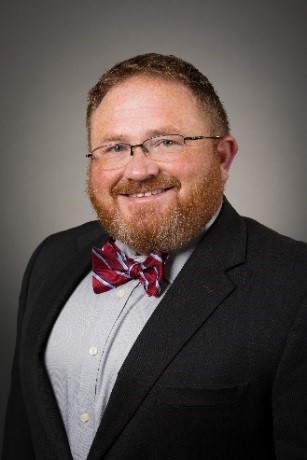
Title: Assistant Professor, TTUHSC Master of Athletic Training Program
Institution: Texas Tech University Health Sciences Center
Email: dj.gililland@ttuhsc.edu
Phone: 806-743-2091
Current research activities, Interprofessional Case Competition Integration within a College of Health Sciences, Problem-Based Learning within the Athletic Training Clinical Education Framework, Student Reported Learning Outcomes in Clinical Education, Bridging the Gap Between Theory and Practice within Athletic Training Clinical Education.
Zijian Harrison Gong, Ph.D.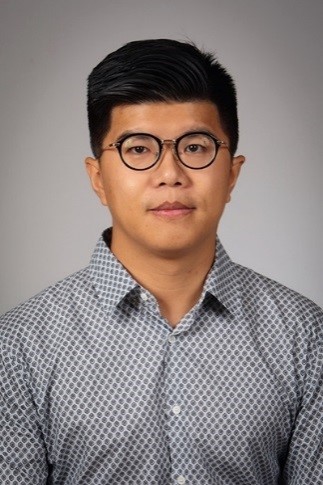
Title: Assistant Professor, Department of Advertising
Institution: Texas Tech University
Email: harrison.gong@ttu.edu
Phone: 806-281-0965
Zijian Harrison Gong (Ph.D., Texas Tech University) is an assistant professor in the Department of Advertising at Texas Tech University. His research focuses on motivated processing of media to understand how message execution elements such as design and layout impact selective attention, recall, and attitude formation, and how source and message factors impact the persuasiveness of media content. Most of his research applied eye-tracking, continuous responses, psychophysiological measures, or survey methods. Practically, his research findings offer tangible insights that help media practitioners enhance the persuasiveness of their messages. His research papers have been published in a range of leading journals in media and communication, including Communication Monographs, Media Psychology, and the Journal of Broadcasting and Electronic Media.
Anne Gorden, Ph.D.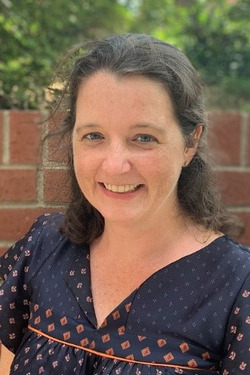
Title: Associate Professor
Institution: Texas Tech University
Email:anne.gorden@ttu.edu
Phone: 806-834-3521
Website:https://www.depts.ttu.edu/chemistry/Faculty/gorden_anne/
Keywords: synthesis, actinides, uranium, thorium, catalysis
Our research goal is to develop broad-ranging, state-of-the-art programs based on organic synthetic chemistry, supramolecular chemistry, and inorganic coordination chemistry and apply this to problems of both fundamental interest and practical importance. At this time, we have two main areas of focus: the development of new selective actinide coordination ligands for use in sensors and waste remediation, and the development of heterocyclic supported metal catalysts for improved reaction mechanisms, reduced wastes and "green" or sustainable chemistry.
In order to protect personnel and our environment, new materials are required for the rapid selective identification of the radioactive actinides like uranium and thorium. To do this we need an improved understanding of actinide coordination and selectivity and identifying the unique chemistry of the 5f elements.
Linda Gosner, Ph.D.
Title: Assistant Professor of Classical Archaeology
Institution: Texas Tech University
Email:lgosner@ttu.edu
Phone: 806-834-3936
Website:https://www.depts.ttu.edu/classic_modern/classics/people/Gosner.php
I am a Mediterranean archaeologist specializing in Iron Age and Roman archaeology and history. I have broad training in anthropology and classics. My research centers on local responses to colonialism and imperialism in rural and industrial landscapes of the western Mediterranean (primarily Spain, Portugal, and Sardinia). I am interested, in particular, in technology, craft production, labor practices, and everyday life in the ancient past. My work engages with broad questions about human-environment interaction, community and identity, labor history, mobility, and culture contact. I am an active field archaeologist, currently co-directing the Sinis Archaeological Project, a landscape survey in west-central Sardinia.
Richard Greenhill, DHA, PMP, FACHE
Title: Assistant Program Director | Assistant Professor
Institution: Texas Tech University Health Sciences Center
Email: richard.greenhill@ttuhsc.edu
Phone: 806-743-3737
Keywords: Management Science, Operations Research, Implementation Science
Dr. Greenhill joined TTUHSC after 27 years as a strategy and quality practitioner in healthcare. He brings a wealth of expertise that spans the continuum of health services delivery. He has served in nearly all facets of healthcare (Federal, Department of Defense, Not-for-profit, For-profit).
His specialties include: Strategic Management | Change Leadership | Health Systems Development | Global Health Policy | Pandemic preparedness strategy | Public health surveillance capacity
Research interests include - Rural health, Emerging Technologies in Healthcare (e.g. Machine Learning, Artificial Intelligence etc.), Global Health Innovation, Pandemic Preparedness Capacity Building, Health Diplomacy
Ken Griffith, Ph.D.
Title: Assistant Director
Institution: Texas Tech University
Email:ken.griffith@ttu.edu
Phone: 806-577-5193
Website: https://www.depts.ttu.edu/tlpdc/
Keywords: Faculty Development, STEM Education, DBER
Dr. Ken Griffith is the Director of the STEM Teaching, Engagement & Pedagogy (STEP) Program and Assistant Director of the Teaching, Learning & Professional Development Center (TLPDC) at Texas Tech University. He is also co-appointed as an Instructor in the Department of Biological Sciences. Ken coordinates all research and grant initiatives for the TLPDC. His research includes topics in Faculty Development and STEM Education. He has peer-reviewed publications in both scientific and education journals and has served as co-investigator on projects funded by the National Science Foundation (NSF) and the National Institutes of Health's (NIH) National Institute of General Medical Sciences.
Lan Guan, Ph.D.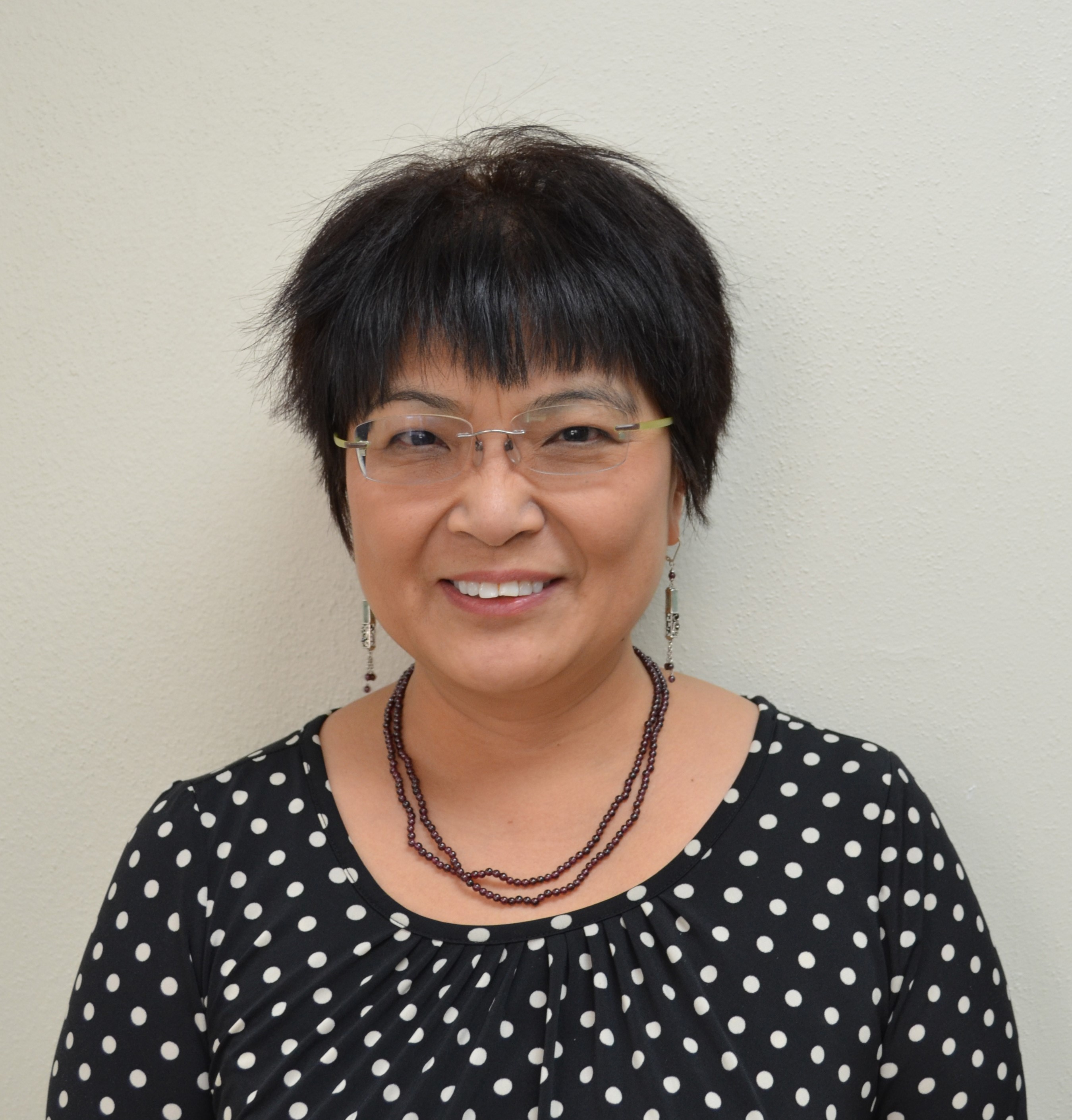
Title: Professor at the Department of Cell Physiology and Molecular Biophysics & Co-Director
of the Center for Membrane Protein Research
Institution: Texas Tech University Health Sciences Center
Email:lan.guan@ttuhsc.edu
Phone: 806-743-3102
Website:http://www.ttuhsc.edu/medicine/cell-physiology-molecular-biophysics/faculty/guan/
Lan Guan is a Professor at the Department of Cell Physiology and Molecular Biophysics (effective September 2019) and Co-Director of the Center for Membrane Protein Research at the School of Medicine of Texas Tech University Health Sciences Center, Lubbock, TX. She has received extensive training with rich experience in the fields of membrane protein structure biology and transporter biochemistry/biophysics. Her laboratory uses multiple biochemical and biophysics techniques, including X-ray crystallography, isothermal titration calorimetry, fluorescence spectroscopy, and tracer flux assays, in combination with site-directed mutagenesis and suppressor isolations, to characterize transport mechanisms of cation-coupled nutrient transporters. Dr. Guan has directed and completed multiple State-funded, NSF-funded, and NIH-funded research grants, and currently funded by two NIH research grants (RO1 and R21).
Wenxuan Guo, Ph.D.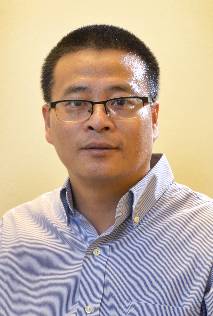
Title: Assistant Professor of Crop Ecophysiology and Precision Agriculture
Institution: Texas Tech University
Email: wenxuan.guo@ttu.edu
phone: 806-834-2266
Website: http://www.depts.ttu.edu/pss/precisionag/
Keywords: Precision agriculture, plant phenotyping, data science in agriculture, remote sensing
Dr. Wenxuan Guo is an assistant professor of Crop Ecophysiology and Precision Agriculture with the Department of Plant and Soil Science at Texas Tech University. Guo also has a joint appointment with Texas A&M AgriLife Research. A main goal of Guo's mission is to establish interdisciplinary research and teaching programs that leverage state-of-the-art technologies to improve agricultural production with limited resources, especially water. His research interests and efforts are mainly in precision agriculture, environmental sciences, and remote sensing in agriculture, especially the application of unmanned aerial systems in high-throughput plant phenotyping and big data in optimized crop production.
~H~
Nathaniel Hall, Ph.D.
Title: Assistant Professor, Department of Animal and Food Science
Institution: Texas Tech University
Email:nathaniel.j.hall@ttu.edu
Phone: 806-834-8924
Website:https://www.depts.ttu.edu/afs/people/nathan-hall/
I broadly study canine health and behavior and focus primarily on developing and enhancing the use of canines as biological detectors. Canines are deployed worldwide as biological detectors of narcotics, military explosives, improvised explosives, and more recently, cancer. My lab focuses on measuring and validating canine olfactory abilities, as well as developing new training procedures to enhance detection capabilities. I am interested in collaborations that will help test, measure, and enhance the performance of canines as biological detectors as well improve the health and welfare of dogs.
Saif Haq, PhD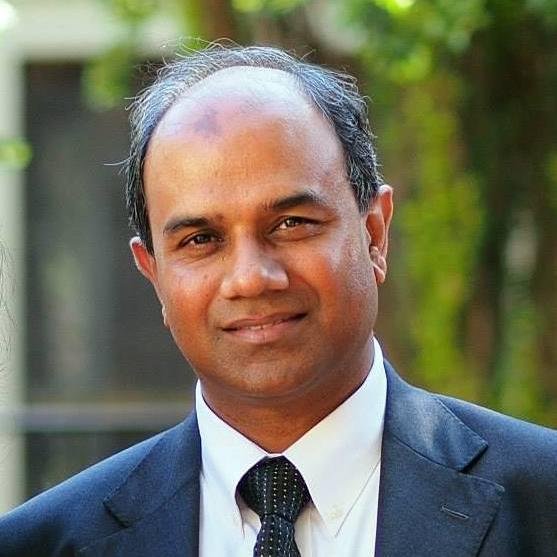
Title: Professor
Institution: Texas Tech University
Email: saif.haq@ttu.edu
Phone: 806-445-6221
Keywords: Space Syntax, layout analysis, spatial measures, evidence-based design, visibility-accessibility
Building and city plans are deliberate orchestrations of human accessibility and visibility. Layout structures where we can go and what we can see. This environmental property has a powerful effect on our cognition, our work efficiencies, and our health to name a few. I have tools to objectively measure accessibility and visibility in buildings and cities (Space Syntax), and am interested in how they play a vital role in the work of physicians and nurses, the healing environments of patients, the wayfinding of visitors, wellness conditions of citizens and so on.
Jason Headrick, Ph.D.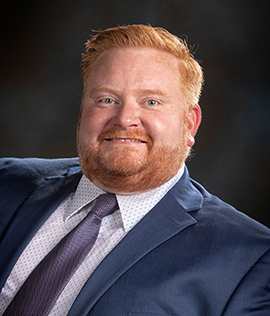
Title: Assistant Professor of Leadership & Community Development
Institution: Texas Tech University
Email:jason.headrick@ttu.edu
Phone: 859-608-5686
Keywords: leadership, leadership development, MOOCs, community development, rural
Dr. Headrick specializes in the access others have to leadership education through pedagogy, diversity & inclusion, and access to training and development in rural areas. He has worked with leadership education and professional development MOOCs, instructional strategies, and adaptive leadership in order to address campus crises. Community development through leadership is also an interest area.
Juske Horita, Ph.D.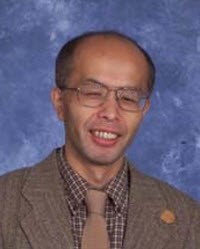
Title: Professor, Department of Geosciences
Institution: Texas Tech University
Email: juske.horita@ttu.edu
Phone: 806-834-7027
Website: http://myweb.ttu.edu/juhorita/
Natural stable isotope tracers of organic and biological compounds
Our group has developed and been using state-of-the-art and innovative analytical
techniques for naturally occurring stable isotopes of light elements (H- 1H and 2H;
C - 12C and 13C; O - 16O, 17O, and 18O; N – 14N and 15N) of organic and biological
molecules, based on mass spectrometry and Nuclear Magnetic Resonance spectroscopy.
These techniques can determine small variations in the stable isotope compositions
of these elements, either as bulk molecules or for different H/C groups within a given
molecule. Applications of these techniques to medical sciences could include biological
uptake/incorporation of elements, metabolic pathways and others.
Morgan E. House, Ph.D., MBA, LNFA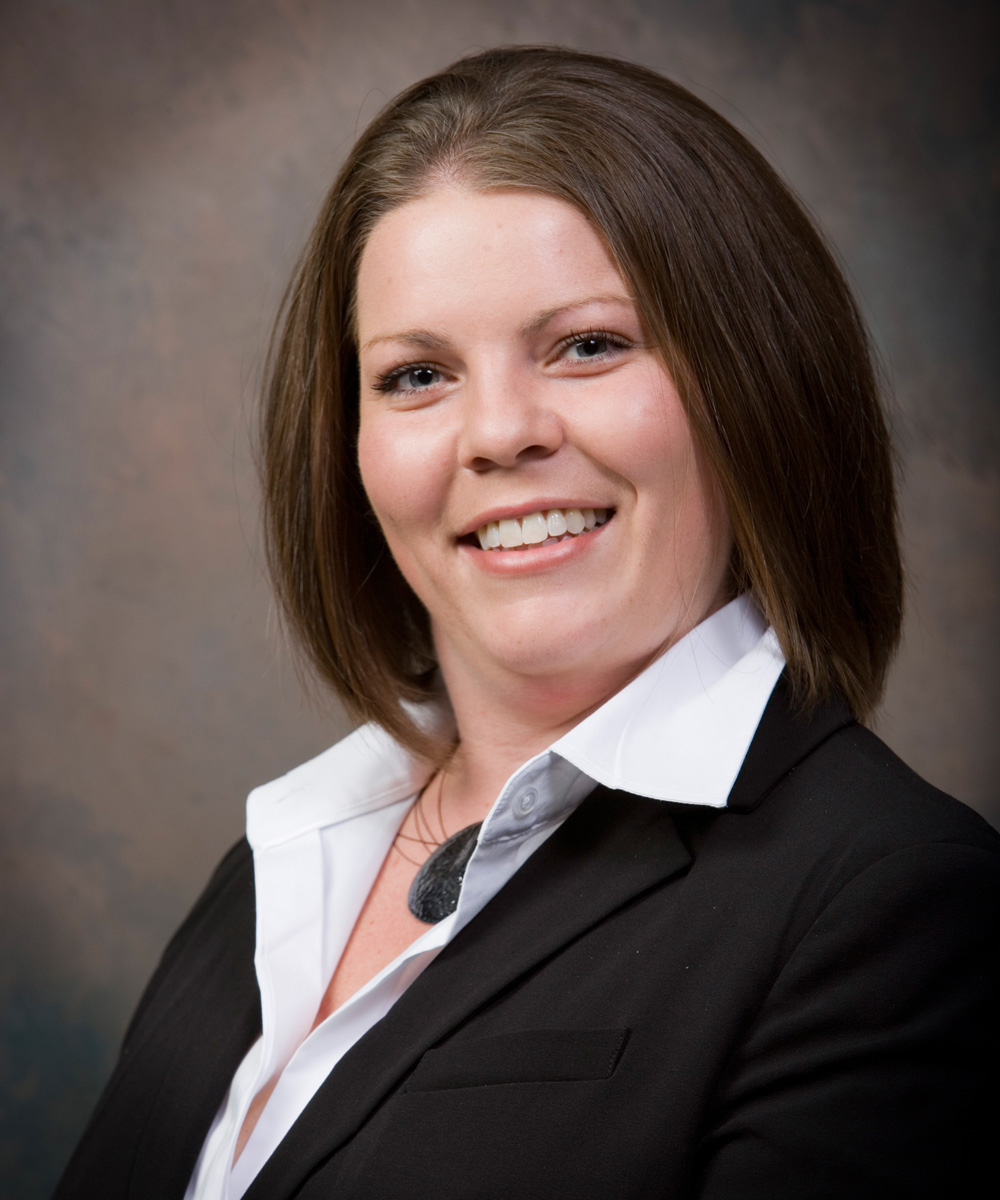
Title: Assistant Professor, Bachelor of Science in Healthcare Management
Institution: Texas Tech University Health Sciences Center
Email: morgan.house@ttuhsc.edu
Phone: 806.743.3567
Dr. Morgan E. House, Ph.D., MBA, LNFA focuses her academic research on geriatric care services and resident care needs. Dr. House also holds a Master of Business Administration (MBA) and a Texas Nursing Home Administrators License to operate long-term care facilities. Morgan keeps current in the field of long-term care through many hours of continuing education and service in West Texas nursing homes. Bringing over a decade of teaching experience in both undergraduate and graduate health care management and leadership courses; that include: healthcare marketing, healthcare law and ethics, healthcare leadership, long term care management, quality assurance and risk management, State and Federal regulatory requirements in long term care, strategic management, and issues in gerontology for leaders in healthcare. The research interests of Dr. House include an emerging topic of long-term care facility resident sexuality and the associated educational needs of healthcare managers in effectively and adequately dealing with residents, families, and facility staff. The identified needs of residents, family and facility staff have heretofore been ignored. Dr. House's recent research has identified specific educational needs of affected parties in this area that she is now addressing through a dynamic curriculum.
Fazle Hussain, Ph.D.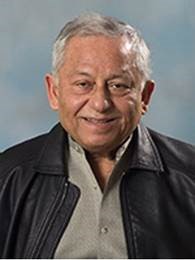
Title: President's Endowed Distinguished Chair in Engineering, Science, & Medicine, and
Senior Adviser to the President
Institution: Texas Tech University
Email: fazle.hussain@ttu.edu
Phone: 806-834-7805
Website: https://www.depts.ttu.edu/me/faculty/fazle_hussain/index.php
Keywords: transport, flow, cancer, cell mechanics, mechanotransduction
Dr. Fazle Hussain obtained his B.S. in Mechanical Engineering from Bangladesh Univ. of Engineering & Technology (1963), M.S. (1966), and Ph.D. (1969), both in Mechanical Engineering from Stanford University. Dr. Hussain's most impactful work centers on a fundamentals-driven, first principles-based approach to the complex dynamics of turbulence. His expertise ranges from experimental and theoretical studies of mixing, pipe flows, and boundary layers (with development of novel measurement techniques such as holographic particle velocimetry), cardiovascular fluid dynamics, nanoglands, microfluidics, and biofluidics. Dr. Hussain has also made notable contributions in fluid driven fracture mechanics, inverse scattering, non-invasive diagnostic techniques, fluid transport and deposition of nanoparticles, thrombus generation, tumor angiogenesis and modeling, helical wave decomposition of vortex dynamics, wavelet-based turbulence model, self-assembled monolayer patterns of nanomaterials, aeroacoustic noise generation, and drag control. His current interests additionally include cancer cell mechanics, metastasis, targeted drug delivery, and theranostics.
~I~
Paul Ingram, Ph.D.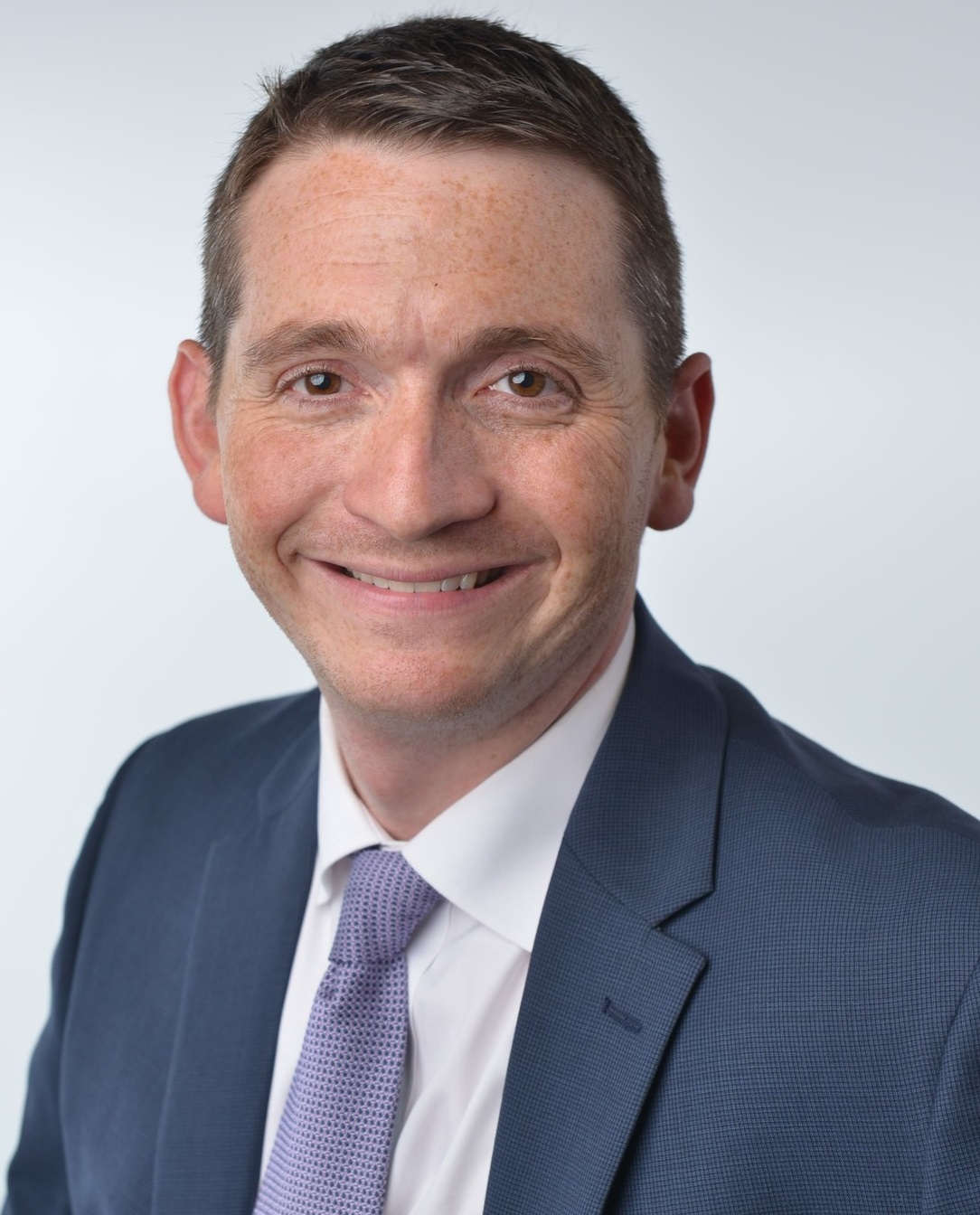
Title: Assistant Professor
Institution: Texas Tech University
Email: pbingram@gmail.com
Phone: 785-764-2336
Website:https://drpaulingram.com/
Keywords: Veterans, Assessment, Trauma, Military, Diagnosis
My research focuses on improving diagnostic efficiency. Much of this work has centered on individuals who served in the military or who are active duty currently. My research in these populations is on diagnostic effectiveness in issues related to trauma/posttraumatic stress disorder, symptom exaggeration/denial/misrepresentation detection, and depression. Broadly speaking, the goal of that work is to effectively identify individuals with substantive clinical concerns that may necessitate additional services. I also conduct research in on treatment utilization with a focus on predicting who starts/drops-out of clinical services and examining the effectiveness of psychological treatments (generally those related to trauma/depression).
Ram Iyer, Ph.D.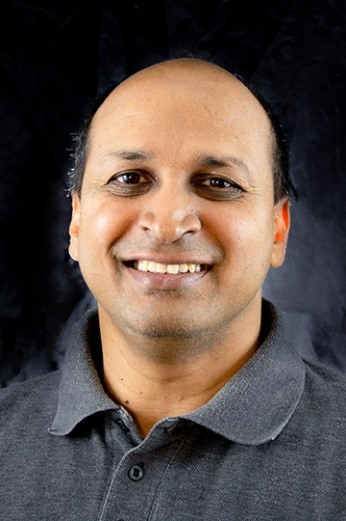
Title: Professor, Department of Mathematics and Statistics
Institution: Texas Tech University
Email: ram.iyer@ttu.edu
Phone: 806-834-3872
Keywords: Ophthalmology, optometry
Current Research Area: Optometry and Opthamology
Corneal ectatic disorders - a group of uncommon, non-inflammatory, eye disorders characterized
by the bilateral thinning of the cornea - are due to the weakening of the inner layers
of the cornea. The accurate diagnosis of corneal ectatic disorders such as Keratoconus,
Keratoglobus, and Pellucid Marginal Degeneration (PMD) is very important in the prognosis
and treatment of these conditions. Forme fruste or subclinical keratoconus is a condition
experienced by patients with stable corneas for whom the disease has not yet progressed
into either keratoconus or PMD. The diagnosis of conditions that could lead to significant
ectasia after LASIK surgery has been identified by the National Eye institute as a
priority area. Since 2010, Prof. Iyer and his team have been working on:
- Methods that are able to detect corneal disease at an early preclinical stage, and for accurate diagnosis of disease once it has developed
- Methods to design advanced contact lenses with asymmetric front and back surfaces that minimize abrasion with the diseased cornea and provide necessary vision correction
- Statistical methods for the validation of the mathematical models and numerical algorithms
Over the last 10 years, I have worked on developing tests for corneal diseases such as subclinical keratoconus and pellucid marginal degeneration using data from a Optical Coherence Tomographer. I would like a collaborator to help translate this work to clinical applications. In addition, I am working on developing self-tests for Macula degeneration. This is another area where I would like to collaborate.
~J~
Kelsie Jackson, Ph.D.
Title: Research, Grants, and Innovation Coordinator
Institution: Texas Tech University
Email: kelsie.jackson@ttu.edu
Phone: 806-775-4871
Keywords: arts, humanities, history, music, English
about - I have an extensive background in both the arts and humanities, as well as in research methodology for these and other, more quantitative, fields. In addition to prior experience in and expertise with music history, English literature, American cultural and political history, and communication studies, my current expertise include communication and dissemination of complex ideas regardless of field, as well as collaborative work with STEM and arts/humanities colleagues from across the academic spectrum.
Bradley J Johnson, Ph.D.
Title: Professor and Gordon W Davis Regents Chair
Institution: Texas Tech University
Email: bradley.johnson@ttu.edu
Phone: 806-834-7057
Keywords: skeletal muscle growth, adipose tissue
Dr. Johnson has over 25 years of research experience working with veterinary drugs used for global meat-animal production. The majority of Dr. Johnson's research over this time has involved evaluating the mechanism of action and physiology of two classes of veterinary drugs approved for meat production, steroidal implants and β-adrenergic agonists. Many models have been used by Dr. Johnson to evaluate the mode of action of both of these veterinary drugs including cell culture, tissue explant and in vivo experiments. Dr. Johnson was the first to evaluate the combined trenbolone acetate/estradiol 17β steroidal implant for beef cattle in the United States. Results from these experiments defined the mechanism of these compounds on postnatal muscle growth, and subsequently, the metabolism of the parent compounds as they were excreted from the target animal. In addition, his laboratory also has worked extensively on the mechanism of action of beta adrenergic agonists.
Jennifer Jolley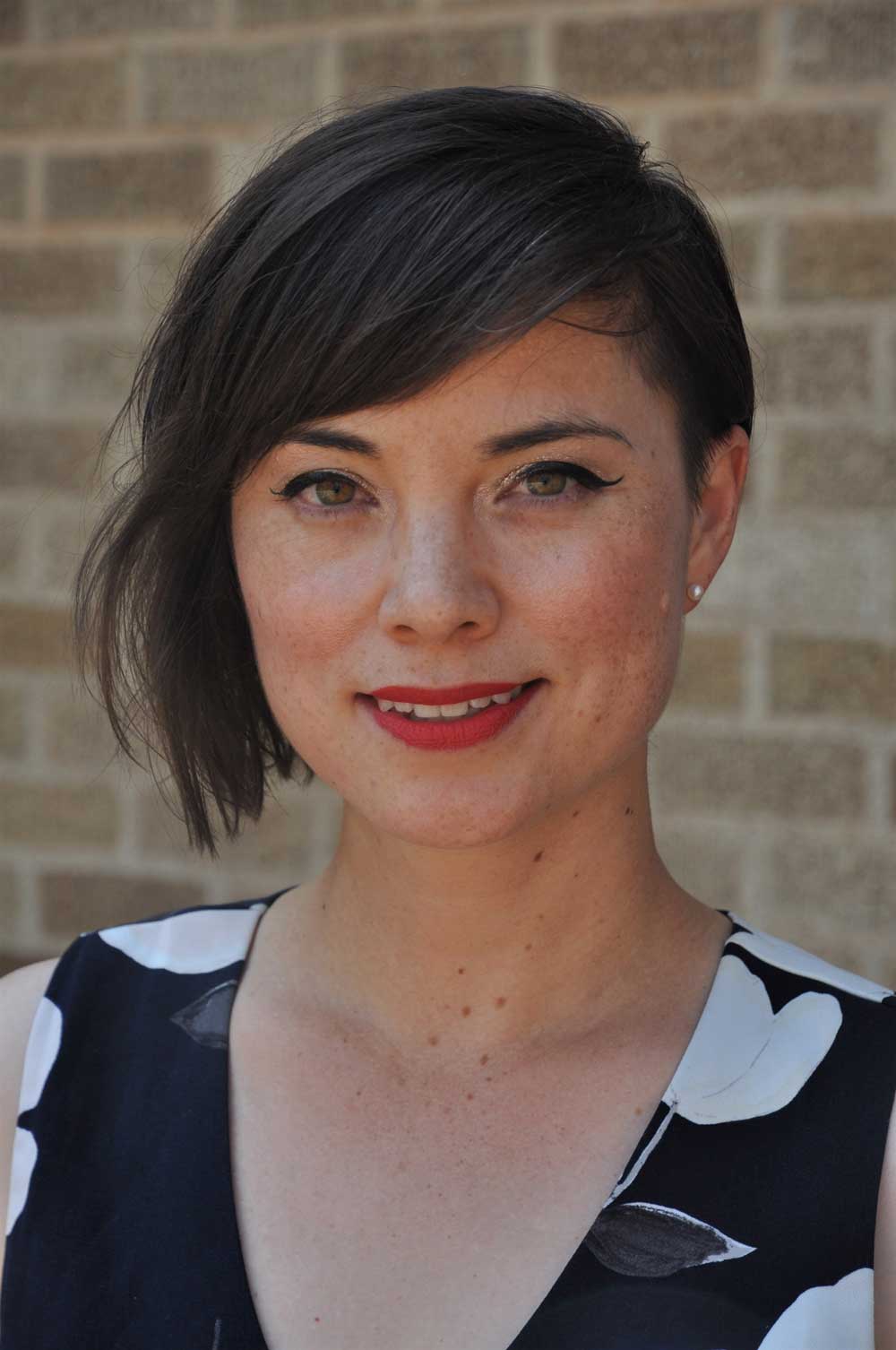
Title: Assistant Professor of Composition
Institution: Texas Tech University
Email: jennifer.jolley@ttu.edu
Phone: 806-834-7218
Website: https://www.jenniferjolley.com/
Keywords: composer, new music, sonification of data, sound art
I am a concert music composer whose interests lie in creating musical narratives for large ensembles, chamber ensembles, opera, movement, and sound art.
~K~
Chanaka Kahathuduwa, MBBS., Ph.D.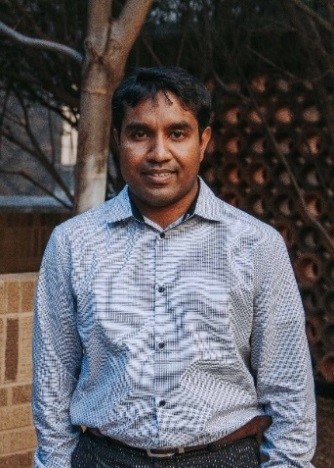
Title: Research Assistant Professor, Department of Human Development and Family Studies,
College of Human Sciences
Institution: Texas Tech University Health Sciences Center
Email: chanaka.kahathuduwa@ttu.edu
Phone: 806-834-2451
Website: http://www.depts.ttu.edu/hs/hdfs/kahathuduwa.php
Methods:
- Neuroimaging: fMRI, structural MRI, DTI
- Eye-tracking and neuropsychological tests
- Randomized controlled clinical trials
- Meta-analyses and secondary data analyses
Research Areas:
- Autism spectrum disorder and ADHD
- Risk-proneness and impulsivity in adolescents
Min H. Kang, PharmD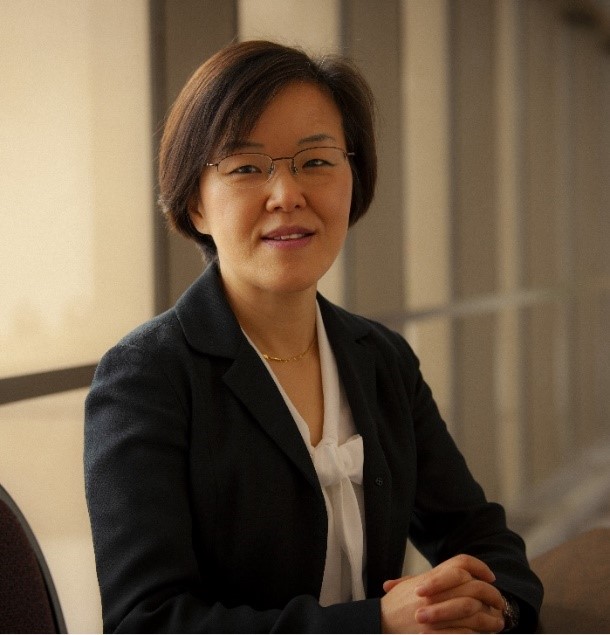
Title: Distinguished University Professor, Associate Vice President for Research Pediatrics,
School of Medicine
Institution: Texas Tech University Health Sciences Center
Email: min.kang@ttuhsc.edu
Phone: 806-743-2694
The focus of Kang Lab's research is in clinical and molecular pharmacology and the conduct of early-phase preclinical studies as well as clinical trials. I am the director of a pharmacology resource laboratory that supports the Children's Oncology Group (COG), the South Plains Oncology Consortium (www.SPONC.org), and the New Approaches to Neuroblastoma Therapy consortium (www.NANT.org). My laboratory conducts preclinical and clinical studies that provide pharmacokinetic, pharmacodynamic, and pharmacogenomic data in support of multiple phase I, II, and III clinical trials within these consortia. I have been working in the area of translational research for decades, and preclinical data from my laboratory have resulted in multiple clinical trials. I have extensive experience in formalized preclinical drug testing, having directed the NCI Pediatric Preclinical Testing Program in vitro testing laboratory for 8 years. Particularly germane to the current proposal, my research has been focused on translation research in pediatric cancers in identifying new drugs and the mechanisms of resistance. 1. We have established systemic models of lymphoid malignancies to show that ABT-737 synergized with the current leukemia backbone regimen of acute lymphoblastic leukemia and MCL-1 modulation is the key to overcoming resistance to ABT-737. 2. In addition, we proposed PI3K/mTOR pathway as a key player in dexamethasone resistance in lymphoid malignancies. Our data demonstrated that BEZ235 in combination with dexamethasone was synergistically active in both in vitro and in vivo models of pediatric ALL, and BIM may be a potential biomarker for the combination activity. 3. In our study of MM-398 (nal-IRI), a nanoliposomal irinotecan which is recently approved for colon cancer, we showed that Ewing's family of sarcoma is most susceptible to the drug relative to rhabdomyosarcoma or neuroblastoma, and that SLFN11 was inversely correlated with the activity of the drug.
Martina I. Klein, Ph.D.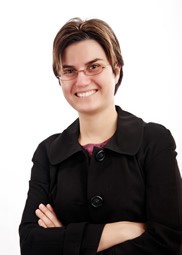
Title: Associate Professor, Human Factors Psychology, Department of Psychological Sciences
Institution: Texas Tech University
Email: martina.i.klein@ttu.edu
Phone: 806-834-4745
My research has focuses on the acquisition of laparoscopic and robotic surgery skills and on surgeons' stress and workload (attentional demand) experiences. Towards that end, I have conducted task-analytic studies to identify novice traps (mistakes trainees are likely to make) in the laparoscopic surgery environment. Further, as the laparoscopic surgery environment poses a disruption of hand-eye mapping which is caused by having to view the target tissue indirectly on a monitor via a camera, I assessed whether basic perceptual-motor adaptation research generalizes to the laparoscopic environment. Such understanding is relevant for laparoscopic training. As the laparoscopic environment is known to induce high attentional demands on surgeons and surgical training takes place on patients, it is important to determine when trainees are too overwhelmed. I am the PI on an AHRQ funded research grant to validate a real-time indicator of operators' attentional load and attentional resource depletion in the laparoscopic training environment. While my research so far has focused on surgery, I am very interested in extending my current research to other medical areas, including but not limited to anesthesiology and radiology. Thus, I am looking for collaborators who are supervising the training of medical skills in general.
Amy Koerber, Ph.D.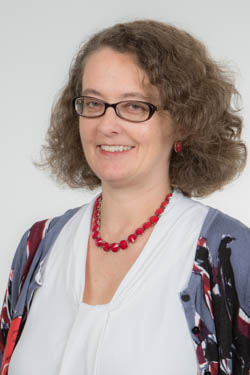
Title: Professor & Associate Dean for Administration & Finance, Communication Studies
Institution: Texas Tech University
Email:amy.koerber@ttu.edu
Phone: 806-834-8241
Website:http://amykoerber.academia.edu/
Dr. Koerber's research agenda centers around the question of how experts make effective arguments, particularly in the context of health, science, and medicine. Toward this end, she employs multiple research methods, including textual analysis as well as interviews and focus groups. Although her doctoral training is based in classical rhetoric, her current research employs a wide variety of theoretical frameworks, and she is especially interested in scholarly approaches that facilitate interdisciplinary collaboration and knowledge-making. Dr. Koerber's current research seeks to understand the role of effective communication in the STEM professions. Specifically, she has conducted a series of interviews with STEM professionals from various disciplines in attempt to understand which communication skills these professionals believe to be most crucial to obtaining and succeeding in leadership positions in their disciplines. Prior to this current project, Dr. Koerber published numerous peer-reviewed articles and two academic books, all related to her broadly defined interests in health and science communication. Her most recent book, "From Hysteria to Hormones: A Rhetorical History," was published by Penn State University Press in April 2018. Her previous book, "Breast or Bottle: Contemporary Controversies in Infant-Feeding Policy and Practice," was published by University of South Carolina Press in 2013, and was awarded the NCTE Award for Best Book in Scientific or Technical Communication. In addition to scholarly publishing, Dr. Koerber has also been involved in multiple collaborative grant-seeking efforts and is always looking for additional opportunities to bring her expertise and experience as a qualitative communication researcher to partnerships with colleagues across the disciplines.
~L~
Carla M. R. Lacerda, Ph.D.
Title: Assistant Professor, Department of Chemical Engineering
Institution: Texas Tech University
Email: carla.lacerda@ttu.edu
Phone: 806-834-4089
Website: http://www.depts.ttu.edu/che/groups/lacerdagroup/
Our work focuses on the development of cell and organ culture models of tissue degeneration. We are interested in understanding the effects of different mechanical stimuli on heart valve degeneration. Once cell mechanoreceptors and associated signaling pathways are known, it will be easier to apply new drugs to slow or reverse disease progression and to improve the design of tissue-engineered valves. In addition to heart valve mechanobiology, our research program also develops new techniques for tissue engineering based on innovative scaffold recellularization approaches. Other projects include: serotonin signals in fibrotic diseases, active cellularization of biological scaffolds, and scaffold patterning. Collaborative projects include organs-on-chips, linking in silico and in vitro characterization of tricuspid valve, combined flexure and shear stimulation of endothelial cells, valvular cell mechanics and characterization of muscle pathobiology in C. elegans.
J. Josh Lawrence, Ph.D.
Title: Associate Professor, Pharmacology and Neuroscience
Institution: Texas Tech University Health Sciences Center
Email: john.lawrence@ttuhsc.edu
Phone: 806-743-3887
The overall aim of Dr. Josh Lawrence's translational research program is to understand how neuromodulation of specific GABAergic interneuron populations alter circuit function in both normal and pathological states. Dr. Lawrence has investigated how extrinsic input from cholinergic and GABAergic neurons in medial septum-diagonal band of Broca impacts the excitability of interneuron subtypes in the hippocampus. The long term goals of his research are:
- To identify molecular mechanisms by which G-protein coupled receptors alter the cellular excitability of neurochemically distinct cell types,
- To examine how disease states, such as epilepsy, Alzheimer's Disease, and autism, alter neuromodulatory control of different neuronal types,
- To determine general principles governing neuromodulatory control of inhibitory interneurons, and
- To build computational cellular, synaptic, and network models that provide insight into how neuromodulation impacts circuit function.
Jia Li
Title: Research Assistant Professor
Institution: Texas Tech University
Email: jia.li@ttu.edu
Phone: 806-834-8291
Keywords: transportation, mobility, autonomous driving
My research focuses on the modeling and optimization of transportation systems, considering the interactions of human and autonomous agents in such systems. Applications include the modeling of traffic flow and mobility services in both urban and rural contexts.
Wei Li, Ph.D.
Title: Assistant Professor, Department of Chemical Engineering
Institution: Texas Tech University
Email: wei.li@ttu.edu
Phone: 806-834-2209
Website:https://www.depts.ttu.edu/che/research/li-lab/
The Li research group at Texas Tech are focusing on combining cutting-edge microfluidics, soft materials and high throughput nano-assembly techniques to develop novel functional polymer surfaces and devices for biomedical and energy applications. Our expertise include:
- Polymers, soft materials, hydrogels
- Microfluidics, microchips, droplets and polymer microparticles
- Cell encapsulation and drug delivery
- Layer-by-layer nanofilms, stimuli-responsive films, biodegradation
- Circulating tumor cell
- Surface modification of medical implants
We have the following unique experimental instrument in the lab:
- Soft lithography for microfabrication
- Optical profilometer for measuring film thickness and surface roughness
- Quartz crystal microbalance with dissipation monitoring (QCM-D)
- Blood-handling system
We are looking for potential collaboration in:
- Molecular cell biology, biological assays
- Immuno-blotting
- Immuno-staining
- Flow cytometry
- Patient related samples for cancer and wounds
Donald Y.C. Lie, Ph.D., Fellow, IEEE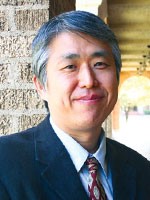
Title: Keh-Shew Lu Regents Chair Professor, Department of Electrical and Computer Engineering;
Chair Professor, Edward E. Whitacre Jr. College of Engineering; National Chiao-Tung
University (NCTU), Hsin-Chu, Taiwan, Adjunct Professor, Department of Surgery
Institution: Texas Tech University/Texas Tech University Health Sciences Center
Email: Donald.Lie@ttu.edu
Phone: 806-834-2440
Website: https://rfsocttu.com/
Donald Y. C. Lie is currently the Keh-Shew Lu Regents Chair Professor in the Department of Electrical and Computer Engineering, Texas Tech University, Lubbock, Texas, and also an Adjunct Professor in the Department of Surgery, Texas Tech University Health Sciences Center (TTUHSC), supervising M.D./Ph.D students. His research interests are:
- Power-efficient RF/Analog IC and System-on-a-Chip (SoC) design and test, especially on radio-frequency/mm-Wave silicon power amplifier (PA)
- Interdisciplinary and clinical research on medical electronics, biosensors, oncology, and AI-assisted medicine.
More information on Dr. Lie's research group can be found HERE.
Sunghun Lim, Ph.D.
Title: Assistant Professor
Institution: Texas Tech University
Email: sunghun.lim@ttu.edu
Phone: 612-245-2576
Website: https://sites.google.com/view/limsunghun/
Keywords: Agricultural Economics, Agribusiness, Supply Chains, International Trade, Food Security
Dr. Sunghun Lim's research centers on the intersection between International Trade, Agricultural Development, Production, and Supply Chains. His primary research focus is studying how agricultural global value chains and international trade affect national economic outcomes, such as structural transformation, employment, food security, and international trade. His other research interest is understanding the ways in which farmers' risk attitudes toward uncertainty affect strategic agribusiness management, in the context of food security, contract farming, crop diversification, and supply chains.
Prior to Texas Tech University, he researched at the University of Minnesota Extension's Applied Research and Evaluation Team, the National Food Protection and Defense Institute (FPDI)'s Global Food Supply Chain Team, and the University of Minnesota's Center for Urban and Regional Affairs.
Ting Lin, Ph.D.
Title: Assistant Professor, Structural Engineering,Department of Civil, Environmental,
and Construction Engineering
Institution: Texas Tech University
Email: ting.lin@ttu.edu
Phone: 806-834-5327
Website: http://www.depts.ttu.edu/ceweb/faculty/ting_lin/index.php
Ting Lin directs the Multi-Hazard Sustainability Research Group (HazSus.org) with parallel tracks in Earthquake Engineering and Climate Change. Interfacing engineering with earth science facilitated by high performance computing and artificial intelligence, her research focuses on earthquake and sea-level rise hazards, risk and uncertainty. Her recent projects include ground motion simulation validation of tall buildings, probabilistic sea-level rise hazard analysis, and virtual reality of earthquake shaking. Passionate about improving infrastructure resilience against multiple hazards, she is thrilled to learn from colleagues at the National Wind Institute (NWI) and the Climate Science Center (CSC), across disciplines at Texas Tech University (TTU) and Texas Tech University Health Sciences Center (TTUHSC). Lin has served on delegation/working group/committees under COP15, NEHRP, SCEC, NIST, ASCE, & NASEM, and as a reviewer for journals, conferences, & funding agencies. Her work has been implemented in hazard mapping, modeling software, and building codes & guidelines. Lin completed her Ph.D. and M.S. in Structural Engineering from Stanford, and B.S. (Hons.) in Civil Engineering and a concentration in Architecture from Cornell. Future collaborations with TTUHSC could potentially address health challenges related to natural and man-made hazards to advance community resilience, perhaps involving multi-national multi-institutional research teams.
Carol S. Lindquist, Ph.D.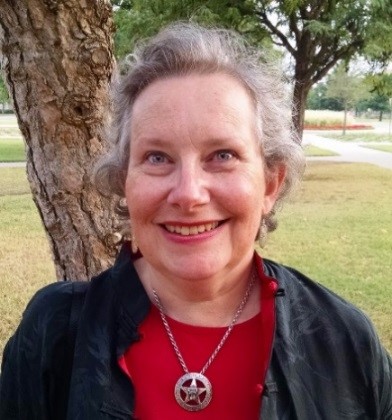
Title: Assistant Professor, Department of Sociology, Anthropology & Social Work
Institution: Texas Tech University
Email: carol.lindquist@ttu.edu
Phone: 806-834-6162
Research interests in food consumption & production, health, vernacular architecture, aging, gender, and sexuality. Skills in human-subjects research (qualitative & survey), program evaluation, legislative/regulatory consequences, community impact studies. Experienced with inter/multi-disciplinary studies.
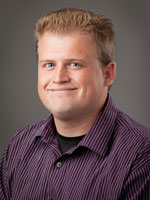 Ryan Litsey
Ryan Litsey
Title: Assistant Dean, Librarian
Institution: Texas Tech University
Email: ryan.litsey@ttu.edu
Phone: 806-742-2239
Keywords: Higher Education, Education Policy, Power, Libraries, Machine Learning,
My academic research is in resource sharing, machine learning, predictive analytics and the role of faculty in university governance. I have spent most of his academic career developing groundbreaking technologies that have transformed resource sharing. Occams Reader and the shipment tracking system OBILLSK have changed the way ILL librarians are able to share the resources of their respective institutions. ALIEN is the first machine learning algorithm to manage a library's collection in real time.
Marc Lochbaum, Ph.D.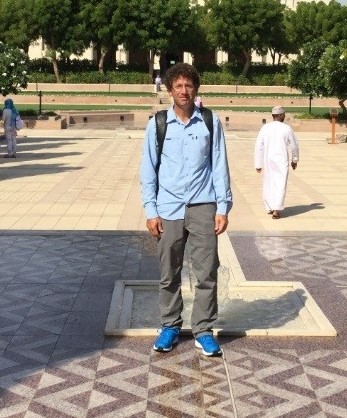
Title: Professor, Department of Kinesiology and Sport Management
Institution: Texas Tech University
Email: marc.lochbaum@ttu.edu
Phone: 806-834-0882
Websites:https://www.researchgate.net/profile/Marc_Lochbaum
https://scholar.google.com/citations?user=R8OknM4AAAAJ&hl=en
https://www.depts.ttu.edu/ksm/contact/pages/mlochbaum.php
I am Professor of Sport and Exercise Psychology at Texas Tech University in the Department of Kinesiology and Sport Management located in Lubbock, Texas. I have funded projects in many parts of the world. In Lubbock, I am a co-investigator on the East Lubbock Promised Neighborhood grant. I have published in sports psychology journals since 1993. My research interest is motivational theories in physical activity and competitive sports settings. I am a recognized international expert in achievement goal theory. My East Lubbock Promised Neighborhood work is the most logical area for TTU/TTUHSC collaboration. I see about 200 children a day in my afterschool programs (grades K-5). Projects concerning heath, education, and physical activity are welcomed.
Angela Lumpkin, Ph.D.
Title: Professor & Department Chair, Department of Kinesiology & Sport Management
Institution: Texas Tech University
Email: angela.lumpkin@ttu.edu
Phone: 806-834-6935
Website: http://www.depts.ttu.edu/ksm/contact/pages/alumpkin.php
Angela is the author of 25 books and 12 book chapters. She has published over 75 refereed manuscripts and delivered 25 invited lectures and over 180 professional conference presentations. She has received over $3 million in external grants. She conducts research and publishes in the areas of sport ethics, leadership, intercollegiate athletics, women in sport, and teaching effectiveness. She was the 2008-2009 Gene A. Budig Teaching Professor in the School of Education at the University of Kansas and named to the Texas Tech University Teaching Academy for excellence in teaching and contributions to teaching in 2016. She received the North American Society for Sport Management's Distinguished Educator Award in 2018.
Conrad P. Lyford, Ph.D.Dr. Lyford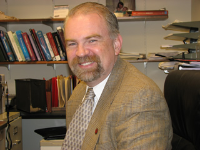
Title: Professor, Deptartment of Agricultural and Applied Economics
Institution: Texas Tech University
Email: conrad.lyford@ttu.edu
Phone: 806-834-2132
Websites:https://www.researchgate.net/profile/Conrad-Lyford
https://www.depts.ttu.edu/aaec/people/lyford.php
Conrad Lyford, Ph.D., Professor, Agricultural and Applied Economics, is interested in participating in projects with strong impact potential addressing behavior and health outcomes in the health and food sectors. In particular, he is interested in applying behavioral economic principles to interventions that result in high impact with low cost.
~M~
Brendan MacKay, M.D.
Title: Assistant Professor, Department of Orthopedic Surgery and Rehabilitation
Institution: Texas Tech University Health Sciences Center
Email: brendan.j.mackay@ttuhsc.edu
Phone: 806-743-2465
Dr. Brendan MacKay is an Assistant Professor, Department of Orthopaedic Surgery - Hand Division at TTUHSC. He secured participation for Texas Tech University Health Sciences Center as a research site in RANGER (Registry of Advance Nerve Graft Evaluating Utilization and Outcomes for the Reconstruction of peripheral Nerve Discontinuities). Additionally, Dr. MacKay and Dr. Desiree McKee have secured participation for Texas Tech University Health Sciences Center as a research site for AVIVE® Soft Tissue Membrane by AxoGen. Avive® Soft Tissue Membrane is a minimally processed human umbilical cord membrane that can be used as a resorbable soft tissue covering to separate tissue layers. Dr. MacKay is an active surgeon and conducts research in the following areas:
- Nerve reconstruction, regeneration, and histology
- Soft tissue repair including tendinous reconstructions, external tissue expansion, skin flaps, and CO2 laser treatments for hypertrophic scarring
- Bone and joint reconstruction and repair
- Impact of preoperative factors including psychology, nutrition, and medications on surgical outcomes
- Anatomy of the hand and upper extremity
Philip Marshall, Ph.D.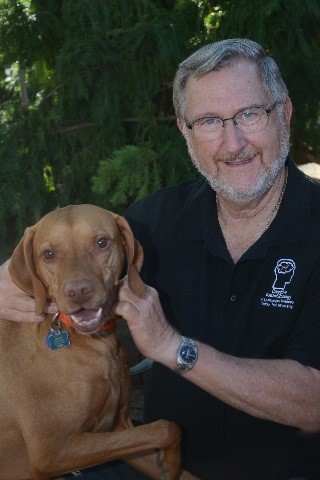
Title: Professor
Institution: Texas Tech University
Email: philip.marshall@ttu.edu
Phone: 806-789-7230
Keywords: human animal interaction, all aspects; psychology and art, all aspects; human learning
and memory, most areas
I'm interested in human cognitive effects, representations, and processing related to human animal interaction.
Jeremy Marston, Ph.D.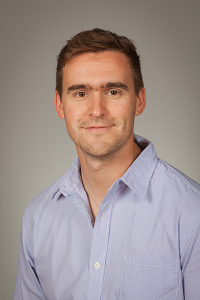
Title: Associate Professor, Department of Chemical Engineering
Institution: Texas Tech University
Email: jeremy.marston@ttu.edu
Phone: 806-834-7012
Website: http://marstonlab.wixsite.com/fluids
Current vaccination practice is dominated by delivery via hypodermic needle and syringe (HNS), which are undesirable due to sharps waste and needle-stick injuries, but also unsuitable for delivery of some products, especially those with high-viscosity (µ ≥ 100 mPa.s) such as novel DNA-based vaccines, which could revolutionize the fight against infectious diseases. In fact, pipeline vaccines for Zika, Ebola, HIV, HPV, and certain cancers are already in existence, but await a reliable delivery method due to high viscosity and the narrow target region (e.g. intradermal). One candidate is jet injection, however, since the physical mechanisms in jet injection are still not fully understood, it is unclear whether current jet injector designs are optimized for a range of fluid viscosities. In particular, the role of the underlying tissue stiffness in jet injection is unknown and must be studied systematically to guide the choice of injection site. We are currently working on a broad comparison between needle and jet injections, using in-vitro, ex-vivo and cadaver studies. We are seeking collaborators for the cadaver studies.
Peter Martens, Ph.D.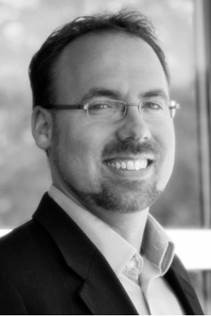
Title: Associate Professor of Music Theory
Institution Texas Tech University
Email: peter.martens@ttu.edu
Phone: 806-834-1870
Keywords: cognition, music, rhythm, emotion, behavioral
Peter Martens' research focuses on the empirical investigation of musical communication, including composers, performers, and listeners. Of particular interest are musical rhythm and meter, emotion, and the kinesthetics of music-making.
He is Co-Director (with Dr. David Sears) of the Performing Arts Research Lab at Texas Tech (TTU-PeARL) and has ongoing collaborations with TTU's Burkhart Center as well as non-TTU institutions.
Timothy Matis, Ph.D., PE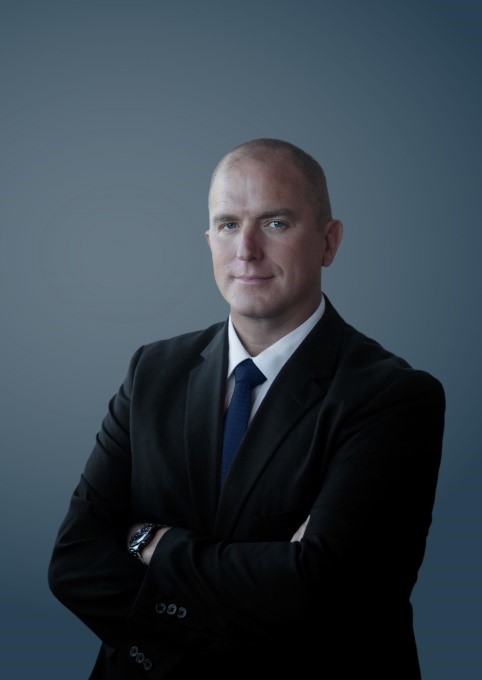
Title: Associate Professor, Department of Industrial, Manufacturing, and Systems Engineering;
Associate Director of the Center for High Reliability Organizations and Processes
(CEHROP)
Institution: Texas Tech University
Email: timothy.matis@ttu.edu
Phone: 806-834-8589
My research is in the domain of healthcare systems engineering, looking at the optimal delivery of care and patient safety. This includes topics related to patient flow, patient scheduling, and inventory management, and to the management of patient safety in complex systems. My recent work looks at implementation strategies and the effectiveness of high reliability organizational theory in healthcare settings.
Desirae McKee, M.D.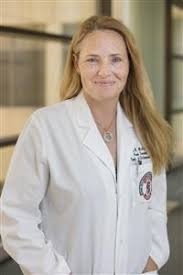
Title: Associate Professor, Department of Orthopaedic Surgery and Rehabilitation
Institution: Texas Tech University Health Sciences Center
Email:desirae.mckee@ttuhsc.edu
Phone: 806-743-2465
Dr. Desirae McKee is an Associate Professor, Department of Orthopaedic Surgery - Hand Division at TTUHSC. She is also a Shannon Holloway Chair. She is a co-investigator at the TTUHSC research site for RANGER (Registry of Advance Nerve Graft Evaluating Utilization and Outcomes for the Reconstruction of peripheral Nerve Discontinuities). Additionally, Dr. McKee and Dr. Brendan MacKay have secured participation for Texas Tech University Health Sciences Center as a research site for AVIVE® Soft Tissue Membrane by AxoGen. Avive® Soft Tissue Membrane is a minimally processed human umbilical cord membrane that can be used as a resorbable soft tissue covering to separate tissue layers. Dr. McKee is an active surgeon and conducts research in the following areas:
- Nerve reconstruction, regeneration, and histology
- Soft tissue repair including tendinous reconstructions, skin flaps, and CO2 laser treatments for hypertrophic scarring
- Bone and joint reconstruction and repair
- Impact of preoperative factors including psychology, nutrition, and medications on surgical outcomes
- Anatomy of the hand and upper extremity
Gregory B. McKenna, Ph.D.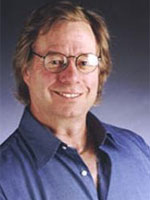
Title: Emeritus Professor
Institution: Texas Tech University
Email: greg.mckenna@ttu.edu
Phone: 806-834-4136
Website: https://www.depts.ttu.edu/che/research/mckenna/
Keywords: polymers, rheology, glasses, rubber, colloids, soft matter, nanoscience, pharmaceuticals,
energetic materials
We carry out research in the physical behavior of materials, for the most part, polymers, colloids, and small molecule glass-formers. The methods and disciplines we use include rheology of both the solid and liquid states, glass physics, crystallization kinetics, amorphous material stability, diffusing wave spectroscopy, nano-indentation, atomic force microscopy. We study the behavior at both the macroscopic and nano-metric size scales and our work also considers molecular level behavior of macromolecules including DNA.
Keino McWhinney, MPP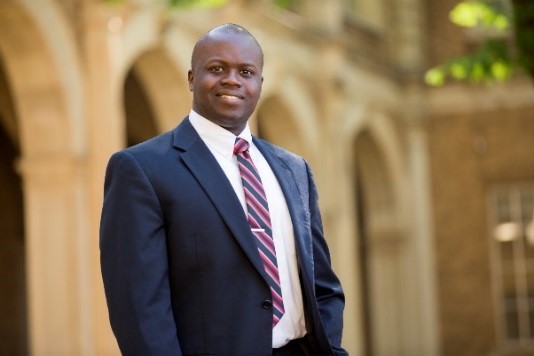
Title: Director, Texas Tech Mental Health Institute
Institution: Texas Tech University Health Sciences Center
Email: keino.mcwhinney@ttuhsc.edu
Phone: 806-743-2245
The Texas Tech Mental Health Institute seeks to leverage innovative activities in education, research, and service across the Texas Tech University System (TTUS) and in collaboration with community stakeholders in support of a comprehensive approach to achieve optimal mental health outcomes for those served by the university system. Building on the existing strengths of the TTUS component institutions, TTMHI will develop a "Texas Tech Model" as an integrated approach for early intervention and the delivery of mental health services and explore opportunities for collaborative research. This model will bring together an interdisciplinary team of physicians, psychologists, marriage and family therapists, counselors, social workers, researchers, and peer specialists to deliver whole person care and include the strategic engagement of caregivers who support individuals with mental health and substance use disorders. In seeking to act across the continuum of care, TTMHI will implement the use of evidence-based programs for increasing community capacity to address mental health problems.
Yehia Mechref, Ph.D.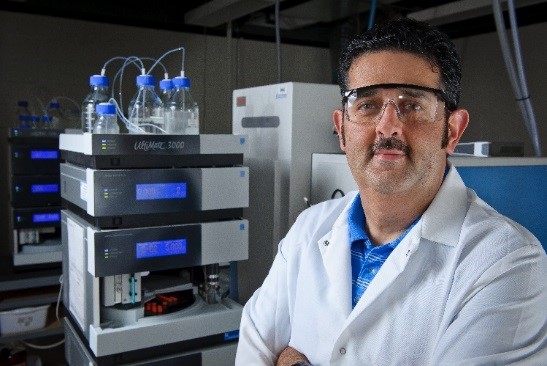
Title: Paul W. Horn Professor, Department of Chemistry and Biochemistry, Department Chairman,
Department of Chemistry and Biochemistry, Director, TTU Center for Biotechnology &
Genomics
Institution: Texas Tech University
Email: yehia.mechref@ttu.edu
Phone: 806-834-8246
Dr. Yehia Mechref (Paul W Horn Professor, Chairperson Department of Chemistry and Biochemistry, Director of the Center for Biotechnology and Genomics) is a world-renowned biomolecular mass spectrometry scientist. The research of Dr. Mechref's group is focused on developing biomolecular mass spectrometry methods that enable the detection of biomolecules at high sensitivity. He is a world leader in MS-based glycomics, glycoproteomics, metabolomics and proteomics. His glycomics and glycoproteomics MS-based methods are routinely used to better understand the role of glycans in the development and progression of many human diseases including cancer, HIV, Traumatic brain injury (TBI) and Multiple sclerosis (MS). Dr. Mechref's research is funded by NIH and CPRIT.
Devin Mills, Ph.D.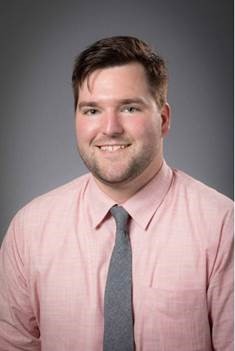
Title: Assistant Professor
Institution: Texas Tech University
Email: devin.mills@ttu.edu
Phone: 414-759-8495
Keywords: Addiction; Video Gaming Disorder; Gambling Disorder; Personality; Mental Health
My research broadly explores the development of behavioral addictions, specifically video gaming and gambling disorder, with the intention of identifying factors that facilitate sustained recovery across the lifespan. Several ongoing studies examine the relationship between (1) trauma and addiction, (2) emotion regulation and addiction, and (3) attachment and addiction.
Bashir Morshed, Ph.D.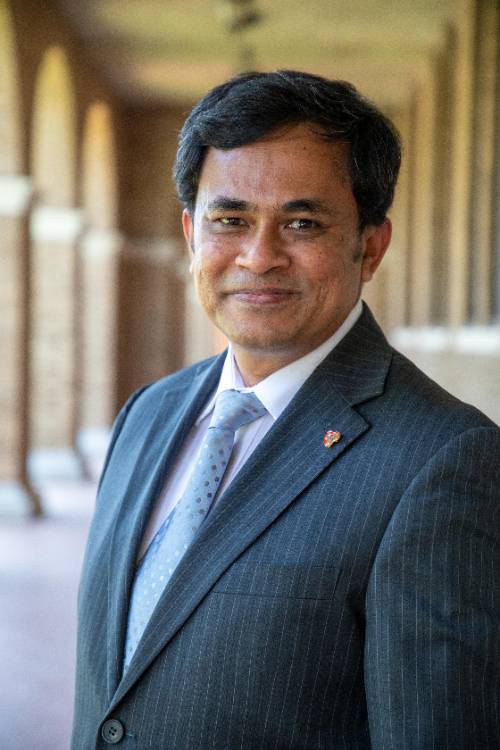
Title: Associate Professor
Institution: Texas Tech University
Email:bmorshed@ttu.edu
Phone: 806-834-4898
Website:http://myweb.ttu.edu/bmorshed/
Keywords: Cyber physical system, Wearable, Medical device, Artificial intelligence, Flexible
electronics
Dr. Morshed's research interests are body-worn electronic patch sensor development using inkjet printing and utilization of wearables for mobile health applications utilizing machine learning. Embedded systems (ES) are electronic information processing elements embedded into cyber-physical systems (CPS) and contain micro-controllers dedicated for sensing, actuation, and/or control. His NSF funded project focuses on cutting-edge ES combined with nanotechnology and Inkjet printed (IJP) additive manufactured flexible electronics for ultra-low power or zero-power wearables & body-worn sensors and artificially intelligent (AI) real-time signal processing techniques at Edge Computing realized with smartphones for mobile health (mHealth) applications towards Smart and Connected Communities (SCC) and Smart Cities.
Dr. Morshed is a recipient of the prestigious Canadian Commonwealth Fellowship (2002-2004), Indira Gandhi Memorial Fellowship (2004 and 2006), Ontario Graduate Scholarship (2007), and Ontario Graduate Scholarship in Science and Technology (2008). He also received 2018 MHTI Scholar award by NIH mHealth Summer Training Institute at UCLA.
Hanna Moussa, Ph.D.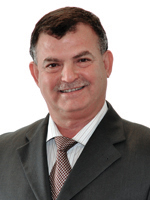
Title: Assistant Professor
Institution: Texas Tech University
Email: hanna.moussa@ttu.edu
Phone: 806-834-6271
Keywords: Radiation, Cancer, Cancer risk, dosimetry, absorbed dose
I am interesting to work with Oncology department, doing experiment on Magic-F gel to simulate the dose to patient from 6 and 10 MV accelerator located in the cancer center.
Naïma Moustaide-Moussa, Ph.D., FTOS, FAHA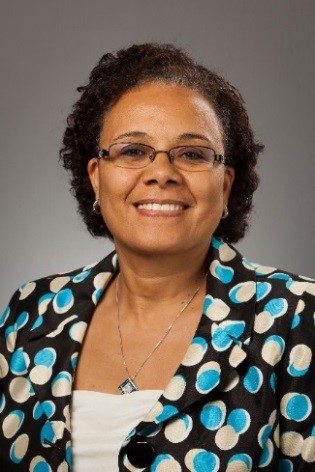
Title: Professor, Department of Nutritional Sciences, Director, Obesity Research Cluster
Institution: Texas Tech University
Email: naima.moustaid-moussa@ttu.edu
Phone: 806-834-7946
Websites: https://www.depts.ttu.edu/hs/ns/research/index.php#moussa http://www.depts.ttu.edu/hs/ns/research/nior/
https://www.depts.ttu.edu/hs/obesityresearch/
Potential For Collaborations:
- Human studies to translate cell and animal research related to obesity, inflammation and bioactive compounds including in bariatric surgery patients
- Role of gut microbiome in metabolic diseases and diet-microbiome interactions
- Obesity and cancer, especially breast cancer
Moustaid-Moussa has been leading a funded basic and integrated nutrition and obesity research, with emphasis on the endocrine function of adipose tissue and nutrient-gene interactions in metabolic diseases. Her current research includes mechanisms by which:
- The adipocyte renin angiotensin system mediates inflammatory, adiposity- and insulin resistance in metabolic diseases and breast cancer
- Bioactive compounds (such as omega 3 fatty acids, tocotrienols, tart cherry anthocyanins and other polyphenols) reduce obesity-associated white adipose tissue inflammation and activate brown adipose tissue, using cell and animal models
Her secondary areas of interest include beta cell function in diabetes and childhood obesity prevention.
Mary Murimi, Ph.D.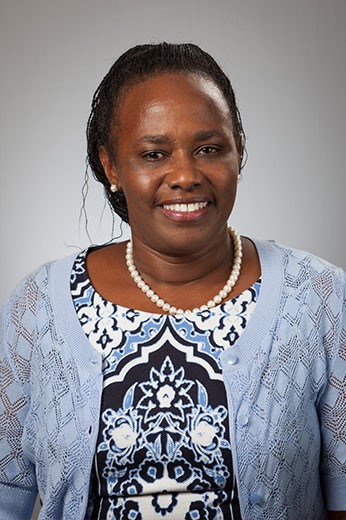
Title: Professor, Department of Nutritional Sciences
Institution: Texas Tech University
Email: mary.murimi@ttu.edu
Phone: 806-834-1812
Website:http://www.depts.ttu.edu/hs/ns/murimi.php
My research interests include understanding the effects of the community environment on the nutrition status of the residents, and identifying coping strategies for food insecurity and factors that influence dietary behavior, especially among low-income populations. I have conducted community-wide outreach projects aimed at behavior modification in the prevention of obesity and the related chronic diseases among rural residents. I apply the ecological approach and train the trainer model when conducting community based participatory research. At the international level, I have collaborative relationship with institutions in Ethiopia, Vietnam and Kenya. In Ethiopia, I have a USAID funded project on linking livestock to human nutrition.
~N~
Srinivas Nandana, Ph.D.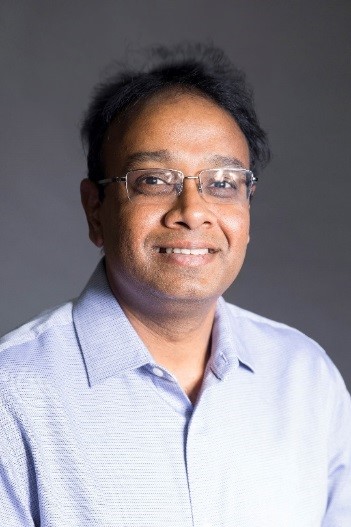
Title: Assistant Professor, Department of Cell Biology & Biochemistry
Institution: Texas Tech University Health Sciences Center
Email: Srinivas.Nandana@ttuhsc.edu
Phone: 806-743-4101
The 5-year survival of primary prostate cancer is nearly 100%, however, alarmingly the survival rate decreases to 29% in metastatic disease. Prostate cancer metastasizes predominantly to the bone, but currently there is no effective therapy against prostate cancer bone metastasis although it is the predominant cause of morbidity and mortality in the clinic. It is therefore of pivotal importance to identify the molecular mechanisms by which primary prostate cancer cells metastasize to bone. A major hurdle in our understanding of this process is the lack of an animal model that spontaneously recapitulates all the steps of this process in an in vivo experimental model with an intact immune system. To address this major limitation, we have developed a syngeneic mouse model that develops a high frequency of bone metastasis in immune competent hosts. This approach provides us with a novel tool to investigate cancer homing and interaction with the bone in an immune-competent host microenvironment more closely mimicking human physiology. In my laboratory, using a variety of pre-clinical mouse models – xenograft, syngeneic, and transgenic mice - we investigate the molecular and signaling mechanisms that mediate prostate cancer progression including homing and growth of prostate cancer cells in the bone. I am interested in collaborating with other laboratories towards investigating immune-based therapeutic strategies against prostate cancer bone metastasis. In summary, our research endeavors are focused on studying the biology, signaling network, and tumor-microenvironment interactions involved in the manifestation of bone metastasis during prostate cancer lethal progression, with the goal of developing novel therapeutics against the disease. In addition to my interests in prostate cancer, I also have a broad interest in collaborating with other laboratories to investigate tumor-microenvironment interactions and host immune surveillance functions in other tumor models to uncover molecular insights into a broad spectrum of solid tumors.
Volker Neugebauer, M.D, Ph.D.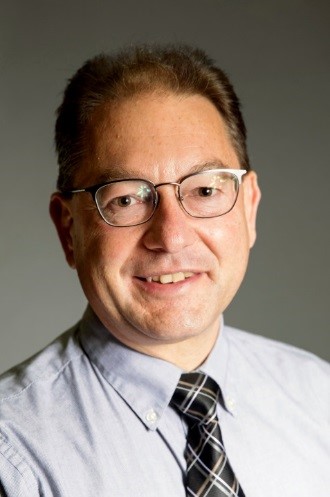
Title: Professor and Chair, Department of Pharmacology and Neuroscience; Giles McCrary
Endowed Chair; Addiction Medicine
Director, Center of Excellence for Translational Neuroscience and Therapeutics
Institution: Texas Tech University Health Sciences Center
Email: volker.neugebauer@ttuhsc.edu
Phone: 806-743-3880
Website: https://www.ttuhsc.edu/medicine/pharmacology
The focus of Dr. Neugebauer's research over the past two decades has been on synaptic and cellular mechanisms of higher brain functions and dysfunctions in pain conditions and neuropsychiatric disorders. Dr. Neugebauer pioneered the field of pain-related neuroplasticity in the amygdala, a brain center for emotions. The analysis of emotional-affective and cognitive brain mechanisms of pain centered on the amygdala and cortico-limbic interactions is a key contribution of his work to the field of pain research and neuroscience. Through collaborative research projects his team explores brain mechanisms of chronic pain, alcohol abuse and addiction disorders, comorbidities with depression and anxiety disorders, neurodegenerative disorders, and epileptogenesis. Dr. Neugebauer's research program uses a multidisciplinary approach that integrates innovative technologies (state-of-the-art systems and slice electrophysiology, multi-photon imaging in vivo and ex vivo, microendoscopy for live imaging, optogenetics, viral vector strategies, pharmacology and innovative behavioral assays). Dr. Neugebauer's research has been continuously funded by NIH since 1999. Collaborations with TTU could be driven by approaches (transcriptomics, HPLC) or concepts (exploring novel targets, interventions, materials, models).
Bryan A. Norman, Ph.D.
Title: Professor & Department Chair, Department of Industrial, Manufacturing, and Systems
Engineering
Institution: Texas Tech University
Email: bryan.norman@ttu.edu
Phone: 806-742-3543
Website: www.depts.ttu.edu/ieweb
Potential For Collaborations: I am interested in collaborating on projects related to healthcare delivery. I conduct analysis of healthcare systems and seek to optimize their performance. Bryan A. Norman is Professor and Chair of the Department of Industrialxfrt, Manufacturing, and Systems Engineering at Texas Tech University. Dr. Norman has over twenty years of experience in process and operations improvement and optimizing the performance of logistics systems including process flow, facility layout, scheduling, inventory management, and supply chain design. He has applied his work in manufacturing, retail, service and healthcare settings. During the last ten years he has focused primarily on healthcare applications. Dr. Norman's research in healthcare delivery spans three primary domains: supply chain design and operation, staffing and scheduling, and coordinating and improving process flow. He is the author of over 60 journal publications and has presented more than 100 seminars, invited lectures, and conference presentations. He has been funded by the National Science Foundation, the National Institutes of Health, the Veteran's Administration, the Gates Foundation, the University of Pittsburgh Medical Center and other industry partners.
~O~
Jorgelina Orfila, Ph.D.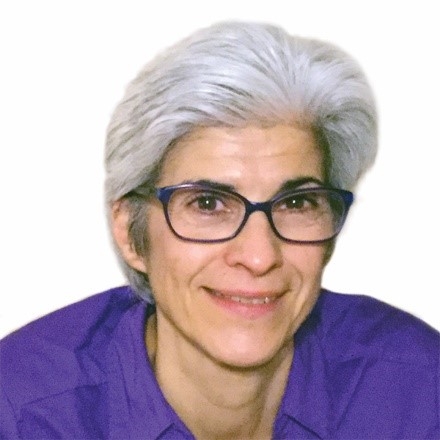
Title: Associate Professor, School of Art
Institution: Texas Tech University
Email:Jorgelina.orfila@ttu.edu
Phone: 806 834-0038
Website:Animationduo.com
Dr. Jorgelina Orfila joined the Art History faculty in Fall 2008. Originally from Argentina, her Ph.D. is from the University of Maryland, College Park. Her dissertation Paul Cézanne and the Making of Modern Art History explores the historiography of art history and museography in the interwar period. She has curated numerous exhibitions and published several articles in her areas of special interest: Modernism and the history of art history, Paul Cézanne, John Rewald, museography in the Interwar Period, and the use of photographs for the study of modern art. She is at present working with Dr. Francisco Ortega-Grimaldo on a research and teaching interdisciplinary project that examines the intersections of animation and the fine arts.
In February 2019, they created an Animation Studies chapter at the Southwest Popular/American Culture Association Conference (SWPACA). They are also collaborating with the Burkhart Center for Autism Education & Research by developing animation workshops. This is an initial step for the establishment of a branch of HEART (Healing Education Animation Research Therapy) in the US: HEART Texas. HEART is an award-winning provision that was founded in the North East of England but has expanded to the East Midlands. HEART's scholars and practitioners explore the benefits of using the animation process in therapeutic and educational contexts. HEART Texas will be the first HEART center outside the U.K.
Francisco Ortega-Grimaldo, Ph.D.
Title: Associate Professor, School of Art
Institution: Texas Tech University
Email:francisco.ortega@ttu.edu
Phone: 806 834 5785
Website:Animationduo.com
Francisco is an Associate Professor in Graphic Design and Coordinator of the PhD Fine Arts program at the School of Art, Texas Tech University (TTU). He earned his undergraduate degrees and MA at the University of Texas, El Paso, and his PhD in Critical Studies and Artistic Practice at TTU (2008). A practicing artist and scholar, his interests include: Historical and Critical Perspectives in Animation, Game Design Theory and History, Graphic Design, and Interdisciplinarity in the Arts.
He collaborates with Dr. Jorgelina Orfila in a research project that explores the interactions between animation and contemporary art. They are also collaborating with the Burkhart Center for Autism Education & Research by developing animation workshops as an initial step for the establishment of a branch of HEART (Healing Education Animation Research Therapy) in the US: HEART Texas. He also collaborates with Dr. Sue Ann Lee in a project that uses animation to teach new words to children with language disabilities ("The Effect of Animation in Learning Novel Words in Children with Specific Language Impairment").
~P~
Sandip Pal, Ph.D.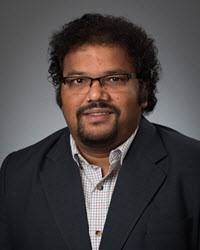
Title: Assistant Professor
Institution: Texas Tech University
Email: sandip.pal@ttu.edu
Phone: 806-834-1326
Website: https://sites.google.com/view/sandippal-ttu/
Keywords: Atmospheric boundary layer; Urban heat island; Convection initiation; Greenhouse
gases; Lidar remote sensing; Environmental pollution; Heat stress and mortality
Boundary Layer Meteorology Research Group is a newly built research group in the Division of Atmospheric Sciences of the Department of Geosciences at Texas Tech. Dr. Sandip Pal is the group leader. The focal points of this research team include kinematics and thermodynamics of the atmospheric boundary layer, diurnal evolution, aerosol-cloud microphysics and convection initiation; ground-based, airborne and satellite borne observations of boundary layer physics and land-atmosphere interaction; wind energy applications, and biosphere-atmospheric interaction with special emphasis on carbon cycle.
Komaraiah (Kumar) Palle, Ph.D.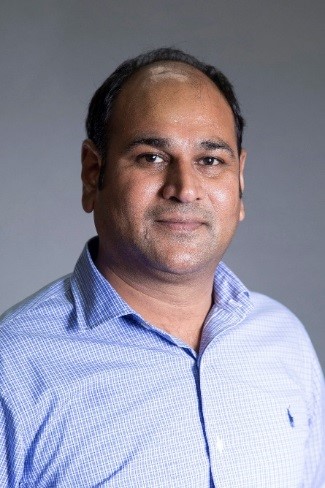
Title: Associate Professor, Department of Cell Biology & Biochemistry; Kayla Weitlauf Endowed
Chair for Women's Health
Institution: Texas Tech University Health Sciences Center
Email: komaraiah.palle@ttuhsc.edu
Phone: 806-743-2990
The overarching goals of our research efforts are to elucidate molecular mechanisms of carcinogenesis processes and contribute significantly to prevention and treatment of different malignancies by basic and translational research. Thus, the focus is two dimensional: The basic science research projects focused on understanding the complex interplay between tumor suppressors and oncogenes in genome maintenance, and mutations or their deregulation in carcinogenesis and tumor development. Primarily, DNA damage response and repair signaling genes are tumor suppressors that constantly protect chromosomal DNA from environmental and metabolically generated genotoxins and from oncogenic replication stress. Mutations in these genes manifest into genome instability syndromes such as Fanconi anemia (FA) and Breast and Ovarian Cancer early onset (BRCA). In contrast, tumor cells also acquire resistance to chemo and radiation therapy by altered regulation of cell cycle checkpoints (ATM, ATR) and DNA repair networks. These mechanisms and their regulation are highly complex, and often they are differentially regulated in tumor cells, particularly in the context of oncogenic or growth factor signals they adopt.
The translational research projects focused on genetic and epigenetic mechanisms that tumor cells adopt to survive from oncogenic replication stress and from chemo and radiation therapy. My lab is particularly interested in understanding how activated oncogenic signals (growth factor receptors, signaling proteins such as Hedgehog/GLI, RAS, inflammatory and epigenetic regulators) influence tumor suppressors and cell cycle checkpoint signaling cascades. Our goal is to identify key regulators of these complex networks in tumors cells and develop rotationally designed therapeutic combinations to effectively kill tumor cells, which are also known as proof-of-concept based and synthetic lethality approaches. Areas of my translational interest are primarily Ovarian and Breast cancers, and extended to other malignancies.
Mihwa Park, Ph.D.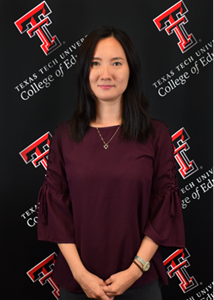
Title: Assistant Professor
Institution: Texas Tech University
Email: Mihwa.Park@ttu.edu
Phone: 806-834-5675
Keywords: Science Education, Educational Assessment, Rasch Measurement, Text Analysis
My research agenda has evolved and expanded, while the line of research has a clear focus on facilitating student learning in Science and supporting teachers and educators in teaching STEM subjects. My most current research projects focus on developing an online based formative assessment system for three-dimensional learning, teachers' questioning-based discourse in science classrooms and teachers' emotions in teaching Science or Math.
Oak-Hee Park, Ph.D., RD
Title: Research Assistant Professor, Human Sciences
Adjunct Assistant Professor & Graduate Faculty, Nutritional Sciences
Institution: Texas Tech University
Email: oak-hee.park@ttu.edu
Phone: 806-834-0291
Oak-Hee Park has been conducting various research projects related to nutrition, food, health, and consumer behavior. Her current research areas are focusing on Nutrition Education, Food Environment, Public Health, Obesity Prevention, and Sustainable Food System. Since 2013, she has worked on the East Lubbock Promise Neighborhood (ELPN) Grant funded by the U.S. Department of Education. As Co-PI, she established the first community-based family cooking program for underserved populations. She also conducts a food environment study in the Lubbock area using the NEMS-S and NEMS-R surveys, and has actively led an obesity prevention project for early adolescents at Talkington School for Young Women Leaders to promote individual's self-efficacy about healthy cooking that may encourage adolescents to reduce risky eating behavior, leveraging body acceptance and mindful eating practices for the prevention of obesity.
Debajyotie Pati, Ph.D., FIIA, IDEC, LEED AP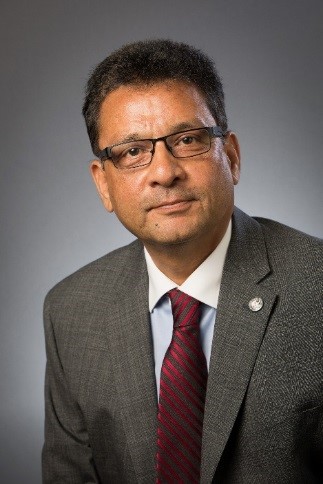
Title: Professor and Rockwell Endowment Chair, Department of Design; Director, North American
Chapter, International Academy for Design and Health
Institution: Texas Tech University
Email: d.pati@ttu.edu
Phone: 806-834-0850
Website: http://www.myweb.ttu.edu/dpati
http://www.designandhealth.com/
Keywords: Healthcare Design, Safety, Efficiency, Care Quality, Patient Experience, Geriatric
Patients, Home Healthcare
Over the past two decades my research has focused on examining the influence of physical design on patient/staff/organizational outcomes in healthcare facilities. These include issues pertaining to, among others, safety, efficiencies, and care quality. I just concluded a NIH sponsored study on patient falls in hospitals and awaiting decision on a NIH grant application for the next phase of the patient fall study. As a healthcare design architect, I have worked on projects at over 70 hospitals and healthcare systems, world-wide, and served as Vice President at HKS Architects, an international healthcare design firm, before moving to TTU.
Gad Perry, Ph.D.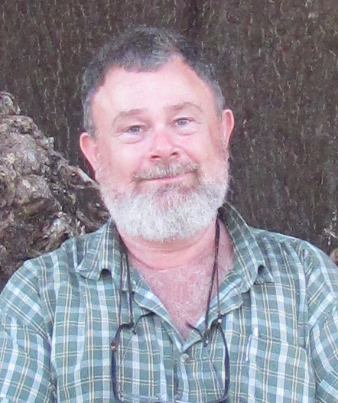
Title: Professor, Department of Natural Resource Management
Institution: Texas Tech University
Email: gad.perry@ttu.edu
Phone: 806-834-2339
Website:https://www.depts.ttu.edu/nrm/people/faculty/faculty_pages/gadperry/perry.php
I am an ecologist in the broadest sense, with a strong focus on conservation. Specific projects have leaned towards behavioral ecology, evolutionary ecology, historical ecology, invasive species, physiological ecology, urban ecology, and policy.
Daniel Phillips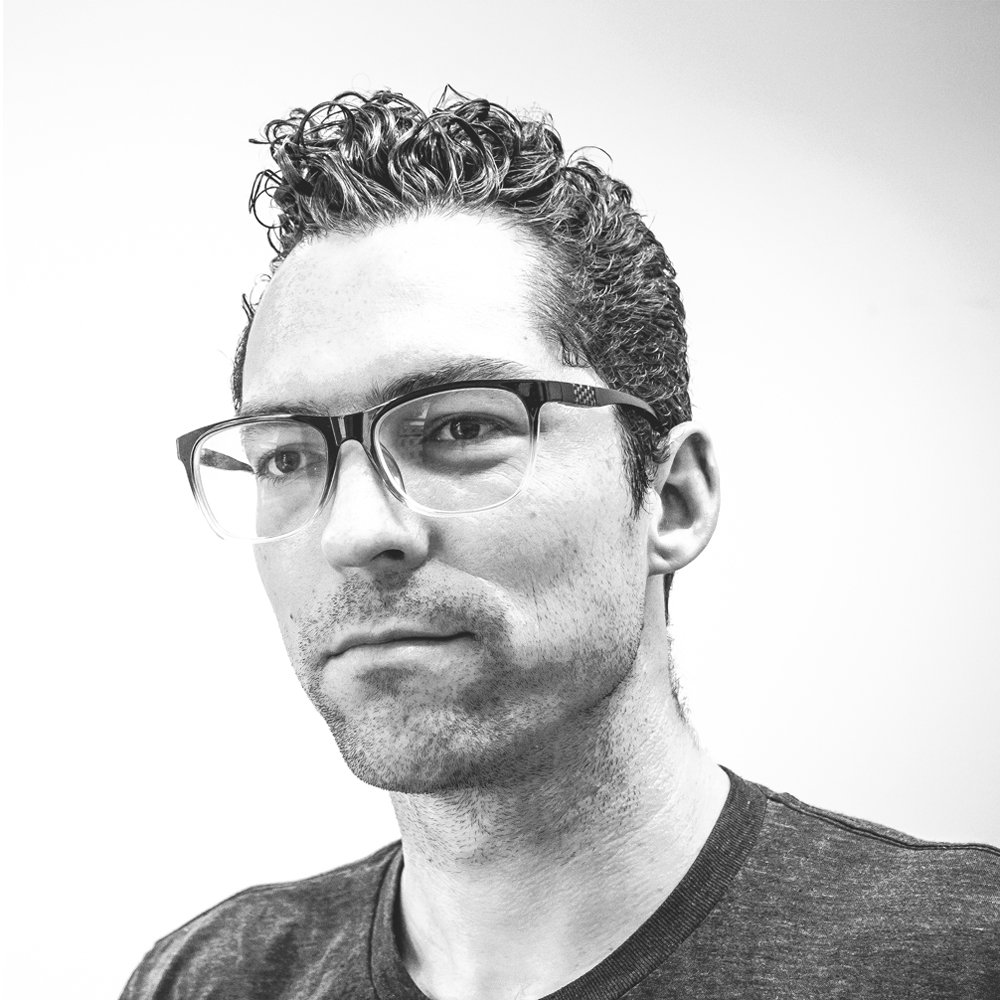
Title: Assistant Professor
Institution: Texas Tech University
Email:daniel.phillips@ttu.edu
phone: 424-341-8541
Website: http://www.thecommonstudio.com/
Keywords: green infrastructure, GIS, Water, Urban, Ecology
South Asian Megacity water infrastructure (India) Perception/performance of urban vegetation Urban Biodiversity/landscape preference Informal Urban Greenspace (IGS) Vacant lots, medians, brownfields,etc Urban hydrology Water quality monitoring Hydrological modelling (EPA SWMM 5.1)
Lisa Phillips, Ph.D.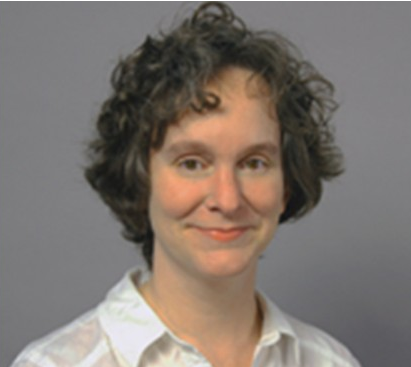
Title: Assistant Professor of Technical Communication and Rhetoric
Institution: Texas Tech University
Email: lisa.phillips@ttu.edu
Phone: 806-834-2191
Website: https://lisalouphillips.wordpress.com/
Keywords: environment, senses, communication, risk, health
The exigency of my research is catastrophic environmental change and the disproportionate injustices that manifest globally at the expense of the poor, women and children, the disabled, the global south, and other marginalized communities. Intersections between environmental issues and human physical and rhetorical response to them extends to public policy-making and risk mitigation, emphasizing the broader impact of climate change and environmental hazards in specific contexts. How we participate in conversations about our environment-peaceful or otherwise-is directly affected by our embodiment, our sensate understanding of the places and spaces in which we live, and our ability to persuade through or be persuaded by our senses in ways that inform us about material conditions in shared ecological systems.
Beau S. Pihlaja, Ph.D.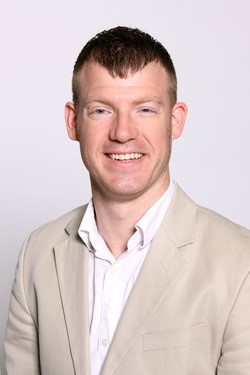
Title: Assistant Professor, Technical Communication and Rhetoric, Department of English
Institution: Texas Tech University
Email: beau.pihlaja@ttu.edu
Phone: 915-838-5126
Website: www.beaupihlaja.com
I am an assistant professor in Technical Communication and Rhetoric with the Department of English at Texas Tech University. My previous research explored the mediating effects of communication technologies (e.g., WhatsApp) on intercultural encounters in a bi-national company situated on the U.S.-Mexico border. I am interested in health communication in intercultural contexts, the rhetoric of mental health (specifically autism and ADHD), technologically-mediated rhetoric, technical communication, and cultural usability. I am looking to develop and contribute to projects that involve (or could involve) doctor-patient communication about mental health issues in intercultural contexts, document design accessibility for neuroatypical readers, as well as redesigning digital texts, and digital learning environments for neuroatypical individuals in mono- or multicultural environments.
Brandy Piña-Watson, Ph.D.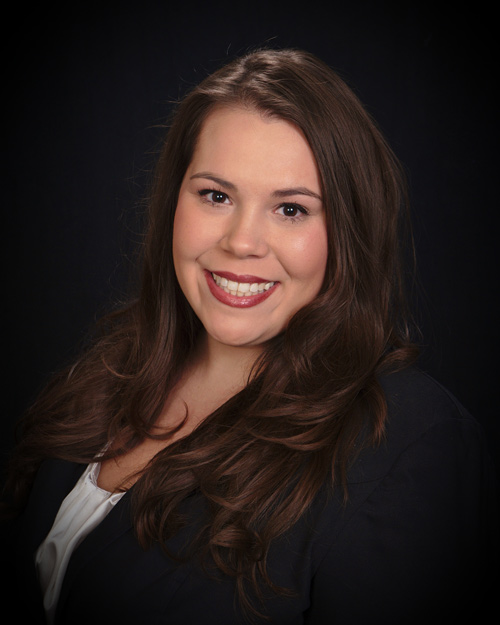
Title: Assistant Professor
Institution: Texas Tech University
Email: brandy.pina.watson@ttu.edu
Phone: 806-407-7201
Website: https://pinawatsonlab.wordpress.com/
Keywords: Latinx, suicide, depression, resliency, mental health
Dr. Piña-Watson's research focuses on identifying individual, familial, cultural, and societal factors that promote resilience against the negative impact of stress on Latinx adolescent and emerging adult depression, suicidal ideation and behaviors, well-being, and academic outcomes. Her work primarily focuses on the Mexican descent population living within the United States. Dr. Piña-Watson's research agenda takes a holistic and resilience approach that acknowledges the complexity and intersection of various identities and contexts as they pertain to Latinx well-being and mental health disparities.
Deidre Popovich, Ph.D.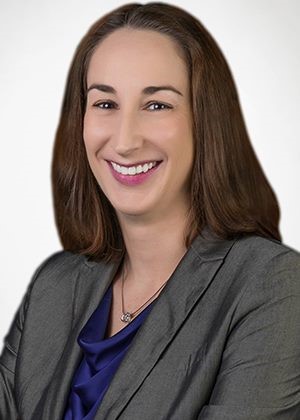
Title: Assistant Professor, Rawls College of Business
Institution: Texas Tech University
Email: deidre.popovich@ttu.edu
Phone: 806-834-2984
Website: http://www.deidrepopovich.com/
Deidre Popovich is an Assistant Professor of Marketing in the Rawls College of Business at Texas Tech University. She has a Ph.D. in Business from Emory University and an MBA from Vanderbilt University. Her research focuses on consumer psychology, including how decision contexts and information cues can influence healthful consumer decision-making and increased self-control. Her previous industry experience includes working as a marketing research manager for a national nonprofit organization and as a strategy consultant for a top-ten healthcare consulting firm.
Paola Prada, Ph.D.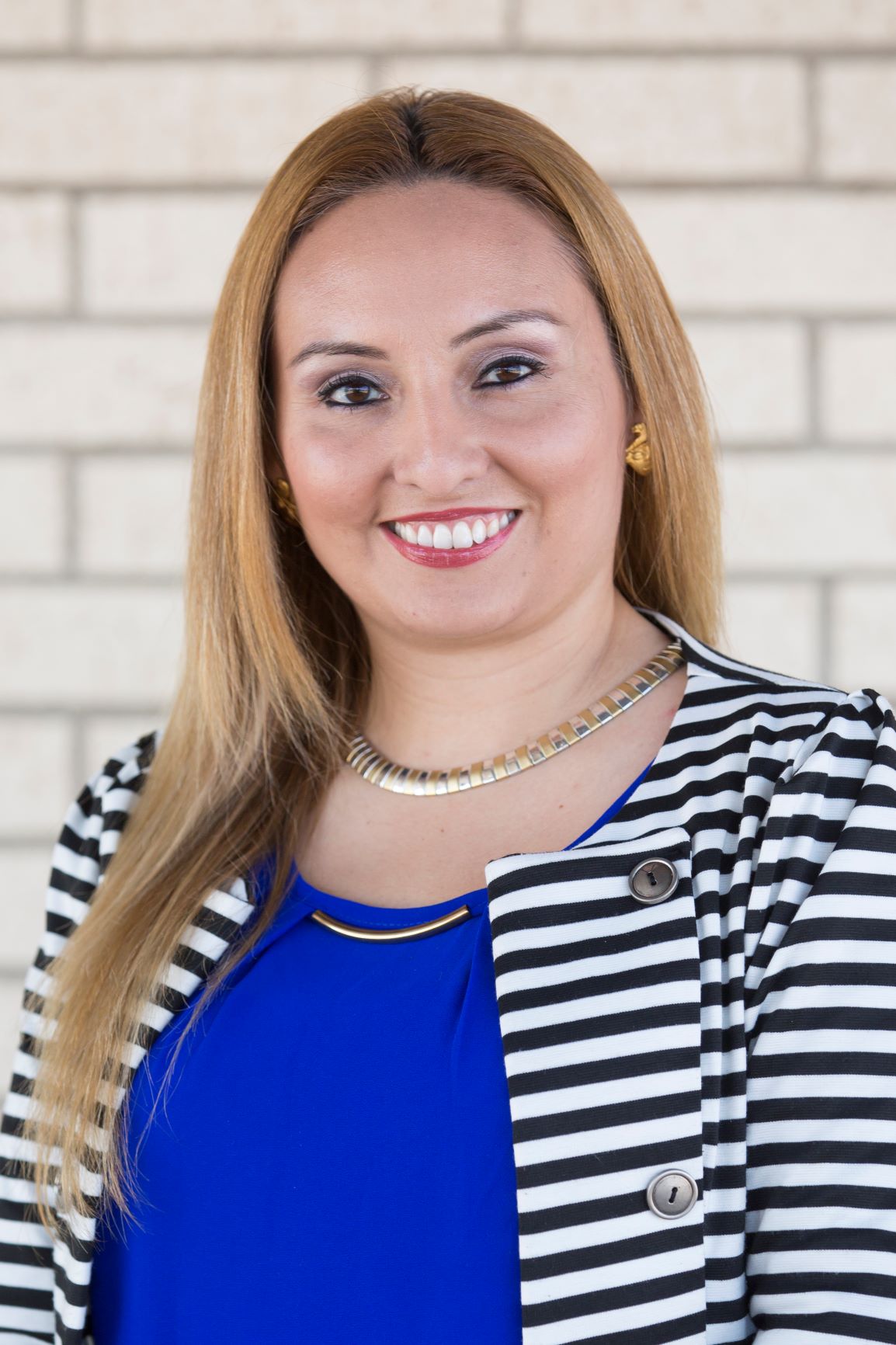
Title: Research Assistant Professor, Graduate Program Director Forensic Science Master's
Program, Department of Environmental Toxicology
Institution: Texas Tech University
Email:paola.prada@ttu.edu
Phone: 806-834-0983
Website:http://www.entx.ttu.edu/dr.-paola-a.-prada.html
Dr. Paola Prada is the Graduate Program Director for the Forensic Science Master's Program in the Department of Environmental Toxicology. Her research efforts are centered in the main scope of "volatolomics", specifically in the analysis of volatile organic compounds from biological as well as other forensic specimens which could yield a chemical odor profile useful for discriminatory and identification purposes. To achieve these objectives, the analytical methods implemented in our laboratory include the use of instrumentation such as gas chromatography/mass spectrometry and solid phase microextraction that allow the efficient extraction and detection of target analytes with minor sample disturbance. A particular interest is in understanding the complex odor picture available to the canine nose in the many military and law enforcement applications of working dog canine teams. Current forensic research areas targeted in the Prada laboratory include: human odor traces, chronic wound pathogens, explosive odor residues, and decomposition odor analysis in matrices such as blood, larval masses (maggots) and tissue for postmortem interval estimation purposes. Her research has explored the role of volatile odor profiles in collaboration with colleagues working in a variety of disciplines, including, law enforcement, chemistry, health sciences, and animal science.
Narissra Maria Punyanunt-Carter, Ph.D.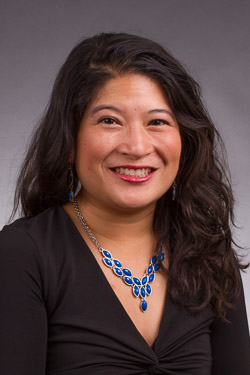
Title: Professor, Assistant Dean for International Affairs, College of Media & Communication
Institution: Texas Tech University
Email:n.punyanunt@ttu.edu
Phone: 806-742-3385
My research focuses on interpersonal communication and satisfaction. I'm interested in the ways in which we communicate with others in order to be effective and satisfying. My research interests include social media effects and influences. I am particularly interested in the ways people perceive those messages to be appropriate and effective. I'm looking forward to building partnerships with those interested in discovering ways to make communication better for the patient-provider relationship and/or in health-related areas.
Wm. Trey Putnam, Ph.D., RAC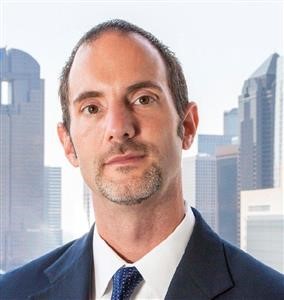
Title: Professor, Department of Pharmaceutical Sciences; Professor, Department of Pharmacy
Practice; Director, Clinical Pharmacology and Experimental Therapeutics Center
Institution: Texas Tech University Health Sciences Center
Email: trey.putnam@ttuhsc.edu
Phone: 214-358-9018
Keywords: LC-MS, pharmacokinetics, pharmacodynamics, metabolism, biomarkers, metabolomics, tissue
imaging
I have a personal passion for and have a broad background in drug discovery, drug development and regulatory affairs. I have specific deep experience in organic, analytical and bioanalytical chemistry. My chemistry background is complimented by my experience and expertise in clinical pharmacology and metabolism. My research includes the following specific aims:
- Clinical pharmacology in special populations (e.g., pediatrics and obese patients)
- Biomarker identification and validation
- Altered metabolism in disease states
- Advanced analytical techniques to investigate the above
I have served as PI or co-investigator on several university-, DOD-, NIH-, and private industry-funded grants across these areas. Additionally, I have broad interest in the regulatory science behind drug development and regulatory approval.
~R~
Seshadri Ramkumar, Ph.D.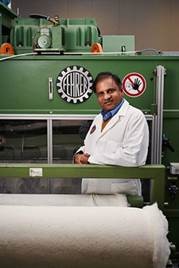
Title: Professor
Institution: Texas Tech University
Email:s.ramkumar@ttu.edu
Phone: 8068854567
Keywords: filters, PPE, wipes, countermeasures to toxins, nanofiber drug delivery
Our research focus on protective materials and countermeasures research to improve human life and protect environment. We work on nanofibers as medium for filters and drug delivery.
Niyantri Ravindran, Ph.D.
Title: Assistant Professor
Institution: Texas Tech University
Email:niyantri.ravindran@ttu.edu
Phone: 806-834-3889
Keywords: Parent-child interactions, emotion regulation, stress physiology, children's socioemotional
development
Children's ability to successfully cope with emotional challenges can have long-term implications for their emotional and physical health. My research focuses on examining parent-child interaction during emotionally challenging situations, to better understand factors that determine how parents respond to children during these situations, as well as the implications of these interactions for young children's ability to effectively manage negative emotions and stress. My research utilizes a multi-method approach, including surveys, observational methods, ecological momentary assessments, and physiological measures. Additionally, I use advanced quantitative methods to examine the dynamics of parent-child interaction across multiple timescales (i.e., seconds, days, months, years).
David A Ray, Ph.D.
Title: Professor, Department of Biological Sciences
Institution: Texas Tech University
Email:david.a.ray@ttu.edu
Phone: 806-834-1677
Website:davidraylab.com
My expertise is in animal genomics with a focus on transposable elements (TEs), genomic fragments with the ability to mobilize and expand their presence in the genome. One of our primary areas of interest is bat genomics, primarily due to two interesting properties. First, several groups of bats exhibit TE repertoires that are unusual among mammals. Whereas most mammals harbor only 2-3 actively mobilizing TE families, typically of similar types, certain bats exhibit up to 20 mobilizing TE families of all possible types. We believe that this unique characteristic of their genomes may be influencing the second property of interest, exceptional longevity. Generally among mammals, there is a positive correlation between body mass and longevity, i.e. as size increases, so does lifespan. Of the 19 outliers to this pattern, 18 are bats. One species, Myotis myotis, which is characterized by the unique TE repertoire described above, has been known to live 46 years, while your typical laboratory mouse has an average lifespan of ~2 years. This extraordinary longevity is accompanied by few of the signs of senescence that haunt humans as they age. Because TEs have significant impacts on the structure and function of genomes, we see this as an excellent opportunity to collaborate with researchers interested in aging phenotypes as they relate to genome evolution and the evolution of gene regulation.
P. Hemachandra Reddy, Ph.D.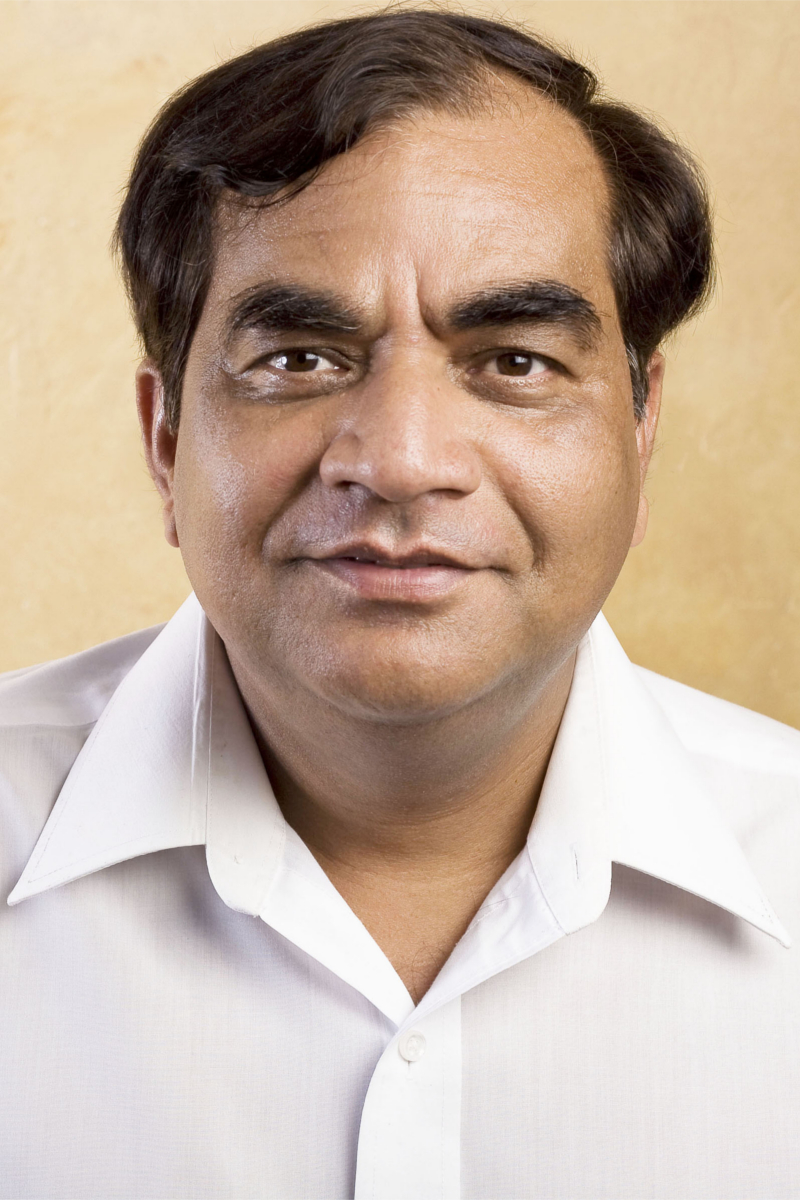
Title: Professor of Internal Medicine, Neuroscience/Pharmacology, Neurology, & Public Health
Institution: Texas Tech University Health Sciences Center
Email: hemachandra.reddy@ttuhsc.edu
Phone: 806-743-2393
P. Hemachandra Reddy, Ph.D., is the Tenured Professor of Internal Medicine, Neuroscience/Pharmacology, Neurology, Public Health and Speech, Language and Hearing Departments at Texas Tech University Health Sciences Center in Lubbock. Dr. Reddy was formerly an Executive Director and Chief Scientific Officer of the Garrison Institute on Aging and former Associate Scientist in the Division of Neuroscience at the Oregon National Primate Research Center, affiliated with Oregon Health & Sciences University. Dr. Reddy received his B.Sc. and M.Sc. in biology from Sri Venkateswara University, Tirupati, India, and he received an M. Phil in human cytogenetics from Delhi University. As a commonwealth scholar (1990–1993), he was awarded his PhD (1994) in human genetics from the University College, London. From 1995 to 2000, Dr. Reddy received postdoctoral training at the National Human Genome Research Institute of the National Institutes of Health. He was a standing member of the Veteran Affairs Merit Review Study Section and served on several NIH study sections. He currently is a standing member of the Neuronal Oxidative Metabolism and Death study section (2013–2019) and is the principal investigator to 2 NIH R01 grants and to 1 NIH STTR grant. Dr. Reddy's research interests are – Drug Discovery, Aging, Neurodegenerative Diseases including Alzheimer's, Huntington's Parkinson's and Multiple Sclerosis, Biomarker Development and Animal models. Dr. Reddy is an elected fellow of the American Neurological Association, and he is a member of the New York Academy of Sciences. Dr. Reddy is the author or co-author of more than 140 peer-reviewed publications, including publications in such journals as Nature Genetics, Human Molecular Genetics, Trends in Neurosciences, Trends in Molecular Medicine and Drug Discovery Today. He received several awards and honors including Prestigious Bharath Gaurav Award (2016) from Government of India; best mentor award (2003) and Technology innovation award (2007) from Oregon Health and Science University and Alzheimer's Award (2006) from the Journal of Alzheimer's Disease and Fellows Award for Research Excellence (FARE Award) (1999) from National Institutes of Health. Dr. Reddy was honored with a certificate of recognition for his contributions to neurology and brain disorders at the second International conference, Rome, Italy June 3-6, 2018.
Currently, Dr. Reddy is collaborating with Dr. Vijay Hegde from Nutritional Sciences, TTU, published several papers (or submitted or in press), actively working on an RO1 proposal for June 2019 submission deadline. He is also collaborating with Dr. Youndeok Kim from Department of Kinesiology and Sports Management of TTU. Dr. Reddy is actively collaborating with School of Pharmacy, Amarillo colleagues Dr. Vardan Karamyan on Ischemic Stroke, published papers and submitted an R21 proposal; Dr Paul Tripper for drug discovery project on Huntington disease and he a part of Dr. Tripper's R21 proposal.
At TTUHSC, Lubbock campus, Dr. Reddy is collaborating with Drs. Sanjay Awasthi (Internal Medicine), Marcella Rivas (Internal Medicine) and Hafiz Khan (Public Health) for cancer, diabetes and obesity research projects.
Leigh Ann Reel, Au.D., Ph.D., CCC-A
Title: Associate Professor, Department of Speech, Language, and Hearing Sciences
Institution: Texas Tech University Health Sciences Center
Email: leigh.reel@ttuhsc.edu
Phone: 806-743-9071
Dr. Leigh Ann Reel is an associate professor of audiology in the TTUHSC Department of Speech, Language, and Hearing Sciences. Her line of research relates to noise-induced hearing loss and use of hearing protection for children and adults. Dr. Reel's studies have focused on children in rural areas, junior high and high school teachers who teach shop classes that use loud power tools/equipment, and fitness class instructors and participants. Her goal is to identify populations at risk for noise-induced hearing loss and develop educational materials and programs designed to motivate these populations to protect their hearing. She would like to collaborate with individuals with interests that relate to these areas, as well as those with expertise in survey research. As an audiology professor and licensed audiologist, Dr. Reel also has the potential to collaborate with other researchers studying topics where expertise related to hearing or hearing loss is needed.
Miranda Reiter, CFP®, Ph.D.
Title: Assistant Professor
Institution: Texas Tech University
Email:mreiter@ttu.edu
Phone: 806-834-6458
Keywords: race, gender, financial planning, consumer financial behavior
My research centers around issues of race, gender, diversity, and inclusion in financial planning as well as consumer financial behavior. My dissertation explored the racial and gender preferences of consumers while hiring financial planners.
C. Patrick Reynolds, M.D., Ph.D.
Title: Director, Cancer Center; Distinguished University Professor of Pediatrics, Internal
Medicine, and Cell Biology & Biochemistry, TTUHSC School of Medicine
Institution: Texas Tech University Health Sciences Center
Email: patrick.reynolds@ttuhsc.edu
Phone: 806-743-1558
Website: http://cancer.TTUHSC.edu
My research focuses on cancer developmental therapeutics, both in the laboratory and in phase I, II, and III clinical trials. Expertise includes molecular target discovery, preclinical drug testing (in vitro and in vivo), formulation development, filing of IND's with the FDA, design and conduct of oncology clinical trials. Cancers of particular interest are neuroblastoma, lymphomas, sarcomas, ovarian cancer, and pancreatic cancer. My laboratory is the Children's Oncology Group/ALSF Childhood Cancer Repository (www.COGcell.org) and we establish cell lines and patient-derived xenografts (PDXs) from childhood cancers and distribute them to > 600 laboratories in 25 countries. We also establish cell lines and PDXs from adult cancers for use by ourselves and our collaborators. Laboratory expertise includes STR profiling, analysis of RNA and WES sequencing data, in vitro cytotoxicity testing and testing in xenografts of anti-neoplastic drugs, analysis of cell death pathways especially BCL2, telomerase, and alternate telomere lengthening mechanisms, culture of cancer cells in physiological hypoxia, and quantifying tumor cell surface antigens by flow cytometry.
Rich Rice, Ph.D.
Title: Professor
Institution: Texas Tech University
Email: rich.rice@ttu.edu
Phone: 806-741-0678
Website:richrice.com
Keywords: intercultural communication; mobile medicine; tele-learning; distance education
I direct our program in technical communication and rhetoric, which currently includes 16 professors.
Rachel Riggs
Title: Doctoral Student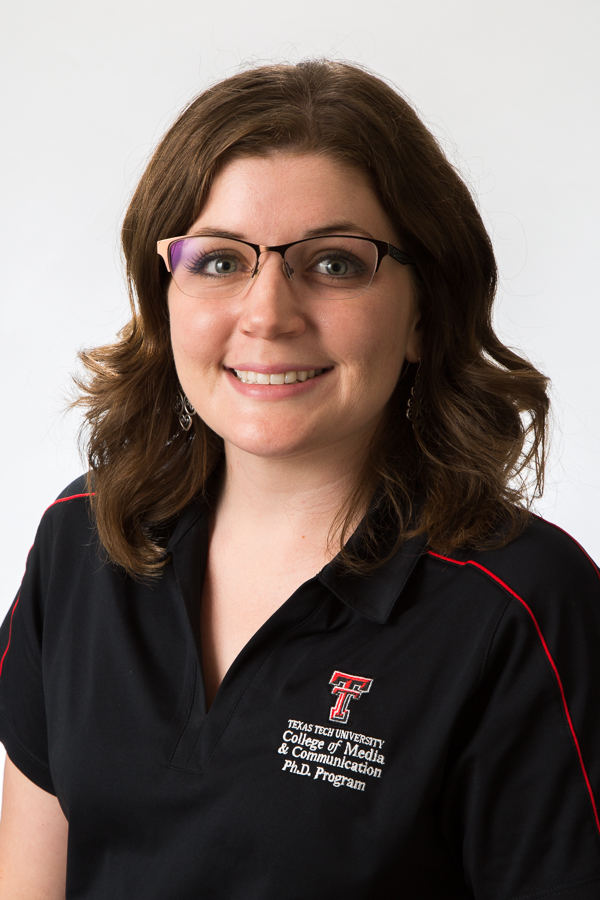
Institution: Texas Tech University
Email: rachel.e.riggs@ttu.edu
Phone: 254-734-6320
Website: https://www.depts.ttu.edu/comc/faculty/faculty/rriggs.php
Keywords: health communication, interpersonal communication, sexual assault prevention, mental
health disclosure, bystander intervention
I am a health and interpersonal communication researcher, and I am interested in better understanding and preventing common health needs of college students including sexual assault prevention and mental health disclosure. I am currently researching characteristics of the advisor/advisee relationship that influence graduate student disclosure of mental health. I'm also researching the role of group identification with university student organizations on social norms that predict bystander intervention behaviors.
Michael R. Ryan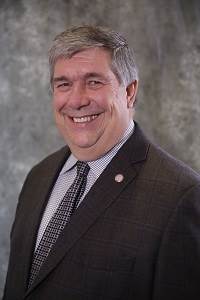
Title: Professor of Practice
Institution: Texas Tech University
Email: michael.r.ryan@ttu.edu
Phone: 806-834-3175
Keywords: Entrepreneurship, startup, management
My primary interest is in translational research. How do we bridge the divide between innovative discoveries and practical applications using those discoveries.
~S~
Parviz Safadel, Ed.D.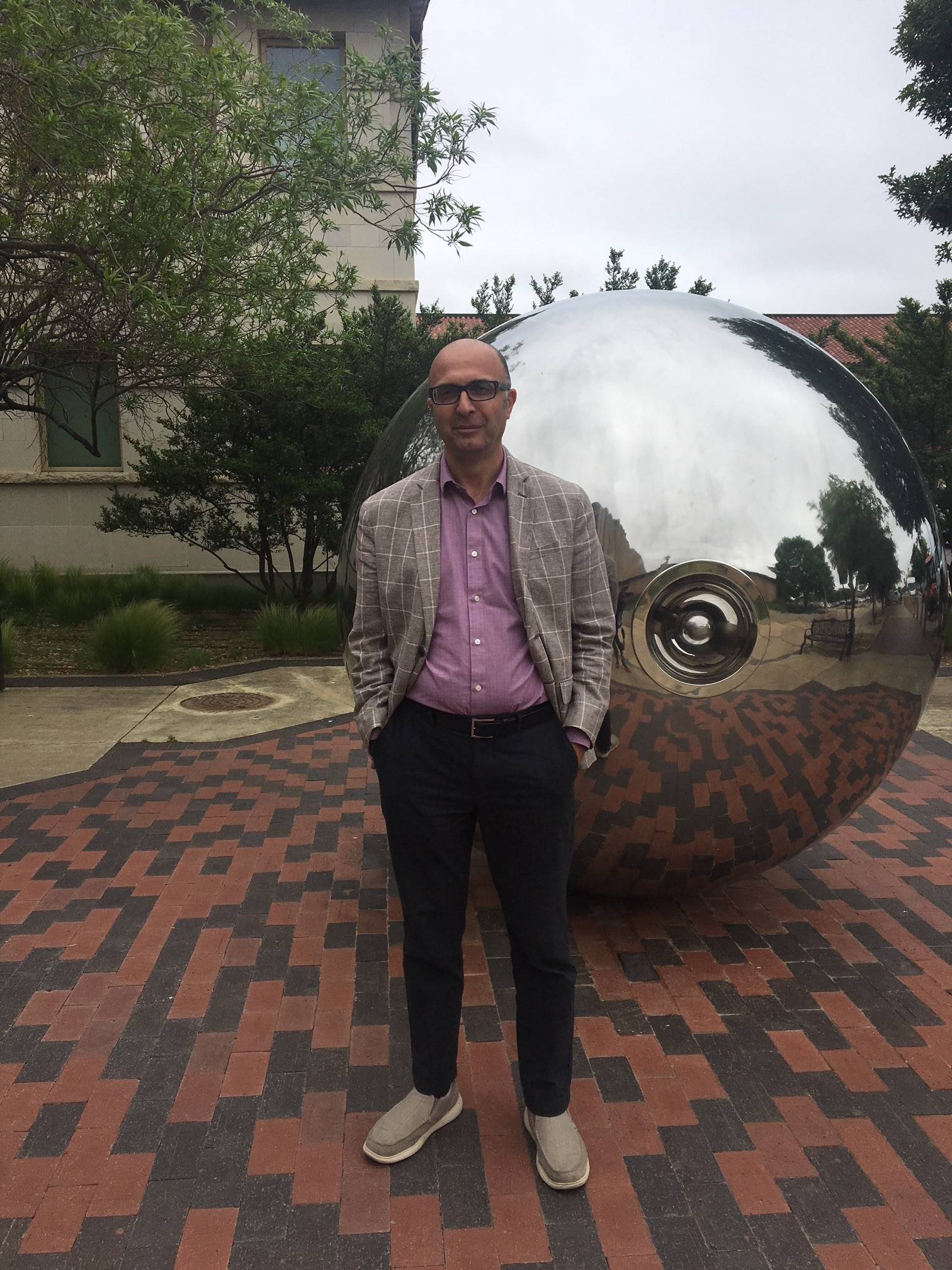
Title: Research Assistant Librarian
Institution: Texas Tech University
Email:Parviz.safadel@ttu.edu
Phone: 806-834-1276
Website: https://www.depts.ttu.edu/library/IML/
I am an instructional designer. My research examines virtual and augmented reality
issues in teaching and learning environments with spatial frameworks.
My projects are diverse: from finding new ways to increase collaboration and integration
of the students in learning environments to inventing ways to help students with special
needs; to understanding the cognitive process of learning in immersive and non-immersive
environments, to name a few.
Rupinder Saini, Ph.D.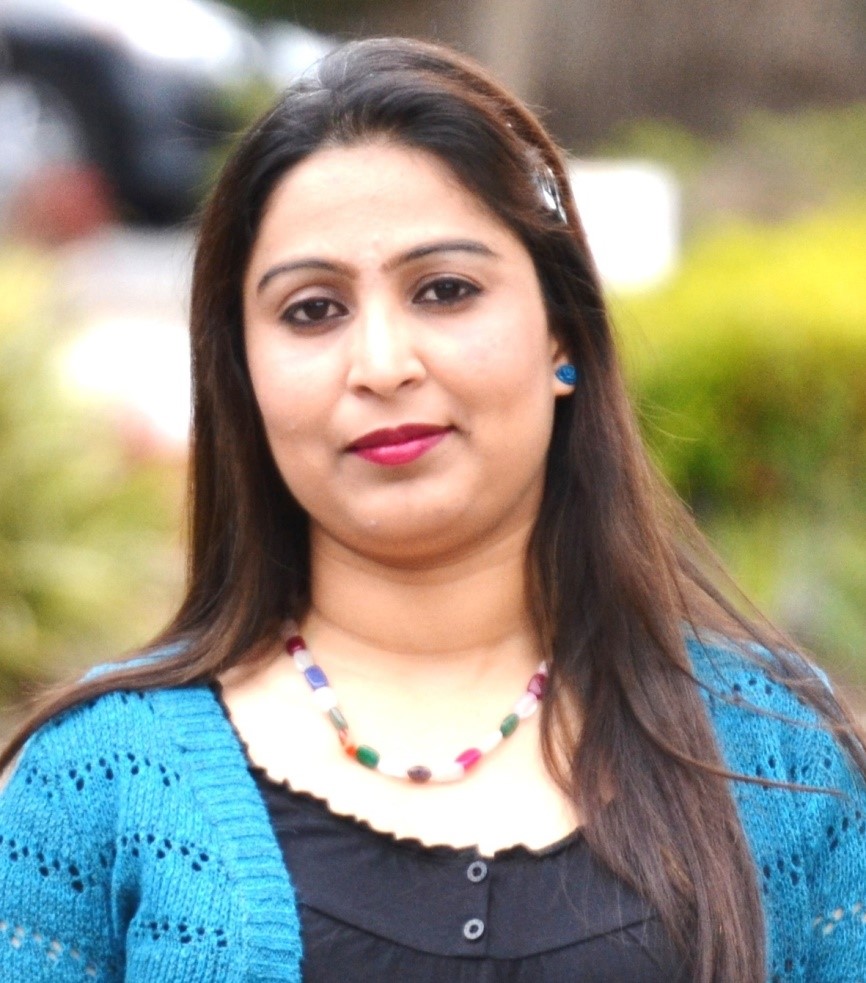
Title: Research Assistant Professor (Weed Science), Department of Plant and Soil Science
Institution: Texas Tech University
Email:r.saini@ttu.edu
Phone: 806-834-7296
My research program is focused on the development of integrated strategies for weed management in specialty crops (vegetable, ornamental, turf, and grape production). The limited number of herbicide options as well as carryover concerns complicates the management of weeds in most of these crops. Therefore, my research goal is to improve horticultural crop performance by minimizing the impact of weed populations. I am working on plant-herbicide interactions, strategic use of cultural practices/organic methods and equipment to manage weeds, and potential influences of soil and climatic factors on weed growth and development. Herbicide-resistance is an another concern throughout the world, my research is also focused on assessing herbicide resistant weeds in the semi-arid west Texas region and providing alternative solutions to prevent/manage herbicide resistant weeds.
Marcelo Schmidt, Ph.D.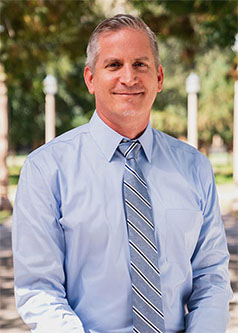
Title: Assistant Professor of Curriculum & Assessment
Institution: Texas Tech University, School of Veterinary Medicine
Email: marcelo.schmidt@ttu.edu
Phone: 806-834-4237
Keywords: Data-use practices, curriculum mapping, competency based education, dashboarding
I am a new assistant prof in the TTU SVM. We are working on developing and implementing a competency based education and using curriculum maps to ensure cohesive, congruent, non-redundant programming. Interested in collaborating/learning with/from scholars with experience in this area from TTUHSC or others with expertise and experience in this area. Also looking to learn best practices for visualizing these data through dashboarding and gaining understanding on how users interpret and use dashboard to elucidate meaning/learning.
Ryan N. Schmidt, Ph.D., MBA, MS, CMRP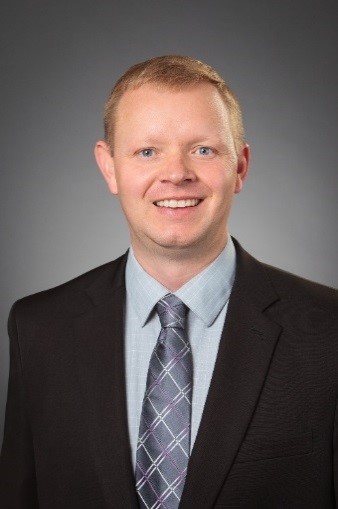
Title: Chair & Associate Professor, Department of Healthcare Management & Leadership
Institution: Texas Tech University Health Sciences Center
Email: ryan.n.schmidt@ttuhsc.edu
Phone: 806-743-1477
My current research interests focus on health policy/management, translational/implementation management sciences, lean/continual process improvement, health operations/supply chain management, health compliance/risk management, competency-based education and workforce development. The focus of my research efforts identify management-related principles/practices and systems-thinking initiatives that impact and optimize operations through training and sustainment methods in leadership/management using competency-based skill development. A resource-based view is used to identify and evaluate gaps in management practices and/or inefficiencies/deficiencies in the use of known standards or technologies that modify the way innovative new standards are created and scaled.
Rebecca Schoen, PharmD, BCACP
Title: Assistant Professor, Department of Pharmacy Practice – School of Pharmacy (Dallas
Campus)
Institution: Texas Tech University Health Sciences Center
Email: rebecca.schoen@ttuhsc.edu
Phone: 214-358-9045
I'm a member of the Pharmacy Practice department in the School of Pharmacy. I like to speak with the other TTU researchers about their interests. My research interests are below:
- Designing and studying innovative teaching techniques to prepare our health care learners (pharmacy students and residents at our school) with essential skills for patient care activities that won't go out of date as practice changes
- Enhancing critical thinking, resilience, communication, and empathy for our patients
- Enhancing quality skills in laboratory experiences, experiential training, and simulation to meet these goals with interprofessional learning whenever possible
- Ensuring positive training experiences including for our female, minority, and LGBTQ learners
Katy Schroeder, Ph.D.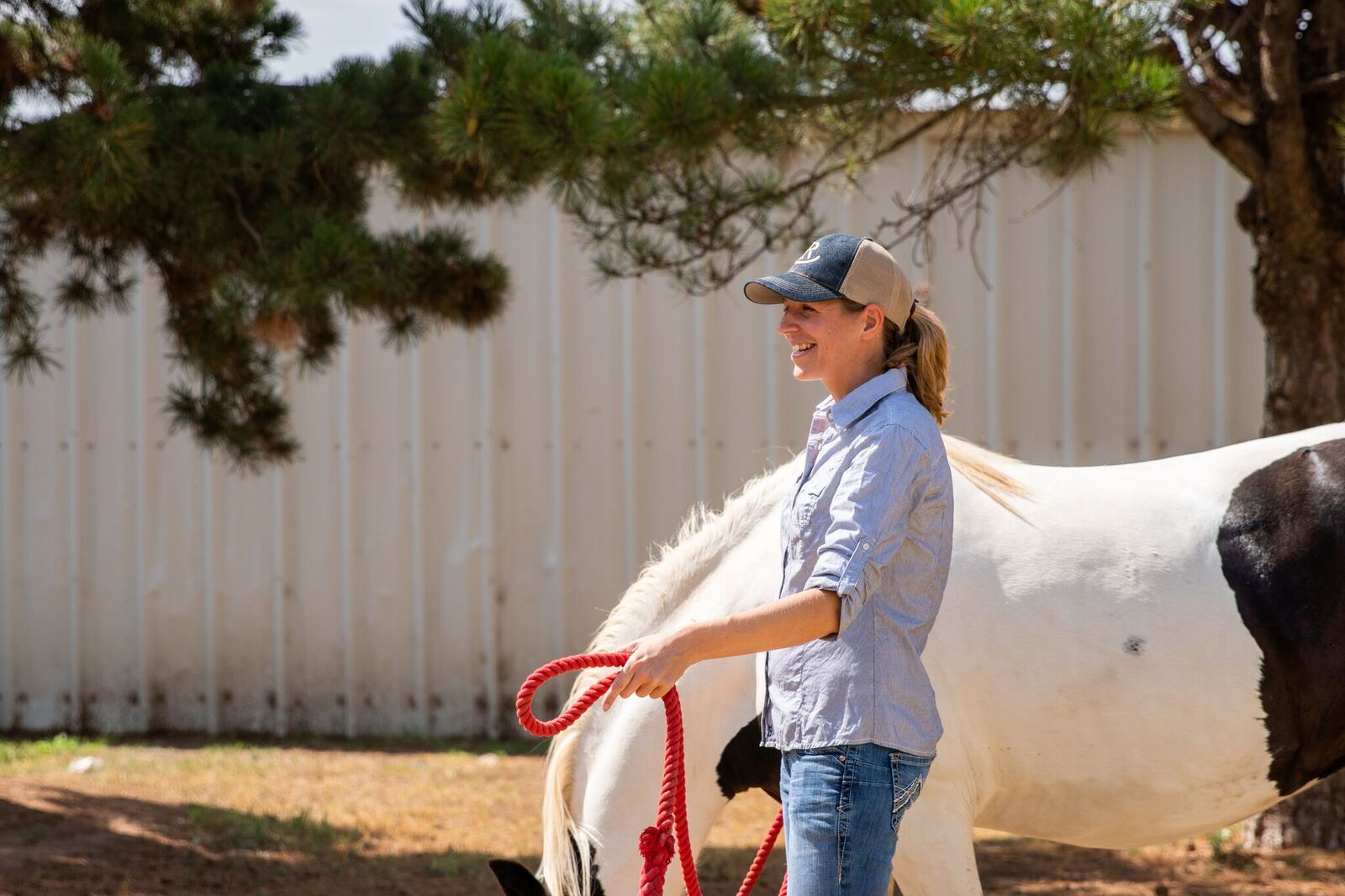
Title: Assistant Professor
Institution: Texas Tech University
Email: katy.schroeder@ttu.edu
Phone: 806-834-5894
Keywords: mental health, animal-assisted therapy, emotion regulation, mind-body interventions
My Ph.D. and Master's degrees are in mental health counseling. I am currently Director of the Equine-Assisted Counseling and Wellness Lab, which is a research, teaching, and clinical program located at the TTU Therapeutic Riding Center. My research broadly explores human-animal interactions in therapeutic contexts, with a targeted focus on equine-assisted mental health (EAMH) intervention outcome research. My most recent projects have included the effects of equine interactions on veteran health, and the effects of equine-assisted family therapy curriculum for childhood obesity prevention. I am also interested in the effects of animal-assisted activities for stress reduction and burnout prevention in human healthcare practitioners and veterinarians.
David Sears, Ph.D.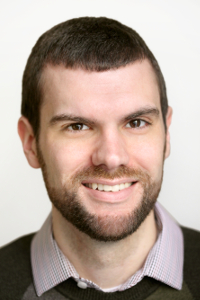
Title: Assistant Professor in Interdisciplinary Arts
Institution: Texas Tech University
Email: david.sears@ttu.edu
Phone: 806-834-4330
Website:https://www.depts.ttu.edu/visual-performing-arts/research/performing-arts-research-lab/index.php
Keywords: music cognition, music computing, music theory, digital humanities
I am an Assistant Professor in Interdisciplinary Arts and direct the Performing Arts Research Lab at Texas Tech. My background is interdisciplinary, having completed degrees in music theory while working in research labs specializing in narrative comprehension (BA; University of Arkansas), music perception and cognition (PhD; McGill University), and computational modeling of music and speech (Postdoc; Johannes Kepler University). My behavioral research examines the processing mechanisms underlying language and music using a priming paradigm (e.g., lexical priming, harmonic priming), and so I regularly apply methods from fields like psychophysics and experimental psychology (e.g., adaptive staircasing, mixed effects models). My computational research adapts statistical modeling procedures (e.g., language models, text analysis, network analysis) to might simulate the learning mechanisms underlying human cognition. Recent publications have appeared in Music Perception, the Quarterly Journal of Experimental Psychology, the Psychology of Music, the International Journal of Psychophysiology, and the Journal of New Music Research.
Trent Seltzer, Ph.D.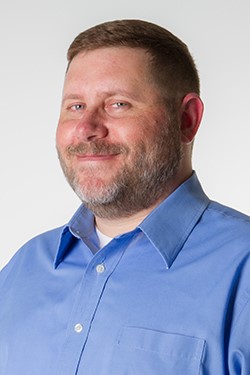
Title: Associate Professor, Department of Public Relations, College of Media & Communications; Assistant
Dean, Graduate Studies
Institution: Texas Tech University
Email: trent.seltzer@ttu.edu
Phone: 806-834-3803
Website: https://www.depts.ttu.edu/comc/faculty/faculty/tseltzer.php
Keywords: adolescent mental health strategic communication
I have two main research foci. My first research area involves the study of organization-public relationship (OPR) management within political contexts (e.g., how political parties use communication to manage their relationship with party members). Over the years, I have extended my study of OPRs to include health, consumer, and other contexts. My second line of research involves investigating the role of strategic communication in promoting adolescent mental health with an emphasis on supporting programs that cultivate resiliency among adolescents. Two recent projects in this line of work involve studying the adolescent mental health information seeking and sharing behaviors of parents and examining how strategic communication efforts and media have influenced the public's perceptions of mental health issues and mental health policy. I would be interested in collaborating with faculty who are:
- Interested in developing and implementing interventions that focus on adolescent mental health or mental health more generally
- Any project related to mental health that could be strengthened by incorporating a strategic communication component (e.g., public information campaign messaging)
Ruth Serra-Moreno, Ph.D.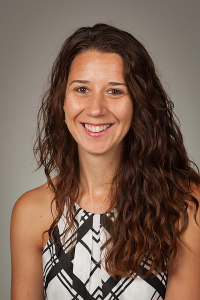
Title: Assistant Professor, Department of Biological Sciences
Institution: Texas Tech University
Email: ruth.serra-moreno@ttu.edu
Phone: 806-834-0357
HIV (human immunodeficiency virus) is the causative agent of AIDS, the worst human pandemic of the last 50 years. Despite the progress in the management of this disease, current treatments are unable to eliminate the virus form affected individuals. In search for a cure, Dr. Serra-Moreno research goal is to improve the activity of innate immune effectors. These molecules embody the first line of defense against virus pathogens, and thus, enhancing their restrictive activity is expected to block HIV. Current lab projects are focused on the role of the following cellular immune effectors:
- BST2: A transmembrane protein that traps HIV virions preventing their spread
- BCA2: An antiviral factor that enhances BST2 restriction and at the same time diminishes HIV replication by degrading the HIV structural protein Gag and silencing HIV proviruses
- Autophagy: an innate pathway that causes a defect in virion production
Kate Serralde
Title: Unit Manager
Institution: TTUHSC
Email: kate.m.serralde@ttuhsc.edu
Phone: 806-559-3966
Website: https://ttuhsc.libguides.com/3dprinting
Keywords: 3D printing, Aesthetics, Philosophy, Innovation, Sculpture
WHY WE DO WHAT WE DO...
It is because we are super cool. In all seriousness, making stuff matters. The process of creating is the actualization of an idea. It is a way for us to give form to our feelings and ideas: a tangible form. Making a physical object is a way to connect two people around a central idea. It is a way for people to communicate and find innovation.
I want to teach people how to create and generate ideas. I want to teach people how to be innovated. I want to teach them how to do this by making stuff. I want to build a community of experts on innovation.
Chwan-Li (Leslie) Shen, Ph.D., C.C.R.P.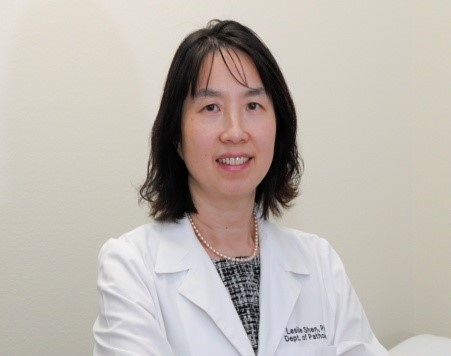
Title: Associate Dean for Research, Professor of Pathology and Physiology; Founding Director,
Center of Excellence for Integrative Health
Institution: Texas Tech University Health Sciences Center
E-mail:leslie.shen@ttuhsc.edu
Phone: 806-743-2815
Shen's research is focused on translational research related to musculoskeletal pathology, addressing bone, joint, and muscle health issues related to osteoporosis, osteoarthritis, and sarcopenia, in addition to other chronic diseases including obesity, diabetes, and frailty. Shen employed treatments/interventions such as nutrition (dietary nutrients, bioactive components, functional food, phytochemicals, and natural products) and exercise, and investigated mechanisms in animals and clinical trials. Shen's recent research includes natural product and pain management in both animals and humans. Dr. Shen just established a new center (Center of Excellence for Integrative Health) and she would like expand her research interest to the area of integrative health (nutrition) and patient-outcome related analysis and medical school curriculum elective.C
Victor S. Sheng, Ph.D.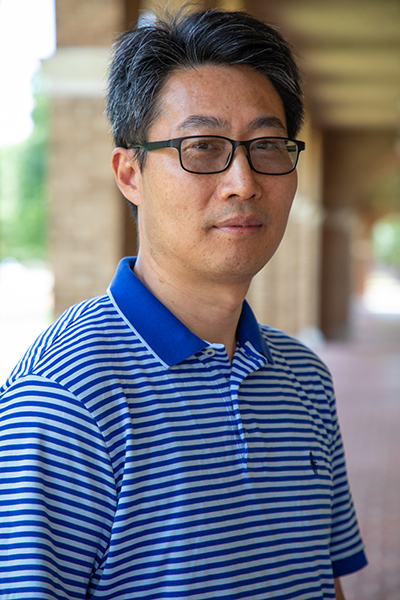
Title: Associate Professor
Institution: Texas Tech University
Email: victor.sheng@ttu.edu
Phone: 501-339-4484
Website: https://www.depts.ttu.edu/cs/faculty/victor_sheng/index.php
Keywords: medical informatics, health informatics, machine learning, deep learning, data science
We have been working on medical image fusion and medical image segmentation to develop computer-aided precision early detection and diagnosis systems based on deep learning, graph theory, and data transformation techniques. Medical image segmentation and fusion is important in the field of clinical early detection and diagnosis. Medical image segmentation is used to locate specific organs and their boundaries inside, so that it not only helps reduce the workload of doctors, but also improve corresponding disease detection and diagnosis, functional assessment and treatment decision-making. Medical image fusion can improve the availability of information contained in different medical imaging modalities (e.g., MRI, PET, CT). For example, Fusion of MRI and PET may allow us to combine the advantages of both imaging modalities and achieve more precise localization and characterization of abnormalities.
Andrew C. Shin, Ph.D.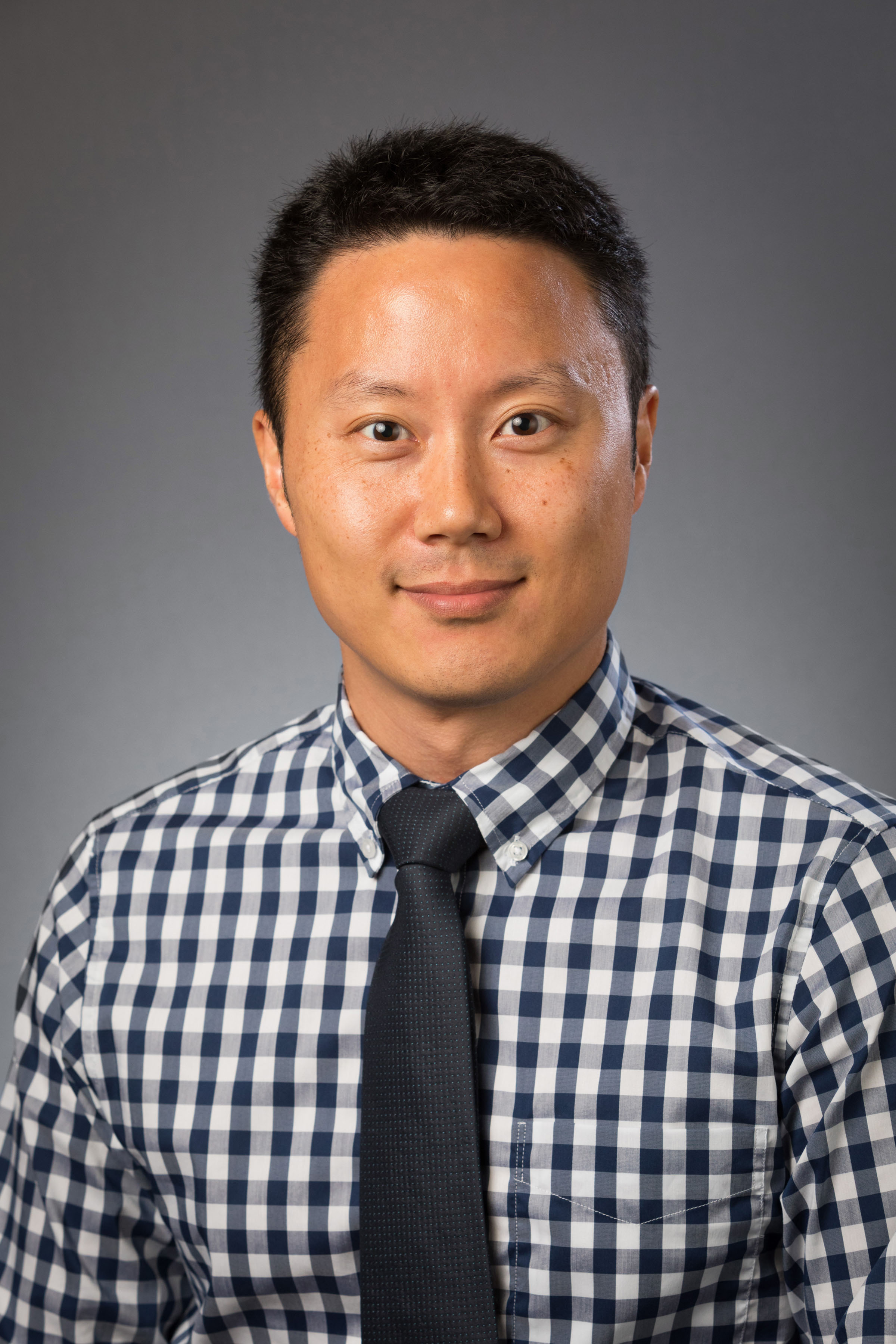
Title: Research Assistant Professor, Department of Nutritional Sciences
Institution: Texas Tech University
Email: andrew.shin@ttu.edu
Phone: 248-515-6908
Dr. Shin is interested in understanding how brain controls metabolism and nutrient partitioning as well as the long-term regulation of body weight and appetite and the underlying mechanisms of Roux-en-Y gastric bypass (RYGB) surgery. Dr. Shin's current NIH-funded research project aims to understand the role of insulin action in the brain in regulating branched-chain amino acid (BCAA) metabolism and how this central control can contribute to glucose homeostasis by using molecular, pharmacological, transgenic, surgical, and integrative physiological approaches.
Afzal A. Siddiqui, M.Phil., Ph.D.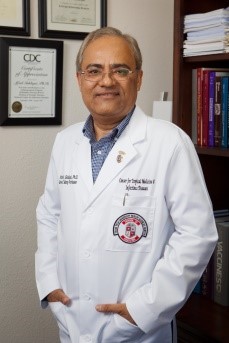
Title: Grover E. Murray Professor; Professor, Internal Medicine, Immunology, & Molecular
Microbiology; Clinical Professor, Pathology; Vice President, Pharmacy Practice (Institutional
Collaborations); Vice Chair (Research), Internal Medicine; Director, Center for Tropical
Medicine & Infectious Disease
Institution: Texas Tech University Health Sciences Center
Email: afzal.siddiqui@ttuhsc.edu
Phone: 806-743-2628
Dr. Siddiqui's research interests include: Vaccine discovery, development and testing for human parasite, Schistosoma mansoni. For over 25 years Dr. Siddiqui and his group has been working toward developing a vaccine against the human parasitic disease, schistosomiasis. This disease afflicts over 200 million people in 74 different countries; and an additional 800 million people are at risk of acquiring the infection. There is no vaccine available to protect against this infection. We have identified a vaccine candidate, Sm-p80, which plays a pivotal role in the surface membrane renewal of schistosomes, a phenomenon employed by hemo-helminths to evade host immunity. We have tested prophylactic and therapeutic efficacy of Sm-p80-based vaccine formulations in mouse and nonhuman primate models. Our published data indicate that Sm-p80 is now ready to be moved into Phase I/II human clinical trials in USA and Africa which are slated to start in 2019. Dr. Siddiqui holds a US and several international patents on Schistosomiasis Vaccine Compositions and Methods of Use. The development of a schistosome vaccine would be a major breakthrough and could potentially impact 1 billion people. An effective schistosome vaccine would contribute significantly toward reducing the disease spectrum and transmission of schistosomiasis.
Matthew G. Siebecker, Ph.D.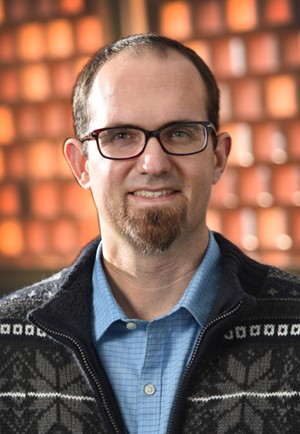
Title: Assistant Professor of Applied Environmental Soil Chemistry, Department of Plant
and Soil Science
Institution: Texas Tech University
Email:matthew.siebecker@ttu.edu
Phone: 806-834-0266
Websites:https://www.depts.ttu.edu/pss/faculty_pages/msiebecker.php
https://matthewsiebecker.com/
http://www.researcherid.com/rid/C-5489-2019
https://orcid.org/0000-0002-1348-6543
My research focuses on environmental soil chemical reactions such as adsorption, dissolution, surface precipitation, and redox of trace and heavy metal(loids) in contaminated and agricultural soils. My objective is to understand these fundamental soil chemical reactions at both the macroscopic and molecular scales, and then apply this understanding to assess and remediate field scale problems, such as contaminant or excess nutrient release into the environment. I have extensive experience working with synchrotron radiation (XAS/EXAFS/XANES) to identify and measure heavy metal contaminant and agricultural nutrient speciation in soils, minerals, and geochemical systems. I utilize traditional batch and stirred-flow techniques along with ICP-OES to determine elemental concentrations in solution effluent. I will acquire an advanced microcosm and anaerobic systems to control environmental conditions in the laboratory as they would be in the field, such as pH and redox potential. I am very interested how both coastal and inland contaminated soils are impacted by flooding due to climate change. I have worked with nickel, zinc, arsenic, chromium, phosphorus, and potassium along with iron and manganese oxides and clay phyllosilicate minerals. I am very happy to collaborate with people interested in using ICP-OES (brand new in my lab) and microwave digestion systems for soils, plants or tissues/fluids.
Catherine Simpson, Ph.D.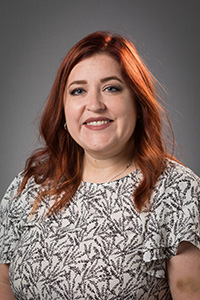
Title: Assistant Professor of Sustainable and Urban Horticulture
Institution: Texas Tech University
Email: catherine.simpson@ttu.edu
Phone: 361-228-3302
Keywords: horticulture, horticultural therapy, phytochemicals, sustainability, water conservation
My research interests are broad, but focus on sustainable production of horticultural crops, improving quality of life through plant interactions, food for human health, and understanding plant-soil-water interactions as they relate to physiological stress tolerance in plants.
Sukhbir Singh, Ph.D.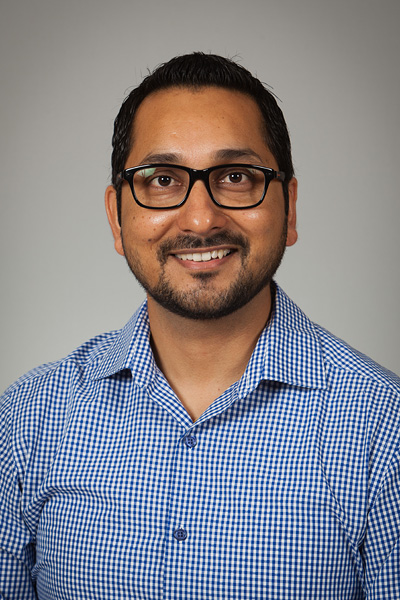
Title: Assistant Professor of Vegetable Production Systems, Department of Plant and Soil
Science
Institution: Texas Tech University
Email:s.singh@ttu.edu
Phone: 806-834-3108
The long-term goal of my research program is to determine the parameters (varieties, agronomic practices, etc.) leading to sustainable and profitable vegetable production. The target market for this production is high-quality vegetables for mid to high-income consumers (including up-scale restaurants and hotels). To achieve this goal, my research will focus on several aspects of organic and conventional vegetable production in open field, high tunnels and hydroponics. Specifically, I will work on sensor-based irrigation, nutrient management, biotic and abiotic stresses physiology, disease and pest control, cropping systems, and soil fertility management.
Allie Smith, Ph.D.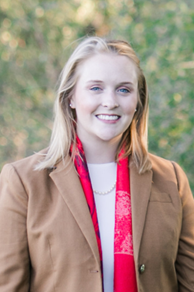
Title: Assistant Professor
Institution: Texas Tech University
Email: allie.c.smith@ttu.edu
Phone: 806-834-1087
Keywords: Clinical microbiology, bacteriology, diagnostics, wound care, antimicrobial susceptibility
Dr. Smith holds a Ph.D. in Immunology and Molecular Microbiology from Texas Tech University Health Sciences Center and a Bachelor's of Science in Microbiology from Texas Tech University. Her doctoral work focused on polymicrobial interactions and biofilm-associated chronic infections. She is a certified technologist in microbiology for clinical diagnostics, M(ASCP)CM, and has experience working in a hospital laboratory setting. Prior to joining the faculty at Texas Tech, she worked at Research and Testing Laboratory in Lubbock, Texas, a biotechnology company focused on next-generation sequencing for molecular characterization of microorganisms. Dr. Smith teaches Honors College courses on microbiology, public health and epidemiology and bacterial biofilms. Her research interests including translational clinical microbiology, to optimize and create novel diagnostics for clinical use. She has a sponsored research project validating the utility of a real-time fluorescent imaging device for use in wound care.
Christopher J. Smith, Ph.D.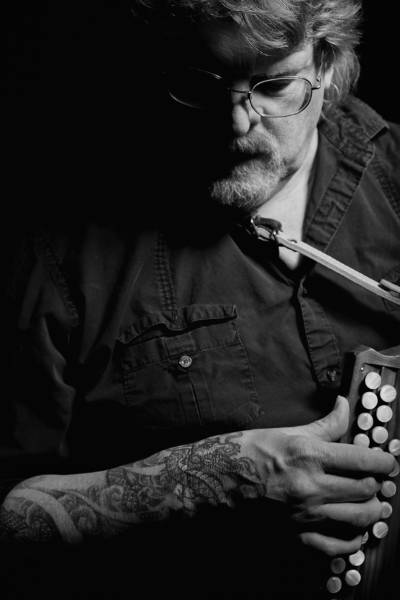
Title: Professor of Musicology / Director of the Vernacular Music Center
Institution: Texas Tech University
Email: christopher.smith@ttu.edu
Phone: 806-438-5067
Website: http://www.depts.ttu.edu/music/aboutus/faculty/chris-j-smith.php
Keywords: music, history, performance, culture, community
Dr Christopher J. Smith is Professor and Chair of Musicology and founding director of the Vernacular Music Center at the Texas Tech University School of Music. His research interests are in American and African-American Music, 20th Century Music, oral-tradition music & dance idioms, improvisation, music and politics, and performance practice. His monograph The Creolization of American Culture: William Sidney Mount and the Roots of Blackface Minstrelsy (Illinois) won the 2015 Irwin F Lowens Award from the Society for American Music, and his newest book Dancing Revolution: Bodies, Space, and Sound in American Cultural History (Illinois, 2019) won an Earle H Johnson subvention, also from SAM. He is the founder and music director of the Elegant Savages Orchestra, a "symphonic folk" ensemble at Texas Tech University.
Quentin R. Smith, Ph.D.
Title: University Distinguished Professor & Dean, School of Pharmacy; Senior Vice President
for Research; Grover Murray Professor
Institution: Texas Tech University Health Sciences Center
Email: Quentin.Smith@ttuhsc.edu
Phone: 806-414-9277
Dr. Smith's research interests center on drug delivery to the central nervous systems and the role of the blood-brain barrier. The barrier is located at the brain blood vessels the endothelial cells of which are tightly linked together to form a continuous cell membrane with very few pores or intercellular channels. Thus, compounds to gain access to most brain neurons and glia must either dissolve in and diffuse across the lipoid cell membrane of the brain barrier or be transported across by an array of selective transport carriers. Dr. Smith's research has focused on the properties and operation of these transporters, on drug design to optimize brain exposure, and on the function of the barrier in disease and aging. His expertise is in pharmacokinetics, barrier permeability, drug measurement (LC-MS/MS), drug localization (imaging), and in drug bioactivity (biomarkers).
Phillip S. Sizer Jr., PT, PhD, OCS, FAAOMPT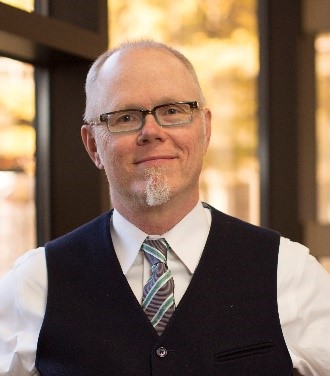
Title: Associate Dean for Research; Director, Doctor of Science in Physical Therapy Program
Institution: Texas Tech University Health Sciences Center
Email: phil.sizer@ttuhsc.edu
Phone: 806-743-3902
RESEARCHER and SCHOLAR-Phil's research interests include: sensorimotor control and functional biomechanics of spine / extremities; clinical pathoanatomy; and tissue and movement screening. He has authored over 110 peer-reviewed articles, 3 monographs, and 24 editorial commentaries in refereed journals. He has co-authored 12 international books or book chapters, and 12 Educational DVDs. He participated in over 170 research platform and poster presentations. He is co-author on several manuscripts out for review or under construction. He research-collaborates with 6 different national or international Universities. He was the recipient or co-recipient of over 15 local, state and national research awards, and has received both the 2015 SAHS Dean's Excellence in Research Award and 2018 TTU System Chancellor's Council Distinguished Research Award.
Mark Stoll, Ph.D.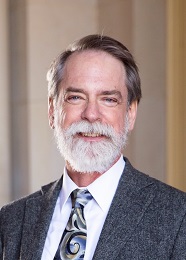
Title: Professor
Institution: Texas Tech University
Email: mark.stoll@ttu.edu
Phone: 806-742-3744
Website:markstoll.net
Keywords: environmental history, capitalism, religious history, environmental movement
I have published major works on the history of the influence of religion on ideas about nature and environment in the U.S. and Europe. I am currently writing an environmental history of capitalism.
Ori Swed, Ph.D.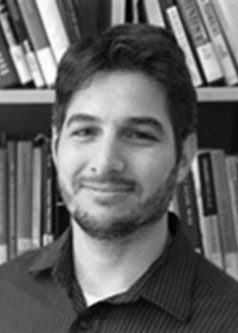
Title: Assistant Professor
Institution: Texas Tech University
Email: ori.swed@ttu.edu
Phone: 512-623-9094
Website: https://www.oriswed.com/
Keywords: Veterans, Terrorism, Security, Assessment, Social Change
I am a political sociologist and an organization scholar. I study organizations' performance, outcomes, and efficacy in the context of humanitarian settings and conflict areas. My published work focuses on veterans, nonstate actors, terrorist organizations, and private military and security contractors.
~T~
George Z. Tan, Ph.D.
Title: Assistant Professor, Department of Industrial Manufacturing & Systems Engineering
Institution: Texas Tech University
Email: george.z.tan@ttu.edu
Phone: 806-834-3325
Website: https://www.depts.ttu.edu/imse/aml/TAN_Laboratory.php
Dr. George Z. Tan is an Assistant Professor of Industrial, Manufacturing and Systems Engineering at Texas Tech University. His current research interests are:
- Bioinspired 3D nanofiber scaffolds for tissue engineering
- Microfabrication for Organ-on-a-Chip and Lab-on-a-Chip
- Instrument development for closed reduction and fusion of the spine
- 3D printing titanium/silver alloy for antimicrobial orthopedic implants
- Biofouling resistant membrane technologies for water treatment
Grant Tinsley, Ph.D.
Title: Associate Professor
Institution: Texas Tech University
Email: grant.tinsley@ttu.edu
Phone: 806-834-5895
Website: https://granttinsley.com/
Keywords: body composition; intermittent fasting; sports nutrition; dietary supplements; resistance
training
Dr. Tinsley is the Director of the Energy Balance & Body Composition Laboratory. The primary capabilities of this laboratory are advanced body composition assessment and metabolic assessments. Additional facilities for evaluating muscular performance and implementing exercise training programs are located in adjacent shared laboratories. The capabilities of the lab include: 4-compartment model body composition assessment, resting metabolism and substrate utilization assessments, advanced digital anthropometry, body fluid analysis, muscle thickness and quality assessments, subcutaneous fat estimation, and segmental body composition evaluation. Major technologies in the lab include: dual-energy x-ray absorptiometry, air displacement plethysmography, 3-dimensional optical scanning, bioimpedance spectroscopy, single- and multi-frequency bioelectrical impedance analysis, indirect calorimetry, and ultrasonography.
Dr. Tinsley's major research interests are:
- The effects of intermittent fasting on health and adaptations to exercise training
- The validity and reliability of body composition assessment techniques
- The efficacy and effectiveness of sports nutrition strategies, including dietary supplementation
Elizabeth Trejos-Castillo, PhD.
Title: C.R. Hutcheson Professor | Provost Faculty Fellow
Institution: Texas Tech University
Email:elizabeth.trejos@ttu.edu
Phone: 806-834-6080
Website:http://www.depts.ttu.edu/hs/hdfs/trejos-castillo.php
Keywords: youth development, risk-taking, toxic-stress, minority youth, cross-national/cross-cultural
research
Dr. Trejos is the C.R. Hutcheson Endowed Professor of Human Development & Family Studies at Texas Tech University. She is the founder and Director of the Graduate Minor and Graduate Certificate in Cross-Cultural Studies. Her research focuses on the etiology of risk-taking behaviors, toxic-stress, trauma and deviance in vulnerable youth with a focus on ethnic minorities and underserved populations using a cross-cultural/cross-national mixed methods comparative approach. She is the editor of the books: Handbook of Foster Youth (2018) and Youth: Practices, Perspectives and Challenges (2013) plus over 40 research papers and book chapters. She is also an International Adjunct Professor in Applied Social Sciences at the State University of Ponta Grossa, Parana-Brazil and Medicine, Biostatistics & Epidemiology and Psychology at CES University, Medellin-Colombia (South America). She has 20+ years of experience working with local community, statewide partners, and international collaborators to support the well-being and positive development of vulnerable youth.
Alex Trindade, Ph.D.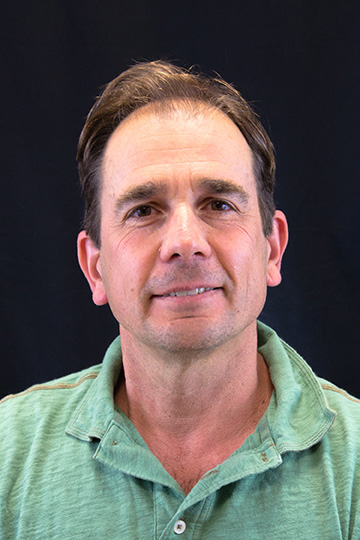
Title: Professor, Department of Mathematics and Statistics
Institution: Texas Tech University
Email:alex.trindade@ttu.edu
Phone: 806-834-6164
Website:http://www.math.ttu.edu/~atrindad/
Alex's main methdological research lies in the development of new models for handling new situations, as well asthe refinement of existing techniques. These include: time series; multivariate volatility modeling; state-space models and longitudinal data; saddlepoint-based bootstrap methodology and applications; asymptotic theory and higher-order approximations. Alex has has extensive consulting experience and welcomes collaborative research opportunities. Examples: a reliability project with The Boeing Company funded by DARPA (2003); a contract with Encision, Inc., for reliability study on medical devices (2005); the phylogenetic analysis of bacterial genomes with TTU Biology (2012); models for predicting ER admission sponsored by Covenant Health (2016).
Manisha Tripathi, Ph.D.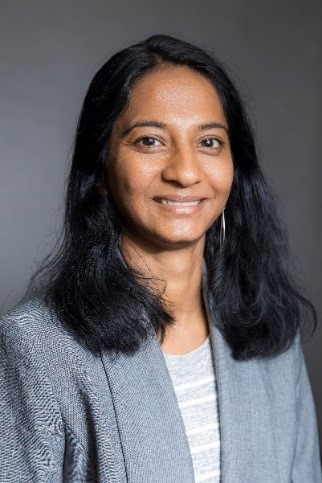
Title: Assistant Professor, Department of Cell Biology & Biochemistry
Institution: Texas Tech University Health Sciences Center
Email: Manisha.Tripathi@ttuhsc.edu
Phone: 806-743-4140
There is no effective therapeutic strategy against metastatic castrate resistant prostate cancer. Prostate tumor cells constantly interact with the surrounding microenvironment during all steps of the metastatic cascade. Our research is focused on studying the role of the tumor microenvironment in prostate cancer progression and metastasis. Specifically, we study how the different cells of tumor microenvironment including cancer associated fibroblasts (CAFs), and tumor associated macrophages (TAMs) interact with cancer cells to fuel the progression of the disease. Broadly, we focus on understanding two critical facets of the prostate cancer biology with the goal of developing novel therapeutic strategies against the tumor-microenvironment interactions:
- The vicious cycle with which prostate cancer cells interact with the primary and metastatic tumor microenvironment
- The immune evasive strategies deployed by prostate cancer cells to escape the body's natural immune response against the tumor
Our approach to studying these interactions is through the use of in vitro and in vivo model systems. For investigating the role of stromal factors (prostate CAFs and bone marrow derived stromal cells) in maintaining and supporting the cancer stem cell niche, we utilize transgenic mouse models, xenograft mouse models, 3-D culture systems, and Patient-Derived Xenograft (PDX) models. In addition, our research focuses on how the host microenvironment including the immune cells have the potential to mediate the efficacy of anti-cancer drugs. This is supported by our recent studies that demonstrate prostate cancer bone metastatic microenvironment – primarily through CAFs and TAMs - as potential mediators of drug efficacy in advanced prostate cancer. Our findings underscore the critical need for dissecting the crosstalk between prostate cancer and the tumor immune microenvironment in understanding tumor progression and drug response in an effort towards developing novel therapeutic approaches to target this lethal disease.
Antover P. Tuliao, Ph.D.
Title: Assistant Professor, Department of Community, Family, and Addiction Sciences
Institution: Texas Tech University
Email: antover.tuliao@ttu.edu
Phone: 806-834-6632
Website: http://www.depts.ttu.edu/hs/cfas/tuliao.php
Dr. Tuliao's research interest broadly focuses on substance use disorders, in particular its underlying mechanism, treatment, and reduction/prevention of substance use-related harm. Working under the assumption that SUD is an executive control dysfunction, his research focuses on biases in decisional processes that drive the inability to control both substance use and subsequent problematic behavior. Dr. Tuliao's current research projects include examining decisional processes underlying alcohol-involved sexual assault among college students. In addition to decision processes, Dr. Tuliao also studies the impact of culture on SUD, its symptom expression, and treatment. He believes that understanding cultural factors could inform SUD treatment and improve help-seeking behaviors and treatment utilization. Current research on this area includes a cross-cultural study on drinking behaviors and cognitions between the U.S. and the Philippines. Potential TTU-HSC collaboration: research on alcohol/substance use disorders and harm reduction.
Minerva D. Tuliao, Ph.D.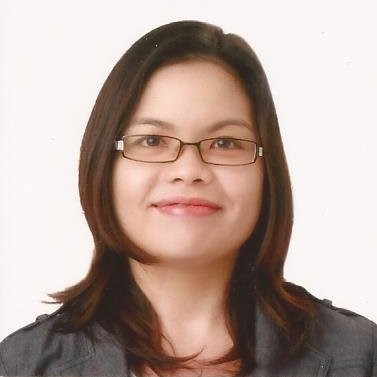
Title: Research Affiliate, Department of Community, Family, and Addiction Sciences
Institution: Texas Tech University
Email: minerva.tuliao@ttu.edu
Phone: 806-834-1854
My areas of research expertise and interests include higher education leadership and administration, graduate employability and career/workforce development, adult and continuing education, organization research and development, and cultural and mixed methods research. Potential TTU-HSC collaboration:
- Initiatives and research on graduate employability and human resource/workforce development
- Interprofessional teaching, learning, and program design
- Organizational research/development and implementation science in healthcare leadership and management
Ebenezer Tumban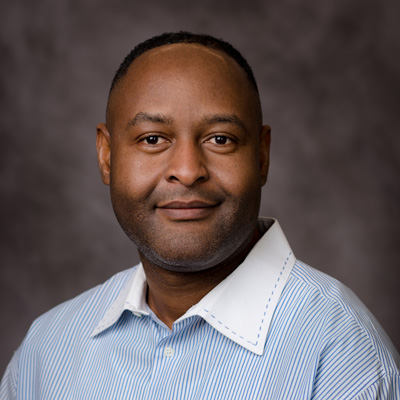
Title: Associate Professor of Molecular Virology and Vaccinology
Institution: Texas Tech University School of Veterinary Medicine
Email:etumban@ttu.edu
Phone: 806-834-0472
Website:https://www.depts.ttu.edu/vetschool/directory/faculty/ebenezer-tumban/
Keywords: Viruses, vaccines, vaccine development and testing, virus-like particles, subunit
vaccines
We are interested in developing and testing novel candidate VLP-based subunit vaccines against viral infectious agents. Vaccines against infectious agents can be developed using conventional or non-conventional approaches. A non-conventional approach utilizes a portion of an infectious agent to develop a subunit vaccine. Subunit vaccines are very safe. However, subunit vaccines especially those based on peptide antigens are very small and unstable in serum. Additionally, they lack the size and geometry required to elicit robust immune responses. As such, peptide vaccines must be immunized, as a complex with a carrier protein, at multiple large (microgram) doses to elicit a good immune response. Research in the Tumban Lab focuses on developing and assessing strategies to enhance the immunogenicity of subunit vaccines against viral infections.
~V~
Sarah Victor, Ph.D.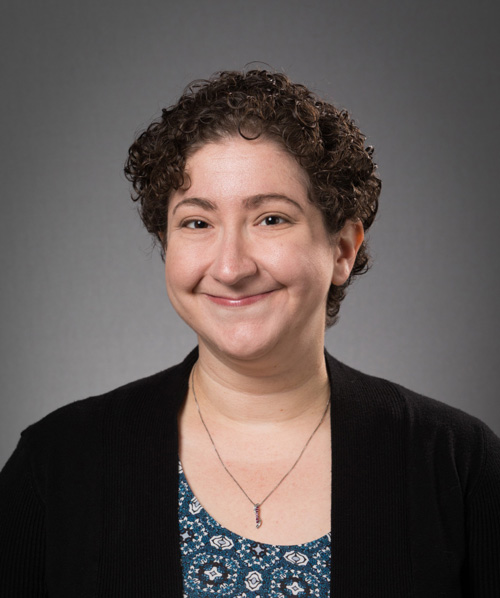
Title: Assistant Professor
Institution: Texas Tech University
Email:sarah.victor@ttu.edu
Phone: 806-834-0340
Website:https://www.depts.ttu.edu/psy/people/svictor/
Keywords: suicide, self-harm, psychopathology, psychology, emotion
Dr. Victor is a clinical psychologist who joined the Department of Psychological Sciences at TTU in 2019. She completed her BA at Stanford University (2008), her MA (2012) and PhD (2017) at the University of British Columbia, and her postdoctoral training in the psychiatry department at the University of Pittsburgh. Her research is focused on using both traditional and novel quantitative research methods to better understand non-suicidal self-injury (NSSI) and suicide in adolescents and adults. Her work is primarily focused on identifying the between-persons factors that increase risk for these problems, as well as within-persons factors that contribute to short-term changes in self-harm risk in daily life using ecological momentary assessment (EMA) methodologies.
~W~
Brandon Wagner, Ph.D.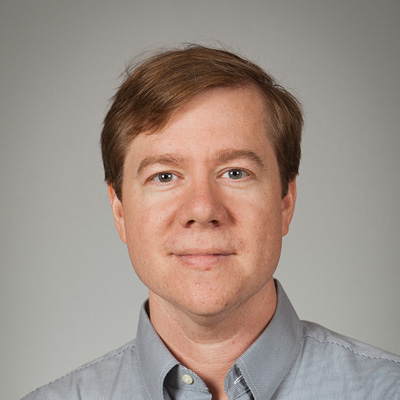
Title: Assistant Professor
Institution: Texas Tech University
Email: brandon.wagner@ttu.edu
Phone: 806-834-0103
Keywords: demography, population health, family, contraception, biomarkers
My work examines the linkage between health and family across the life course. I study this intersection from 3 directions: how family experience impacts subsequent health (i.e., health selection), how health structures subsequent family experience (i.e., health causation), and how decisions are made in the space surrounding reproductive health and contraceptive use. My work is primarily quantitative and generally relies on longitudinal surveys. I try to leverage causal approaches in my work, as well as more comprehensive measures of health. The latter has led me to examine biomarkers, in addition to subjective assessment of health, when assessing the consequences of social experiences.
Eric Walden, Ph.D.
Title: Director, Texas Tech Neuroimaging Institute
Institution: Texas Tech University & TTUHSC
Email: eric@ericwalden.net
Phone: 806-834-1925
Website: https://www.depts.ttu.edu/research/ttni/
Keywords: MRI Neuroscience, MRI brain cognition
I am the director of the Texas Tech Neuroimaging Institute and very happy to collaborate with anyone interested in brain science, anything that involves using the Texas Tech Neuroimaging Institute to do research. or to facilitate collaboration.
Kim Walker
Title: Professor
Institution: Texas Tech University
Email: kim.walker@ttu.edu
Phone: 914-329-9683
Website: https://www.depts.ttu.edu/music/aboutus/faculty/kim-walker.php
Keywords: RENEW (Resonance and Neuroscience Wellness Initiative)
RENEW seeks to apply emerging technologies to a range of health and wellness spheres and applications, with the ultimate goal of creating a center for quantum and resonance-based healing and research. The initial stages of this project will focus on data acquisition and analysis to demonstrate the effectiveness of these diagnostic tools and the efficacy of treatments both independently and in tandem with one another to address a series of issues impeding wellness and optimization. Team includes Neuroscience expert; physician-scientist, data science, arts therapy and entrepreneurship.
Chunmei Wang, Ph.D.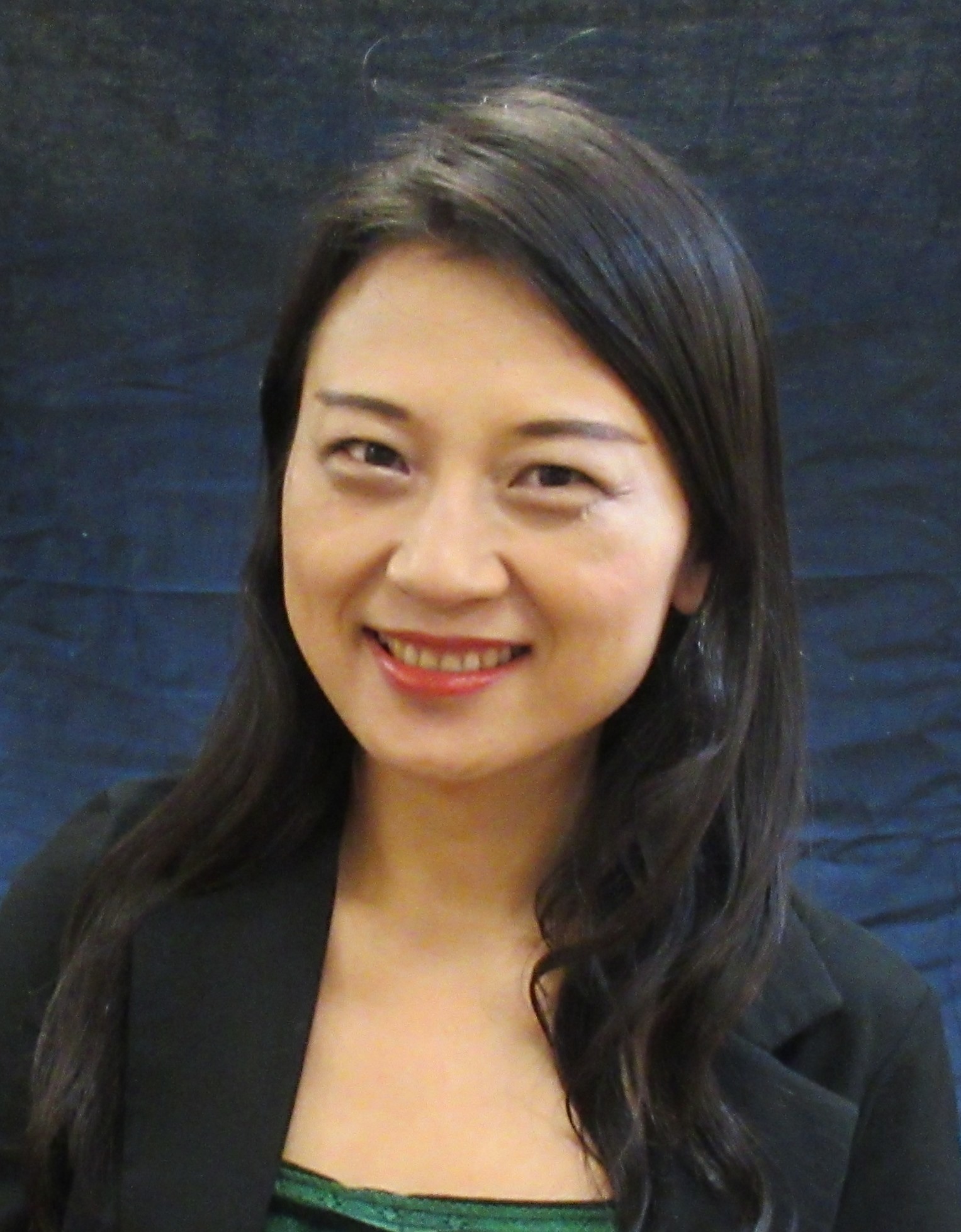
Title: Adjunct Graduate Faculty
Institution: Texas Tech University
Email: chunmei.wang@ttu.edu
Phone: 806-834-7655
Keywords: computational math
Dr. Wang's research interests fall under the broad heading of numerical methods and scientific computing for problems in science and engineering governed by partial differential equations. Her research is interdisciplinary and addresses modeling and computation of applied problems in science and engineering. She has devised new finite element methods and established the corresponding convergence analysis for (1) linear hyperbolic equations, (2) elliptic Cauchy problems, (3) second order elliptic equations in nondivergence form, (4) Maxwell's equation, (5) linear elasticity and elastic interface problems, (6) div-curl systems, and (7) biharmonic equations.
Zhe Wang, Ph.D.
Title: Assistant Professor, Department of Human Development and Family Studies
Institution: Texas Tech University
Email: zhe.wang@ttu.edu
Phone: 806-834-5065
Website: http://www.depts.ttu.edu/hs/hdfs/wang.php
http://www.depts.ttu.edu/hs/hdfs/research/biosocial_interplay_development/index.php
I study the development of cognitive abilities and educational attainments in children and young adolescents. My research incorporates genetic, physiological, eye-tracking, and behavioral approaches, and examines how factors at these various levels interact with environmental context (e.g., socioeconomic backgrounds, chaotic household environments, and harsh parenting) to produce diverse developmental trajectories in students' achievement outcomes. Another component of my research is to study how child characteristics, in turn, shape their own environment (e.g., how they are parented). I am open to various collaboration opportunities, and look forward to establishing collaborative relations with faculties all around campus.
Seth Warren-Crow, Ph.D.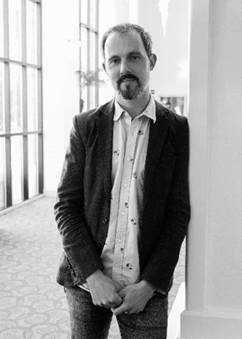
Title: Associate Professor
Institution: Texas Tech University
Email: seth.warren-crow@ttu.edu
Phone: 510-207-6210
Website: http://www.simplesatellite.org/sound-design-TP/
Keywords: Sound design, Audio, Composition, Sonification, Sound Art, Theatre
Seth's research interests include sound design and composition for live performance (theatre, dance, performance art); audio engineering; electronic and electro-acoustic music composition; dance accompaniment; percussion; sound design in non-traditional spaces; devised and experimental theatre; practices and theories of sound art and sound installation; experimental and improvisatory music (jazz, free improvisation); collaboration across the arts; performance and emerging technologies; site-specific performance; intercultural performance; Western and non-Western music history; radio production; cross- and inter-disciplinary collaborations; arts and medicine.
Andy Wilkinson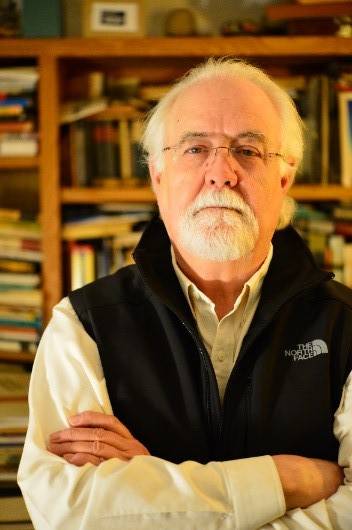
Title: Artist in Residence, Southwest Collection/Special Collections Library; Committee
Chair, Creative Process Commons
Institution: Texas Tech University
Email: andy.wilkinson@ttu.edu
Phone: 806-834-8391
I am the committee chair for The Creative Process Commons, an initiative of the Office of the Provost that is a non-hierarchical network designed to connect creative people across both Texas Tech University and its wider community. With the long-term aim of providing leadership in the study of the creative process and in the empowerment of creative ways of working, the Commons is a campus-wide effort to engage faculty, staff, and students from all disciplines in the fostering of transdisciplinary projects and thinking that will invigorate creative processes and stimulate innovation across the institution. To those ends, it is designed to complement and leverage existing undertakings on campus by providing opportunities for creative activities and processes to be initiated, nurtured, and ultimately yield new enlightenment and knowledge. Finally, but of equal importance, the Commons is a vehicle for documenting and archiving creative process activities, which entails identifying and securing support for various projects and works associated with the study of creative processes as well as the acquisition and maintenance of resources (e.g., collections and archives) that are used by members of the Commons.
Alexander W. Wiseman, Ph.D.
Title: Professor, Educational Leadership (Policy), Department of Educational Psychology
& Leadership
Institution: Texas Tech University
Email: Alexander.Wiseman@ttu.edu
Phone: 806-834-7193
I am a specialist in developing sustainable education policy based on large-scale data to create equitable educational access and achievement, specifically related to gender and socioeconomic status. My research focuses on the effect education has on achievement, health, and socio-economic mobility for the most marginalized populations. Recent work focuses on refugee and asylum-seeking youth and how educators are (and aren't) prepared to work with them. This includes how teachers do/don't deal with trauma issues that students bring to the school and classroom. Trauma-informed teaching is a significant need in the work I do related to refugee and asylum-seeking youth in schools.
Lesley Wolff, Ph.D.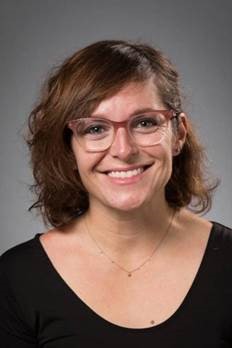
Title: Assistant Professor in Art History
Institution: Texas Tech University
Email: lesley.wolff@ttu.edu
Phone: 806-834-6407
Keywords: foodways, Latinx, Latin America, curatorial, decolonial
Dr. Lesley Wolff specializes in Latinx and Latin American art and critical theory in the School of Art at Texas Tech University. Dr. Wolff's previous career as a professional baker and cook inform her current art historical research, which examines representations of race, consumption, and foodways in the modern and contemporary arts of the Americas, with a focus on the U.S., Mexico, and the Caribbean. Her interdisciplinary research has appeared in venues such as Food, Culture & Society; African and Black Diaspora: An International Journal; and VISTAS: Critical Approaches to Latin American Art. She is also an active curator, having worked with contemporary artists, museums and galleries across the U.S. Wolff hopes to develop future projects with scholars interested in decolonial approaches to the visual and material heritage of the Americas, especially through community outreach and curatorial work.
Jo Woon, Ph.D.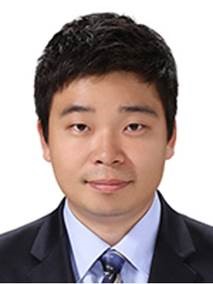
Title: Assistant Professor
Institution: TTU
Email: j.chong@ttu.edu
Phone: 617-800-4583
Website: https://www.ttubiomed.org/
Keywords: COVID-19 Symptom Detection, Contactless Heart Rate, Respiratory Rate, and SpO2 Detection
Using a Smartphone, Smartphone-Based Throat Disease Detection , Smartphone-Based Eye
Disease Detection, Biomedical Signal Processing
My research interests are COVID-19 Symptom Detection, Contactless Heart Rate, Respiratory Rate, and SpO2 Detection Using a Smartphone, Smartphone-Based Throat Disease Detection , Smartphone-Based Eye Disease Detection, and Biomedical Signal Processing.
~X~
Changxue Xu, Ph.D.
Title: Associate Professor, Department of Industrial, Manufacturing, and Systems Engineering
Institution: Texas Tech University
Email: changxue.xu@ttu.edu
Phone: 806-834-6014
Website: www.depts.ttu.edu/imse/aml/bioprinting_biofabrication.php
Expertise and Extensive Experience:
How to utilize various 3D bioprinting technologies and different advanced manufacturing
technologies to process biological materials and cells for fabrication of complex
2D/3D structures.
My lab is currently equipped with inkjet 3D bioprinting system, microextrusion 3D bioprinting, and stereolithography 3D bioprinting system.
~Y~
Soohyun Yi, Ph.D.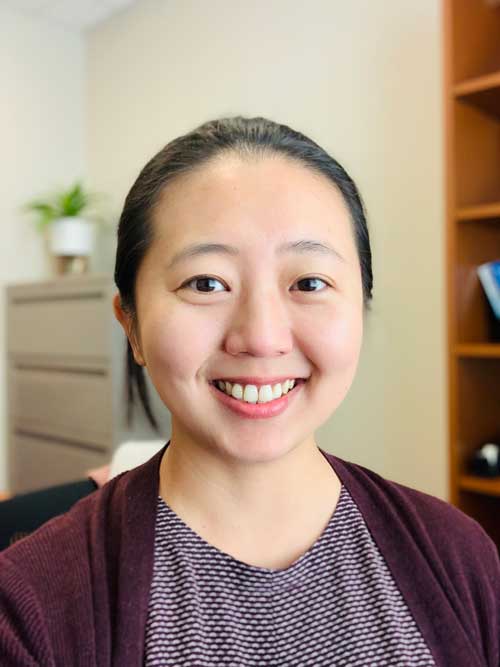
Title: Assistant Professor
Institution: Texas Tech University
Email: soohyun.yi@ttu.edu
Phone: 806-834-1038
Keywords: Longitudinal Research, Motivation, Underrepresented Populations, Experimental Design,
Survey Development
Her scholarly trajectory aims to improve education for underserved and underchallenged students with impactful research and evidence-based interventions. Longitudinal research methodology is the main area of her expertise, which has enabled her a) to investigate growth trajectories of motivation and career choices; b) to identify opportunity gaps within underserved groups; and c) to evaluate and improve educational interventions in STEM. With the expertise in quantitative research methodology, she is passionate about collaborative research with school districts and interdisciplinary programs.
Sangmi Yoo, M.F.A.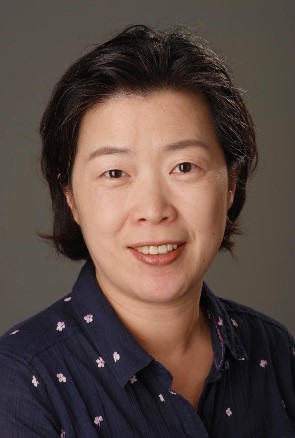
Title: Associate Director, Talkington College of Visual and Performing Arts; Professor
of Art, Talkington College of Visual and Performing Arts
Institution: Texas Tech University
Email: sangmi.yoo@ttu.edu
Phone: (806) 834-4937
Website: http://www.sangmiyoo.com
I am visual artist with expertise in drawing, print and digital media. While I have a long exhibition history of presenting fine art work, I have a background in computer graphics. My colleague David Lindsay and I in the School of Art have been working on developing an undergraduate curriculum called "Scientific Visualization" that connects art, medicine, sciences and engineering. As an initial approach, we are building a partnership with Medical Education department at TTU Health Science Center. Our life drawing students took field trips to the Gross Anatomy Lab at the Graduate School of Biomedical Sciences while art faculty offered workshops to medical students. This partnership is bringing me a better understanding of the TTUHSC's academic programs, the educational structure and the current trend in research. Once the program takes place, I foresee our innovative use of digital technology and well-executed drawing/illustration/animation skills will provide a catalyst to a variety of research projects by researchers, faculty and students at TTU and TTUHSC.
Jonathan Young, Ph.D.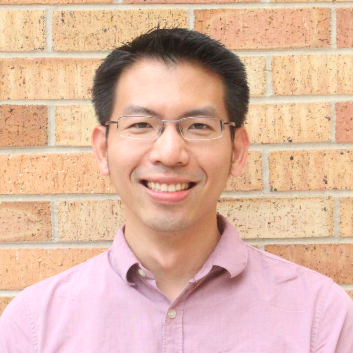
Title: Student, School of Medicine – Class of 2021
Institution: Texas Tech University Health Sciences Center
Email: jonathan.h.young@ttuhsc.edu
Jonathan Young, PhD is a second-year medical student at the Texas Tech University Health Sciences Center working on machine learning to predict balance instability in patients for the prevention of fall injuries. He is a member of an interdisciplinary team led by Donald Lie, PhD who is the Keh-Shew Lu Regents Chair and Professor in Electrical and Computer Engineering at Texas Tech University. Professor Lie heads the Radio-Frequency System-on-a-Chip (RF-SoC) Group working on medical electronics, biosensors and biosignal processing. The clinical research efforts are directed by Tam Nguyen, MD from the Department of Otolaryngology and Steven Zupancic, PhD, Au.D. from the Department of Speech and Hearing Sciences at the Texas Tech University Health Sciences Center. Dr. Nguyen's clinical interests are in cochlear implants and otological surgeries, and his research interests include smart wearable and wireless biosensors.
Joseph Young, Ph.D.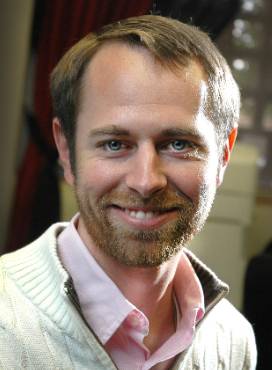
Title: Associate Professor of Turfgrass Science
Institution: Texas Tech University
Email: joey.young@ttu.edu
phone: 806-834-8457
Website: http://www.depts.ttu.edu/pss/ttuturf/index.php
Keywords: Landscapes, urban, water, sustainability
My research has focused on irrigation management in turfgrass systems, and I have desires to collaborate with others to determine how athletic field management and surface characteristics affect athlete health. An alternative research interest that I am seeking opportunities to expand my research activities to includes health and wellness benefits from plant-based essential oil extracts. Plant-based essential oil extracts have shown abilities to support various body systems and deter human or plant pests. Further studies on these benefits are warranted as a higher population seek natural health solutions.
Qingwang (Kevin) Yuan, Ph.D.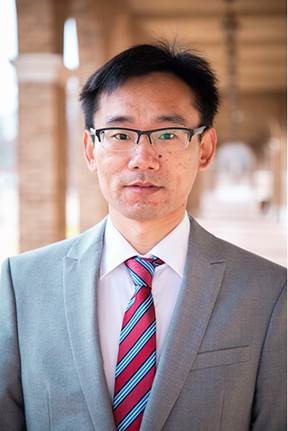
Title: Assistant Professor
Institution: Texas Tech University
Email: Qingwang.Yuan@ttu.edu
Phone: 806-834-4804
Website: https://www.depts.ttu.edu/pe/faculty/qingwang_yuan/index.php
Keywords: Oil recovery; Machine learning; Porous media; Fluid flows and transport; Partial
differential equations
My research is mainly focused on experimental and mathematical modeling of single and multiphase flows in porous media, hydrodynamic instabilities, enhanced oil recovery (solvent injection, CO2 flooding), CO2 sequestration, machine learning and its applications in oil recovery, and uncertainty analysis in basin and petroleum systems modeling. I am interested in collaborating in the following areas:
- Microfluidics experiments and fluid flows control
- Applications of nanoparticles and new advanced materials in enhanced oil recovery
- Machine learning and data analytics techniques
- Developing mathematical algorithms for solving partial differential equations (PDEs)
- Modeling of fluid (gas & liquid) flows in ANY porous media such as rock and human lung (and damaged lung due to diseases)
- Basin modeling in petroleum geoscience
~Z~
Fangyuan Zhang, Ph.D.
Title: Associate Professor of Statistics, Department of Mathematics and Statistics
Institution: Texas Tech University
Email: fangyuan.zhang@ttu.edu
Phone: 806-834-2587
Website:http://www.myweb.ttu.edu/fangzhan/
My primary research area is in biostatistics and statistical genetics, including developing parametric and nonparametric statistical methods to detect genetic and epigenetic effects under different study designs, and testing for association in a heterogeneous sample and its application on tumor clustering based on gene signatures. I have extensive expertise and training for working with data, including data cleaning, coding, modeling, analysis, and interpretation. I am interested in collaborating in genetic/biological/medical/health data analysis.
Kai Zhang, Ph.D.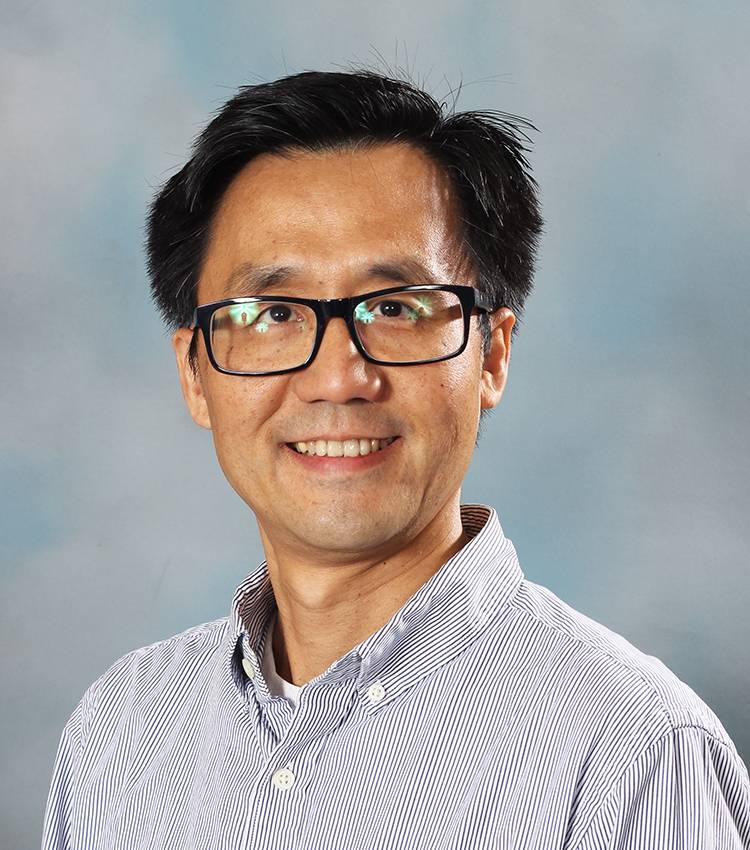
Title: Professor
Institution: Texas Tech University
Email:kai.zhang@ttu.edu
Phone: 806-834-0550
Website:http://www.depts.ttu.edu/biology/people/Faculty/ZhangKai/
Keywords: Leishmania, virulence, immunity, lipids, biochemistry
My group is interested in roles of lipid metabolism (sterols, sphingolipids and phospholipids) in Leishmania growth, differentiation and virulence. We have expertise in the molecular biology (generating knockouts and other transgenics), cell biology (microscopy, flow cytometry), biochemistry (enzyme assays and lipidomics) and virulence studies (murine model) in Leishmania parasites. We look forward to collaborative opportunities with colleagues that have expertise in host immune response, enzyme purification, membrane biophysics, metabolomics, drug development and vector biology.
Julie Zook, M.Arch., Ph.D.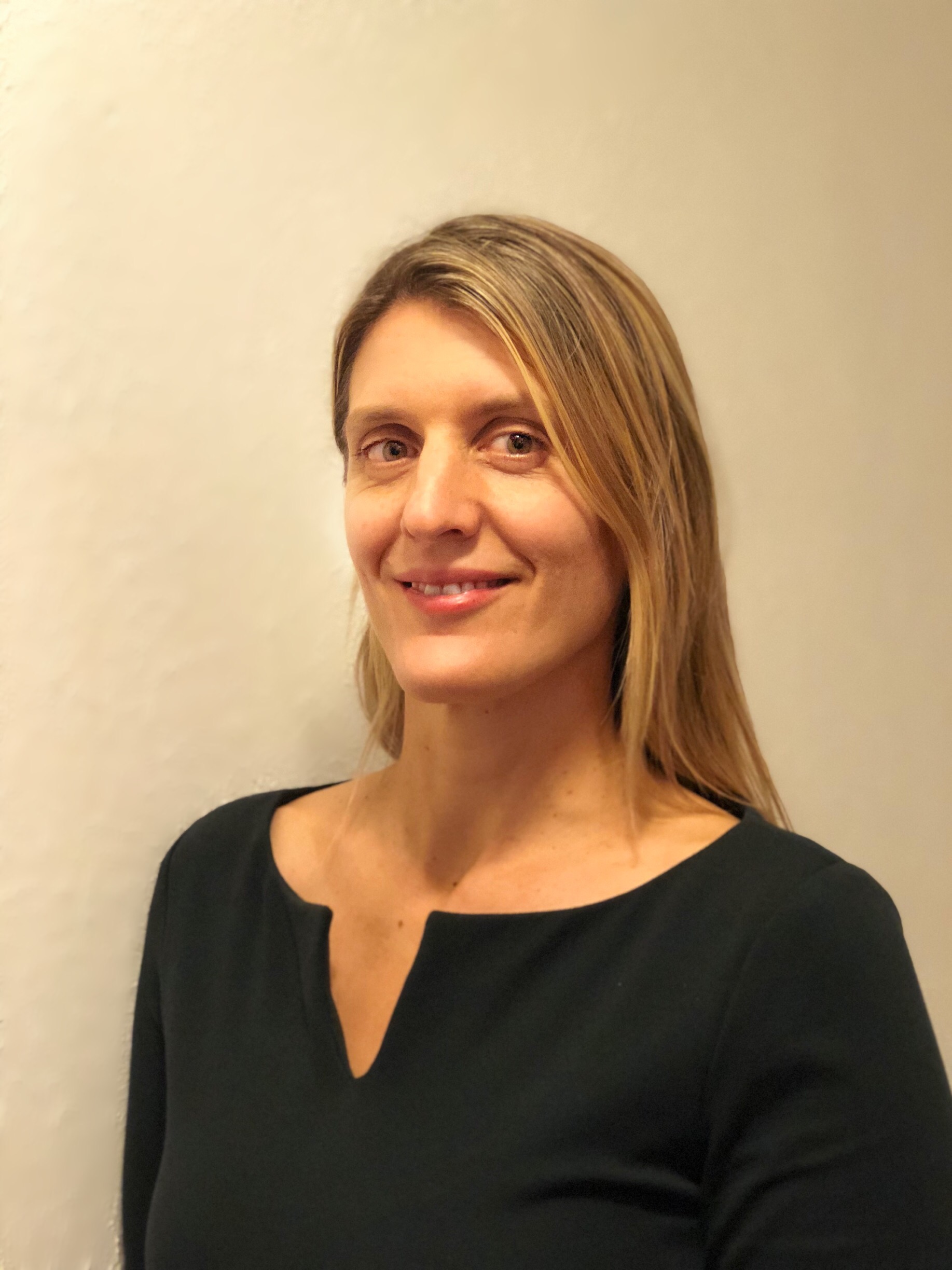
Title: Assistant Professor, College of Architecture
Institution: Texas Tech University
Email:julie.zook@ttu.edu
Phone: 806-834-0699
My research builds correlative models between the design of the physical environment and process and outcome variables in health and healthcare. Using fine-grained, quantitative descriptions of the physical environment, my research on health spans from building interiors to the urban and territorial scale. A recent multiple case study with an industry partner developed correlations between interior spatial attributes and staff-perceived design support for teamwork and time at patient bedside. At the urban scale, I have assessed how land uses and the design of the street network impact walking prevalence as part of a CDC-funded project. In addition to building on these existing lines, I am interested in future work that studies and develops new models for built infrastructure aimed at promoting and restoring health in rural settings.
Office of Research & Innovation
-
Address
Texas Tech University, 2500 Broadway, Box 41075 Lubbock, TX 79409 -
Phone
806.742.3905 -
Email
vpr.communications@ttu.edu


